Tackling Data Exclusion:
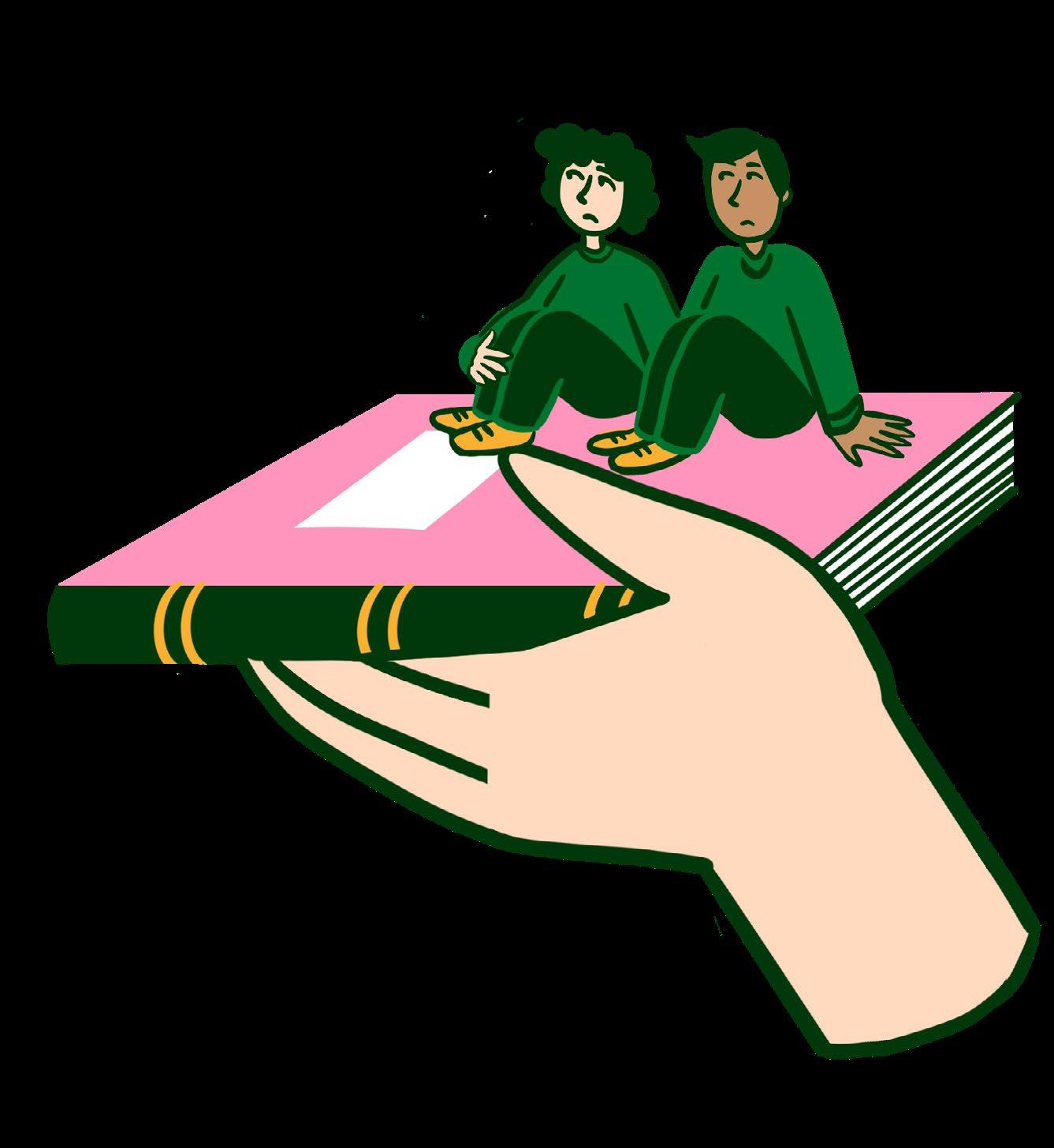
Building better data infrastructure to understand the needs of children and young people from the Gypsy, Traveller and Roma Communities
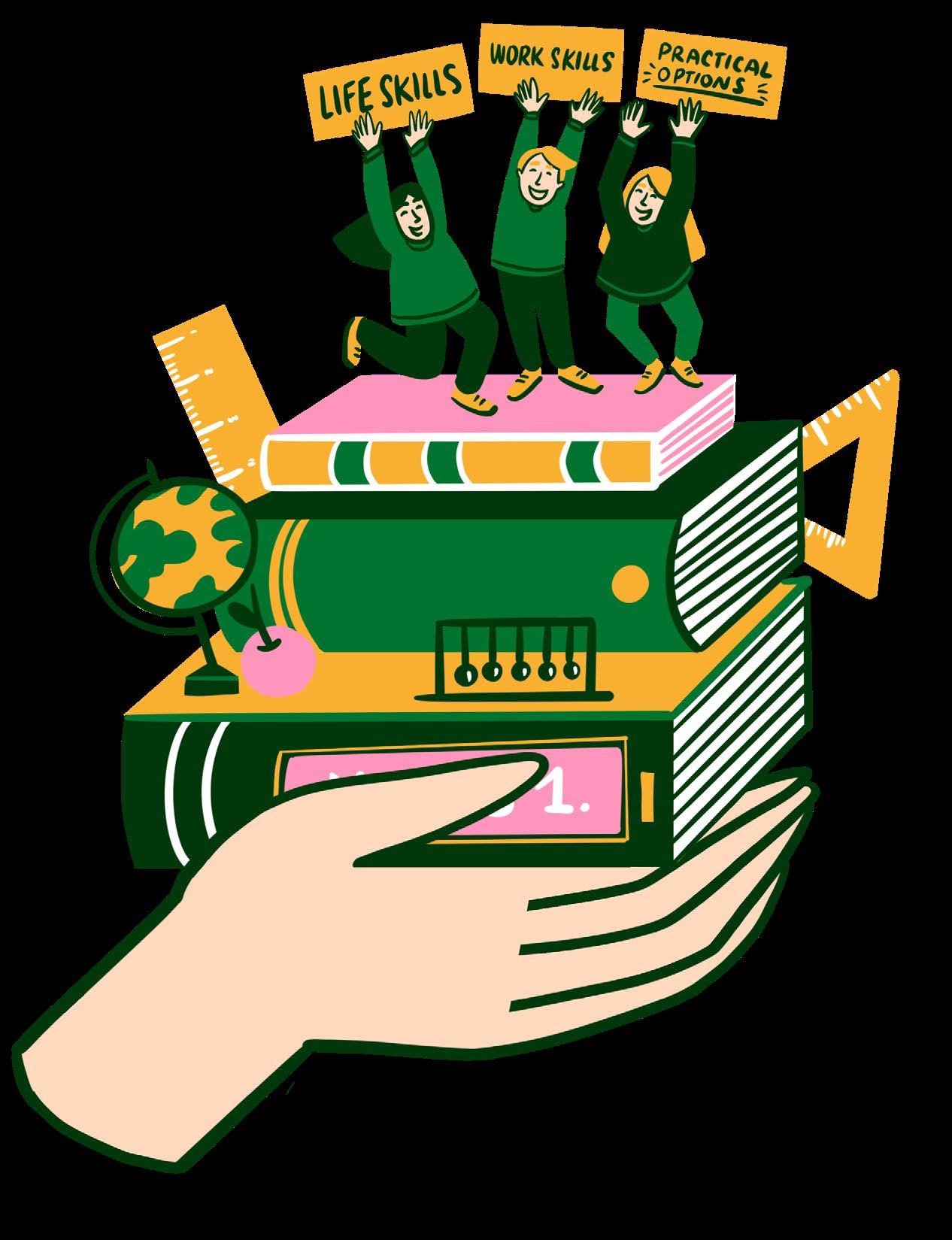
The pandemic has shown that we need inclusive data to improve the lives and outcomes of EVERYONE who lives in our country.
BUT, thousands of children from Gypsy, TravelLer and Roma communities are frequently missing from or invisible within data and evidence, affecting the support they receive for their education, employment and health.
Recent research from the Centre for Analysis of Social Exclusion (CASE) at the London School of Economics Uses the new Growing Up in England (GUiE) linked dataset of over 7 million children that connects educational records to census records providing better understanding of the needs and experiences of children and young people from the communities.
This means that there’s new and better data that tells us about the lives, experiences and needs of Gypsy, TraveLler and Roma children and young people, so they can be supported to progress in education or to find employment.
The Researchers also ran engagement workshopsco-organised with national charity Friends, Families & Travellers - with Gypsy, Traveller and Roma young people and their families to find out about their experiences.
This info-comic brings the engagement workshop research findings to life so that we can improve data exclusion and ensure Gypsy, Traveller and Roma children and young people get the best education and training possible, to prepare them for adult and work life.
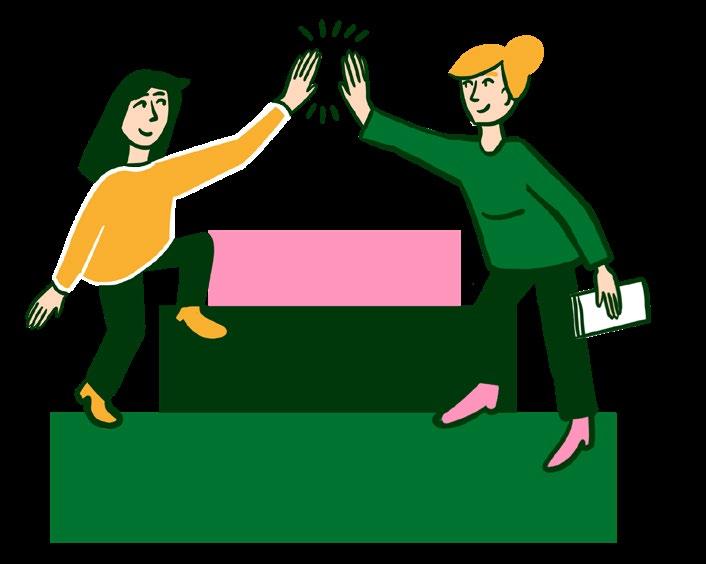

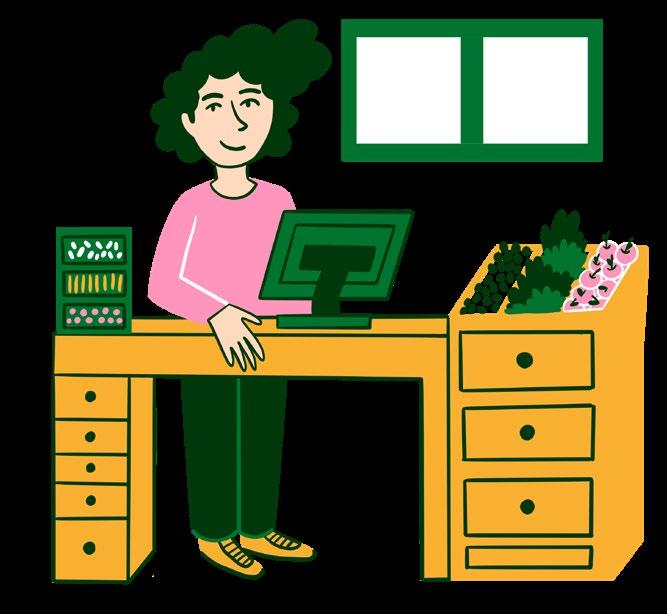
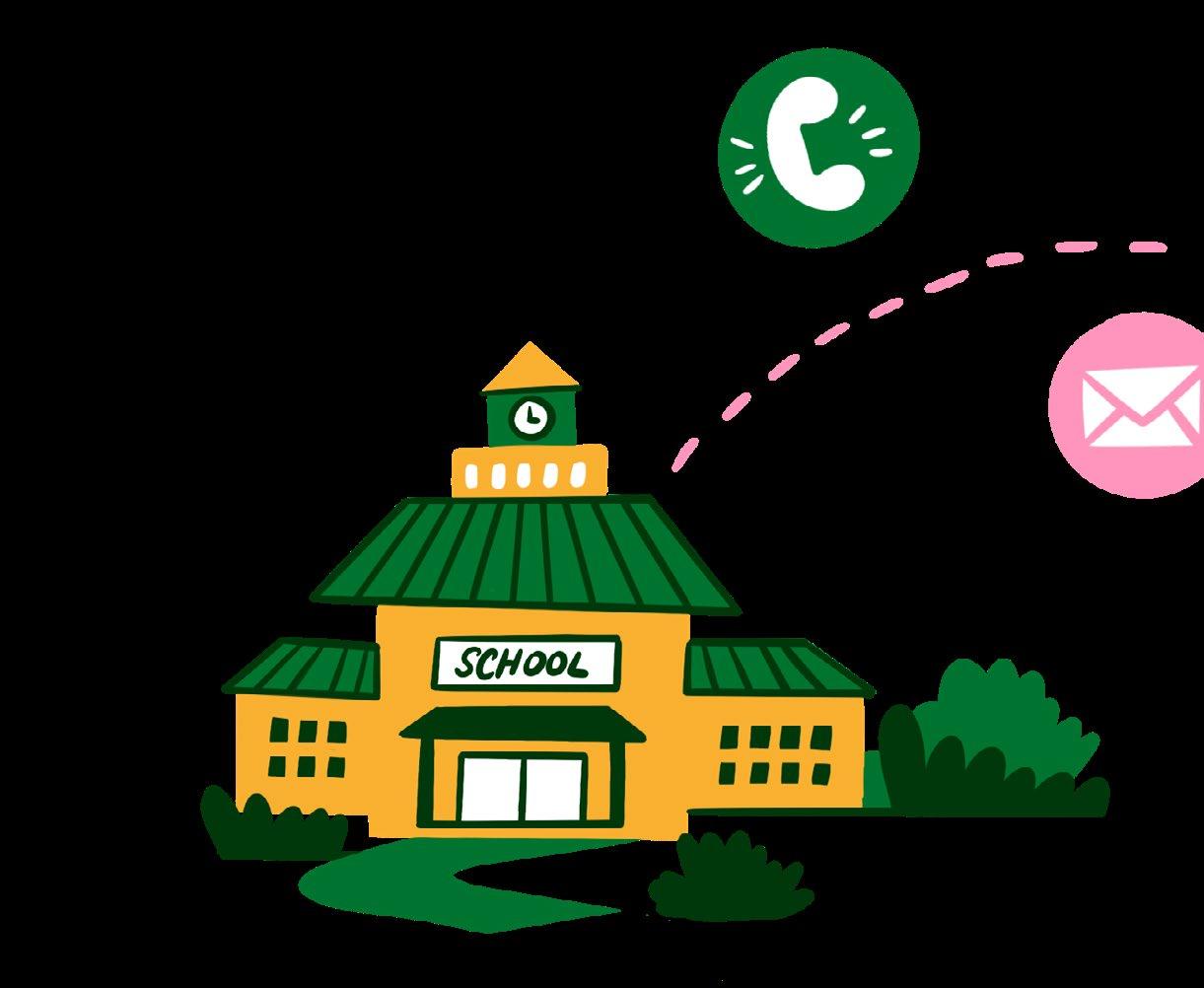
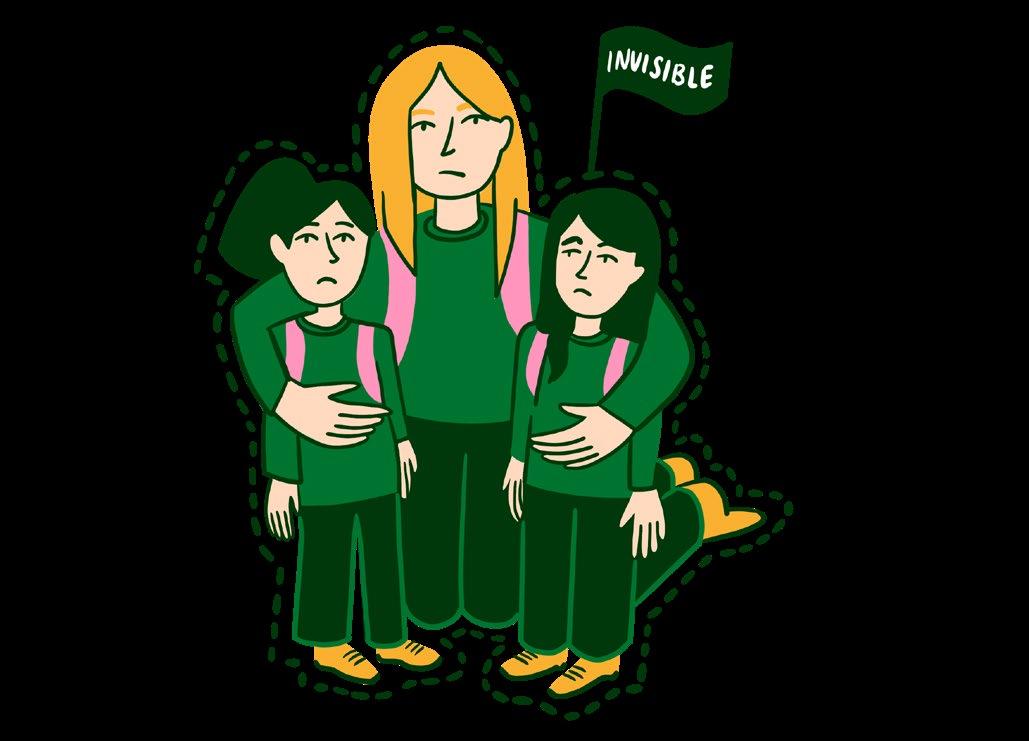
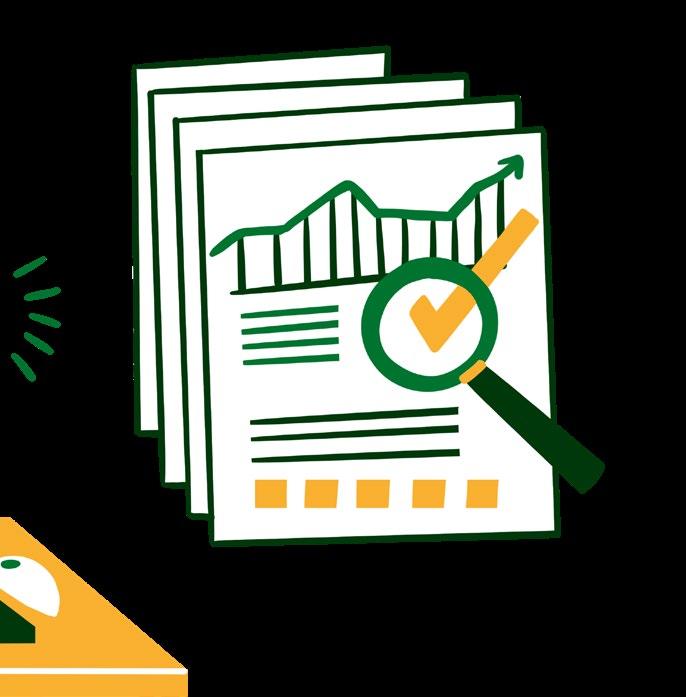
Introduction
How we ran the engagement workshops
1. Through the FFT outreach team networks, we recruited young people aged 14-29 and their broader family groups to attend
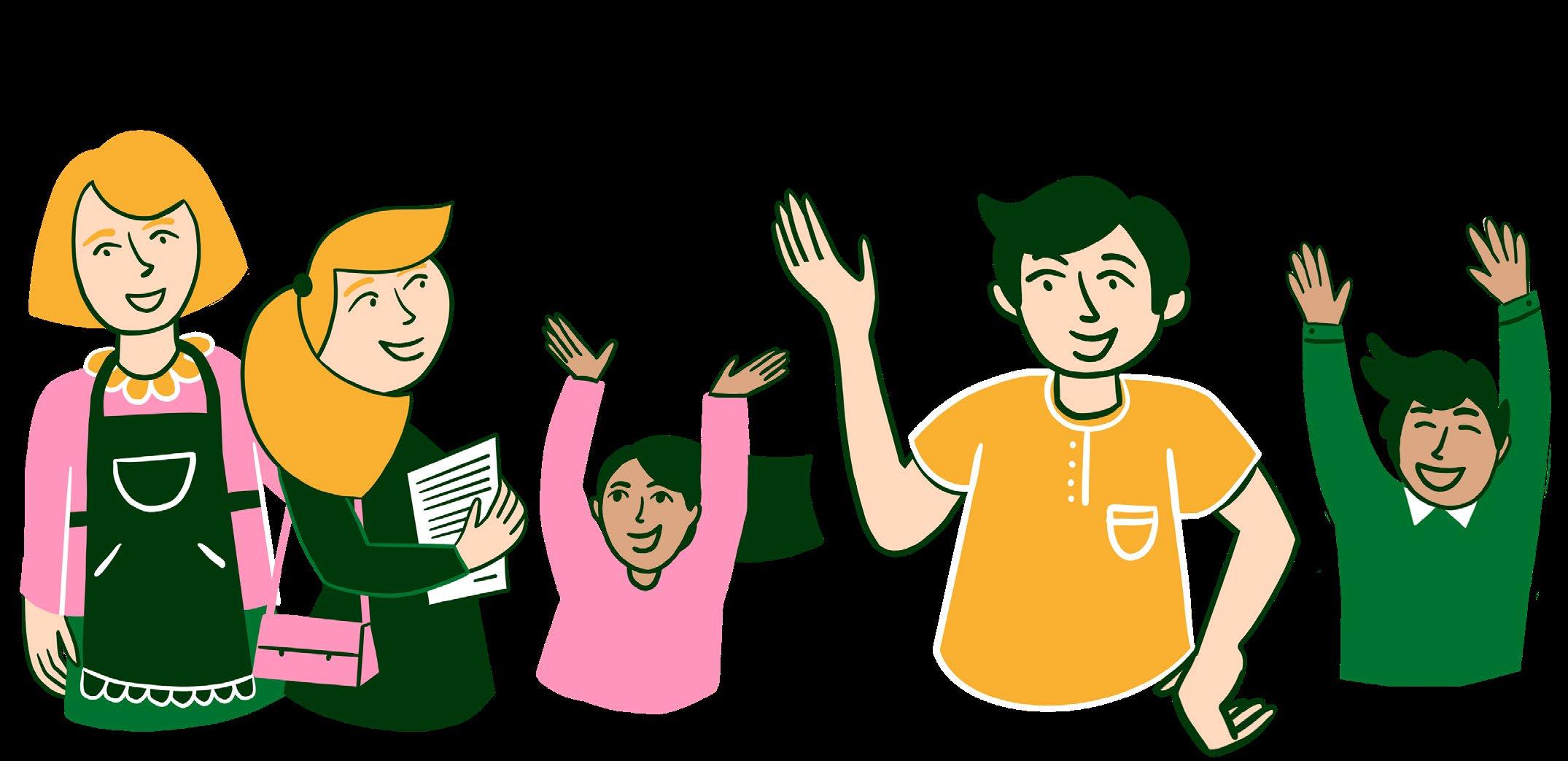
2. In total, 23 participants attended two in person workshops - At the first workshop, participant backgrounds were six Romany Gypsies and three Travellers. At the second workshop, participant backgrounds were 11 Travellers, one Romany Gypsy and two Roma.
3. Before the workshops began, participants were reminded of what would happen at the workshops and we paused to provide time for questions and for individuals to provide informed consent. For under 18s, consent from both parents/guardians and the young people themselves was obtained.
4. The workshops were facilitated by experience FFT staff. The workshops were audio-recorded and detailed notes were taken on the day.
5. We asked participants three key questions at the workshops:
• What are your experiences of the education system (both in school & at home) and what went well/not so well?
• How do you feel about public services like schools and hospitals recording Gypsy, Traveller, and Roma identity data?
• Do you feel comfortable revealing your identities at school and in other environments (like work), and what has your experience been of doing this?
Findings
from the Engagement Workshops with Young People and their Families
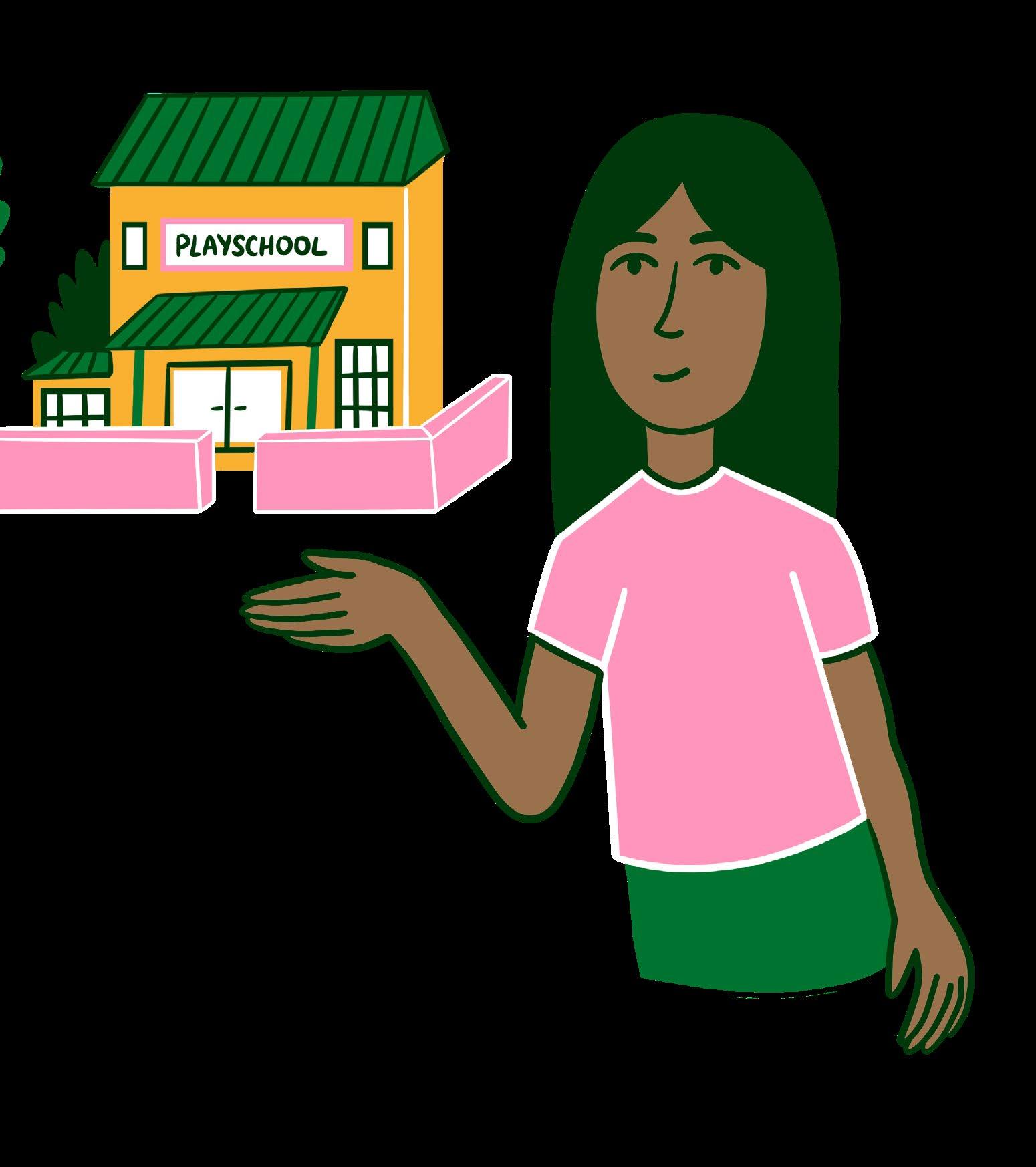
Worse Experiences of Education Linked to Identity
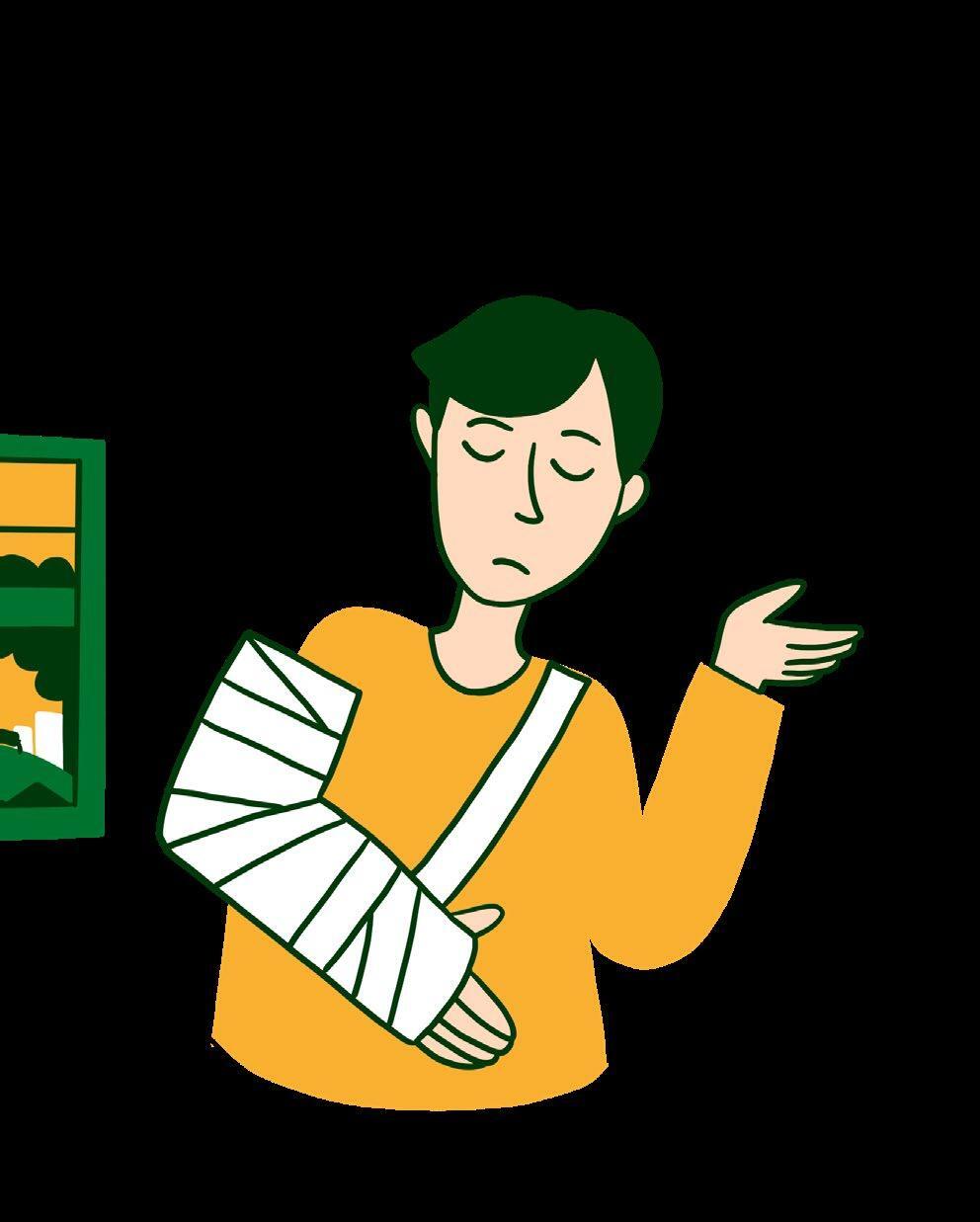

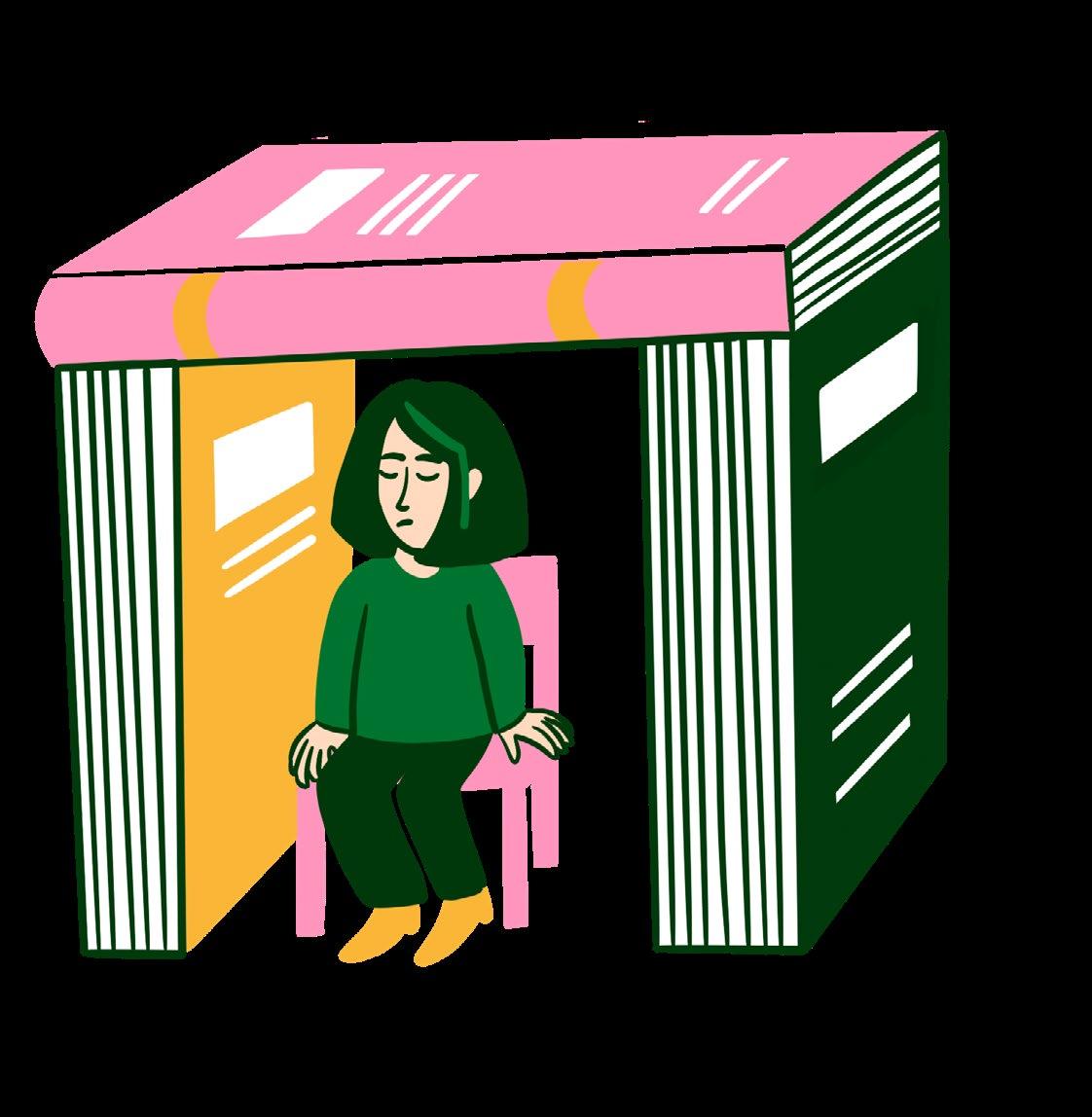
We learnt that most participants – young people as well as parents, carers and siblings - felt that they have worse educational experiences because of their identity.
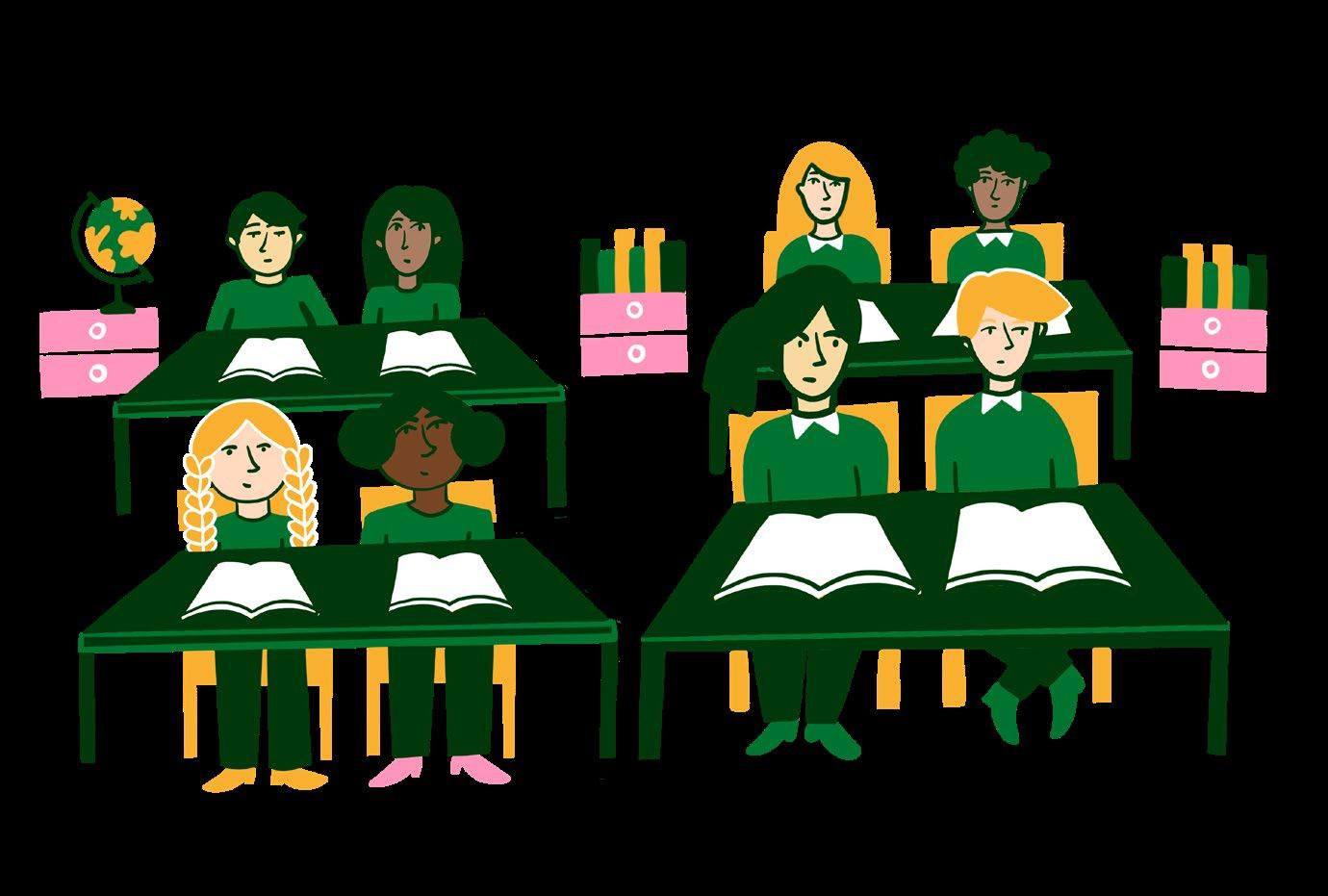
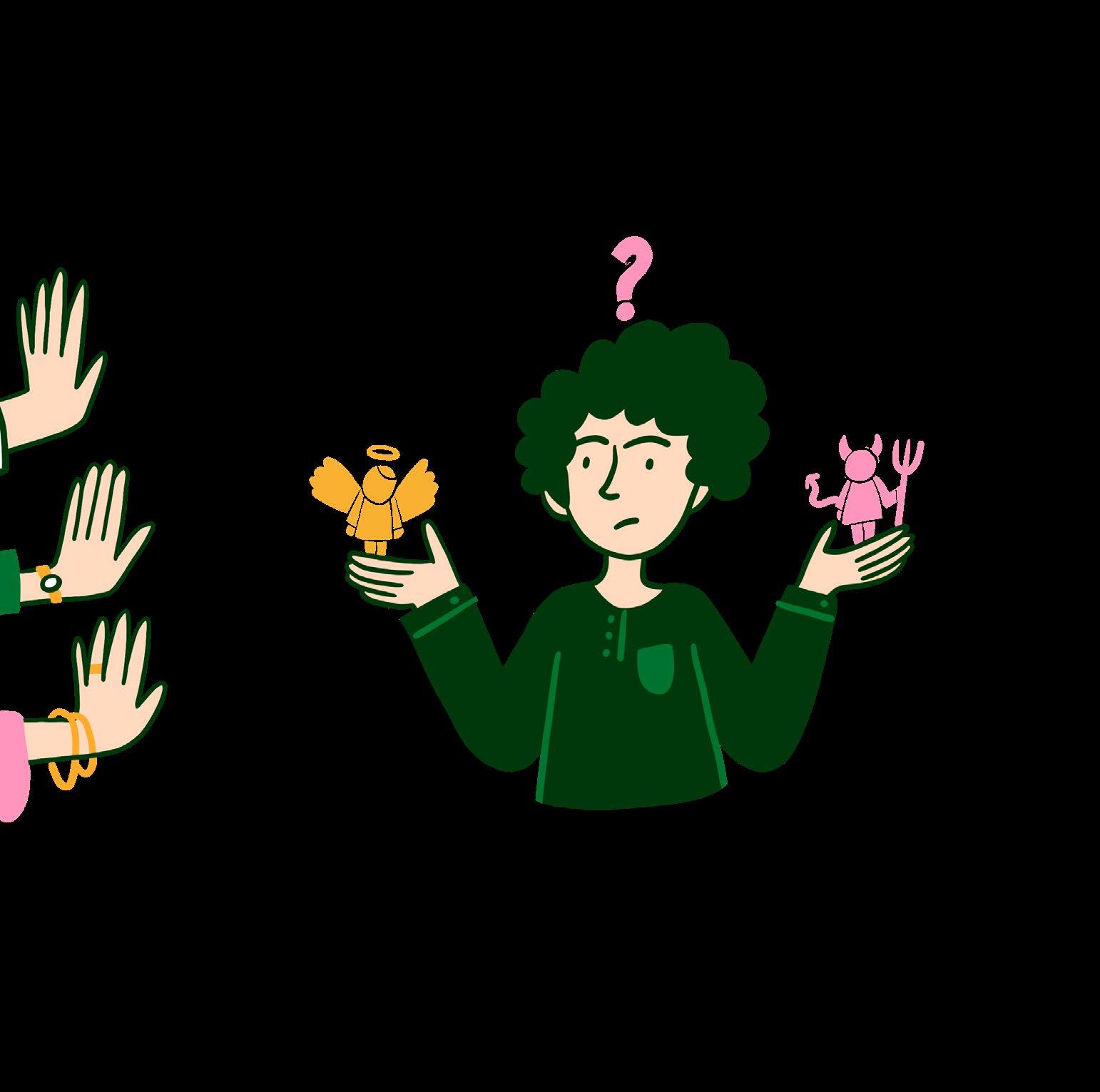
LACK OF RESPECT, HOSTILE
I got in a fight because I got called a p*key ... I got the isolation and all that and he didn’t ...
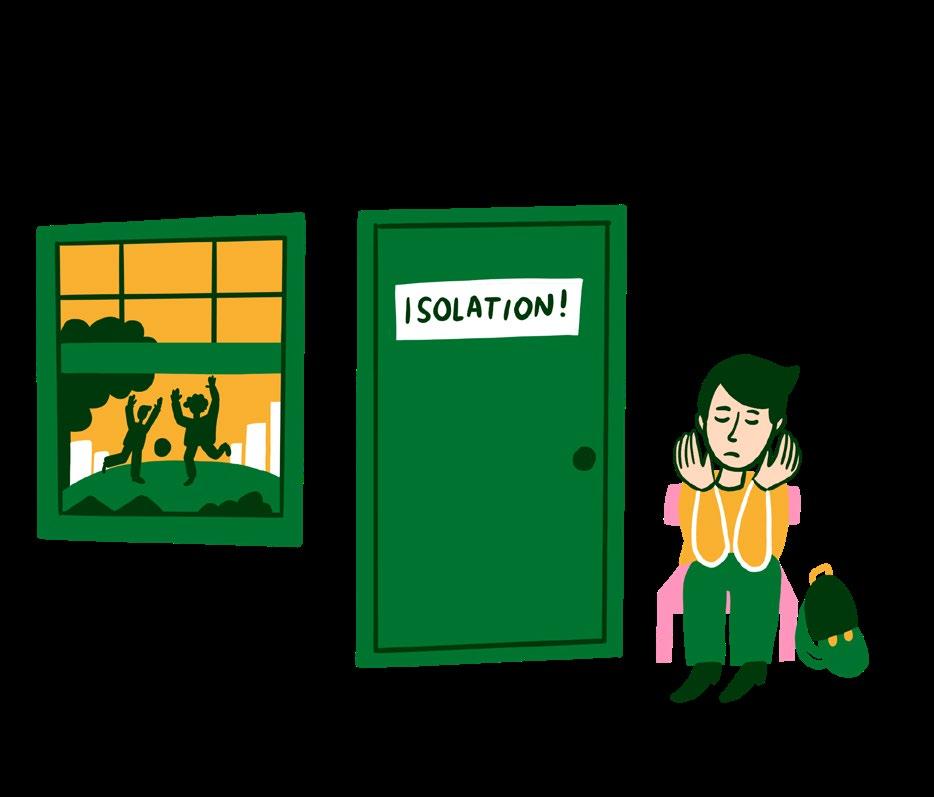
She got excluded from school because some mean girls were bullying her little sister … we told the teachers and they didn’t do anything ...
PUNISHMENT, EXCLUSION & ISOLATION


they had to sit in isolation … you just have to sit there for a week ….
the school is aware that she has ADHD and everything …. so there were two weeks of nothing …
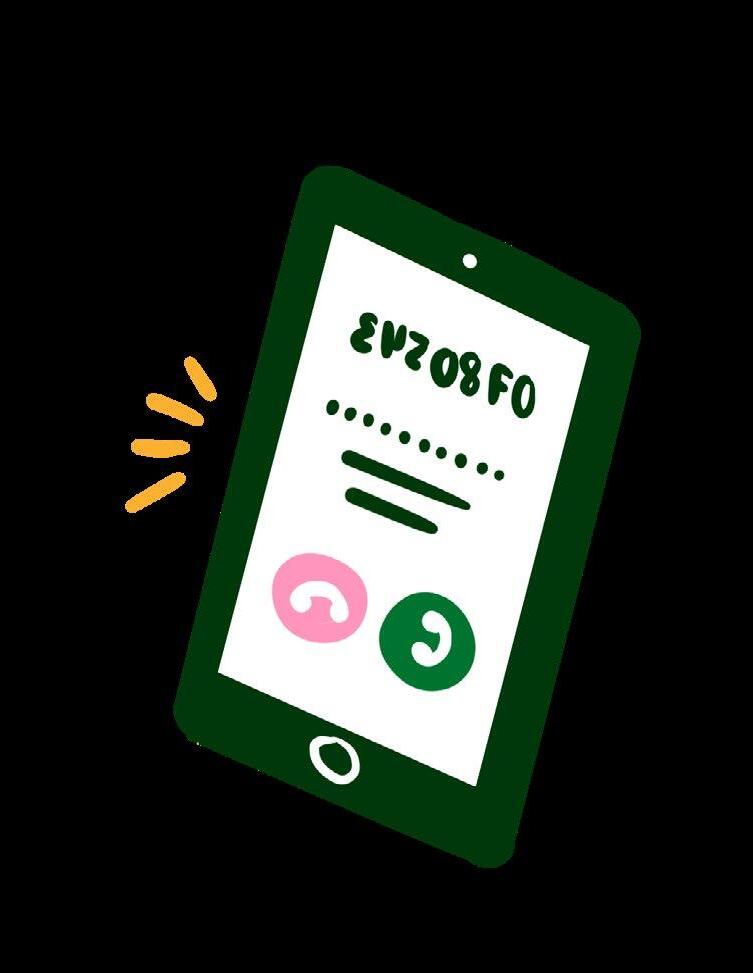
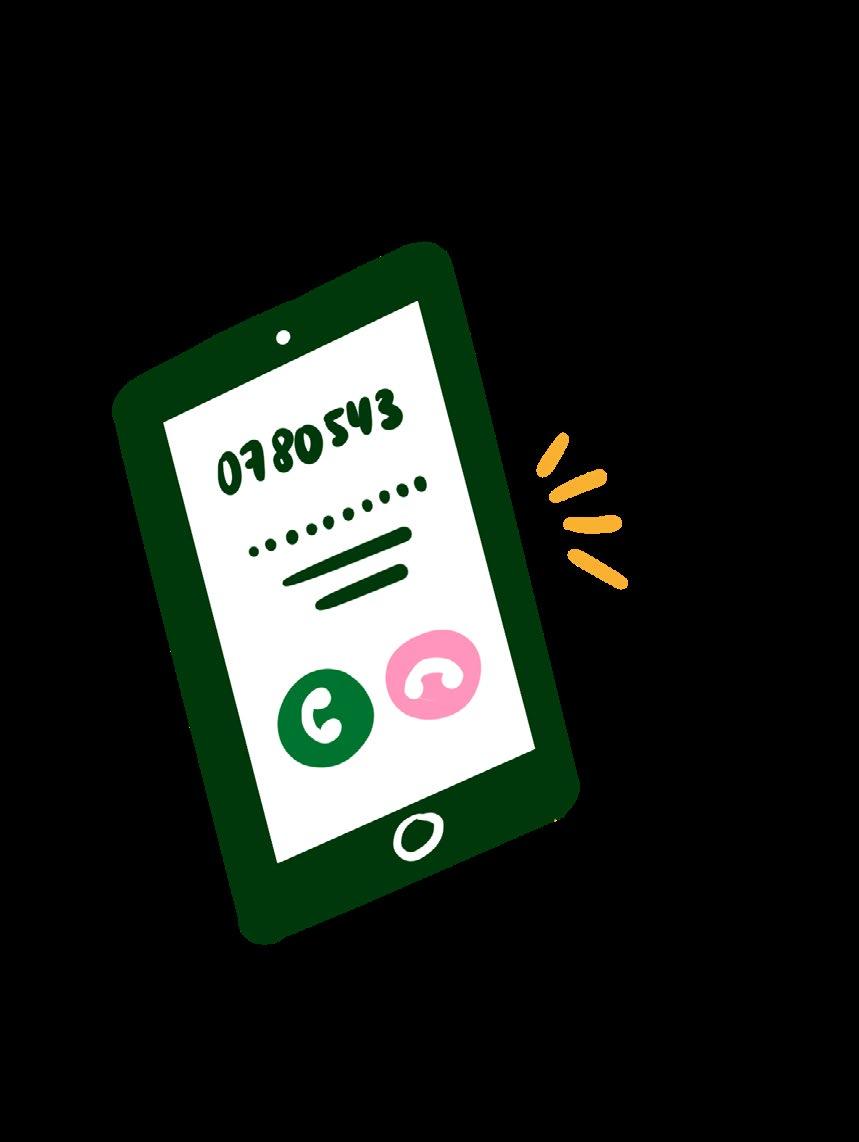
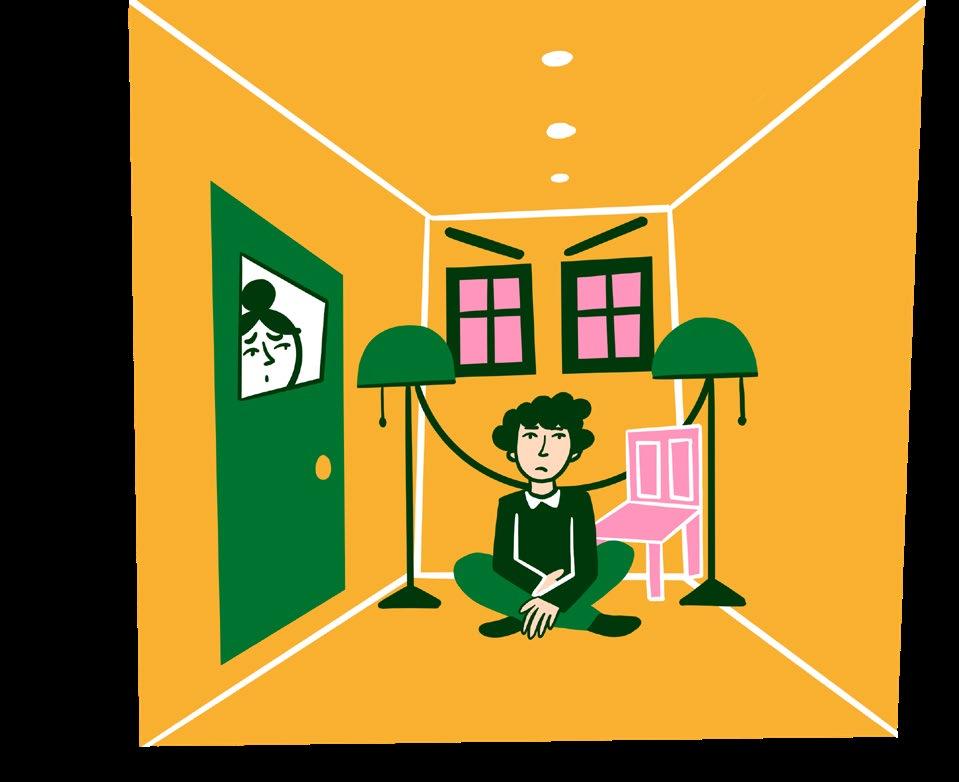
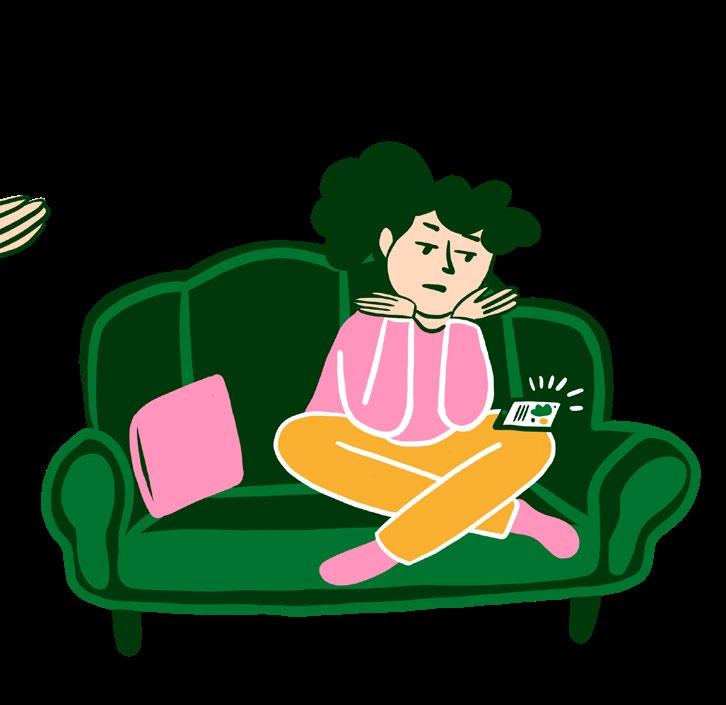
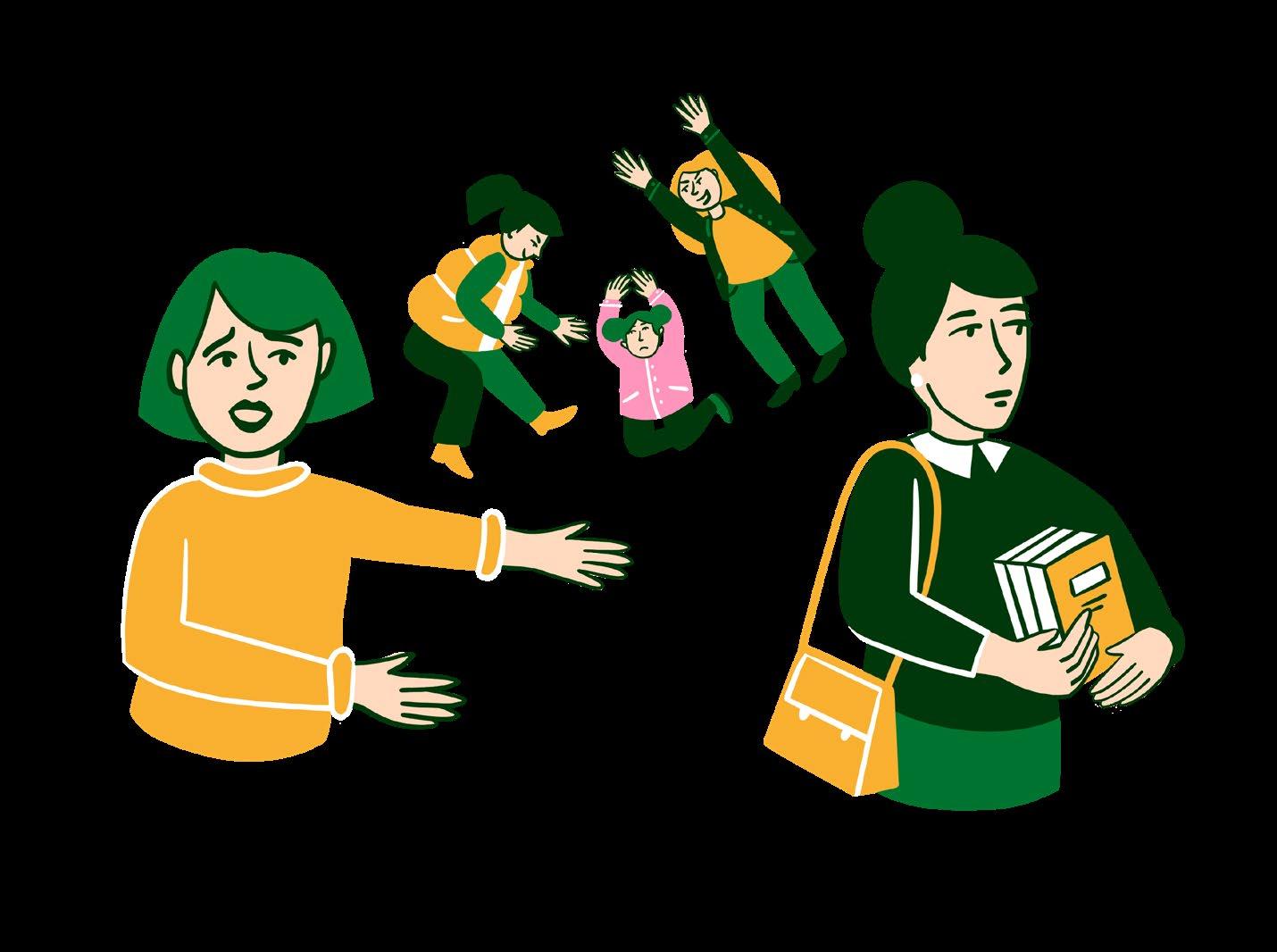
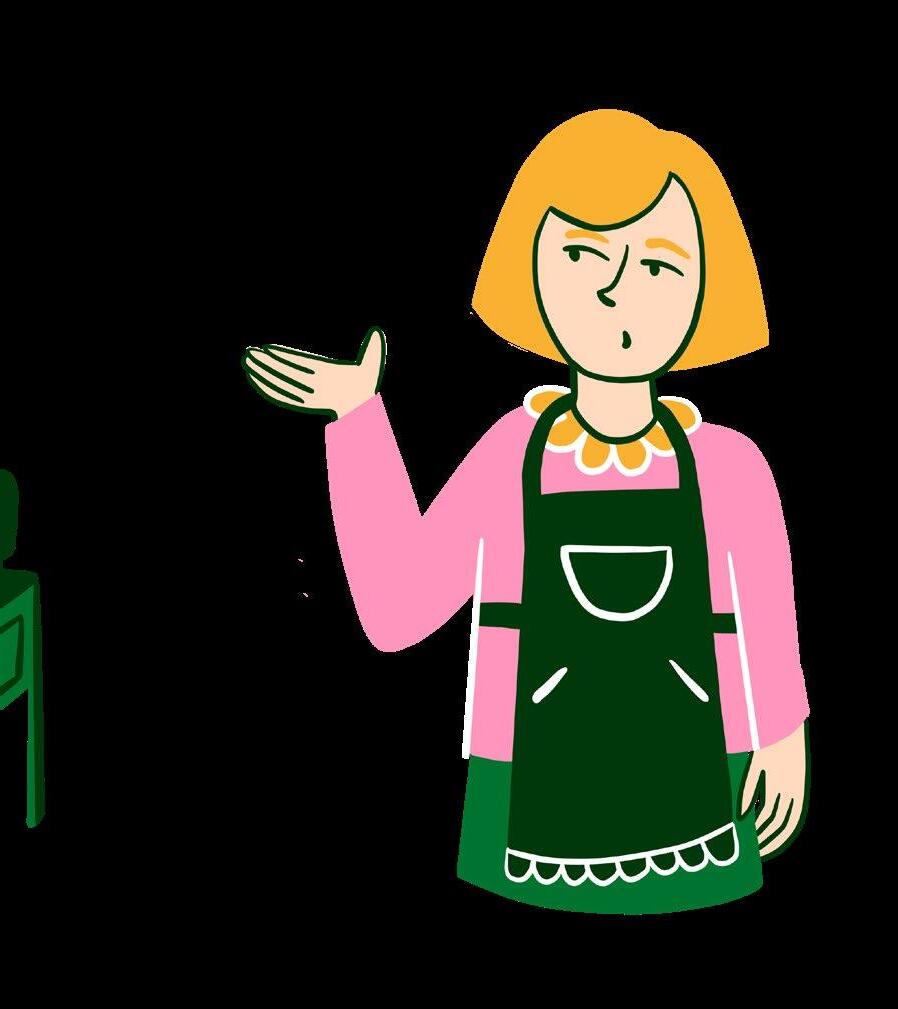
They excluded her for a week …. she had to stay home … they didn’t give her anything to do …
where is the help for my daughter with her
ADHD???
theWhereiswithchildrenforhelp ADHD?
PARENTS & CARERS RECOLLECTIONS OF THEIR OWN EXPERIENCES AT SCHOOL
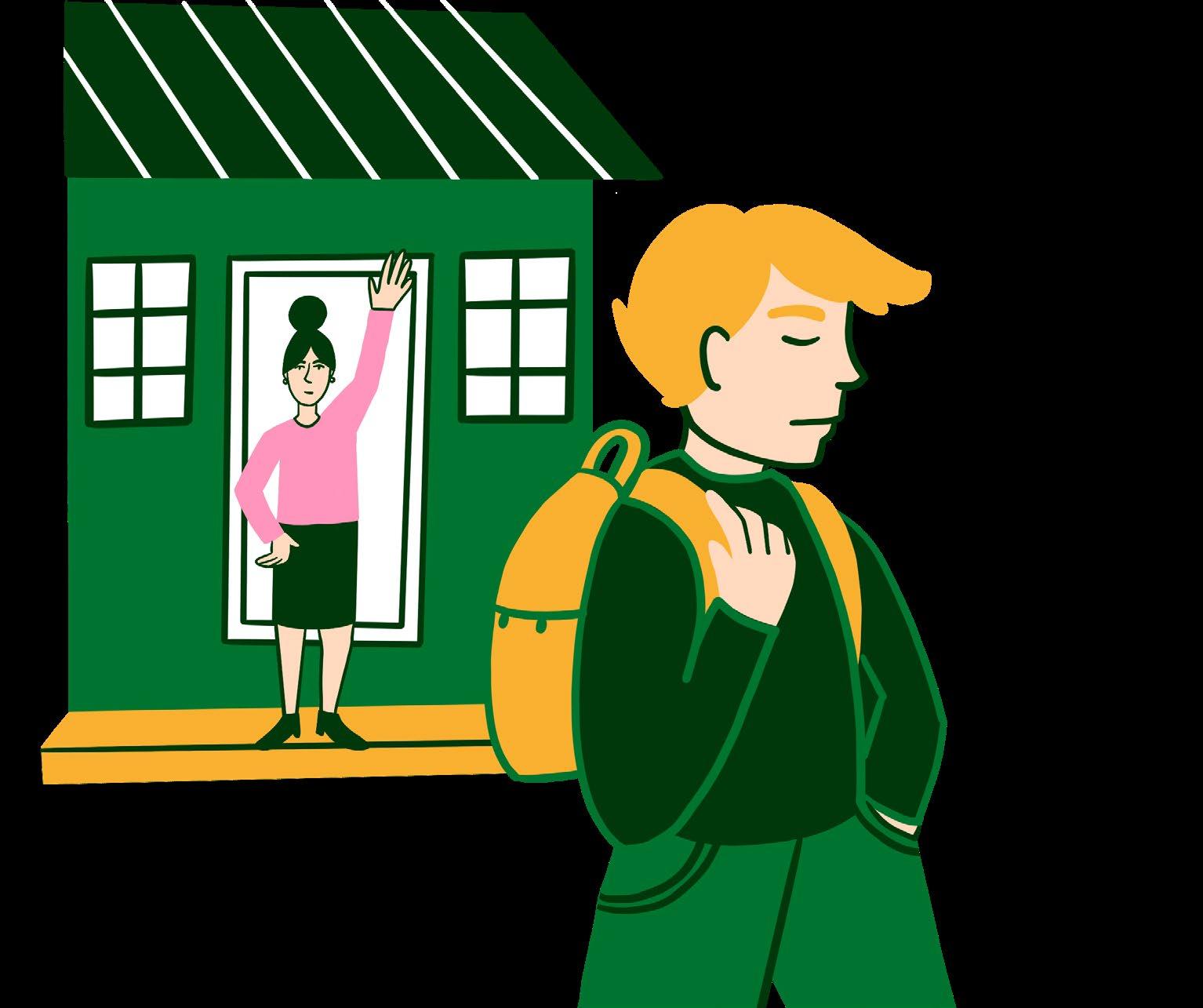
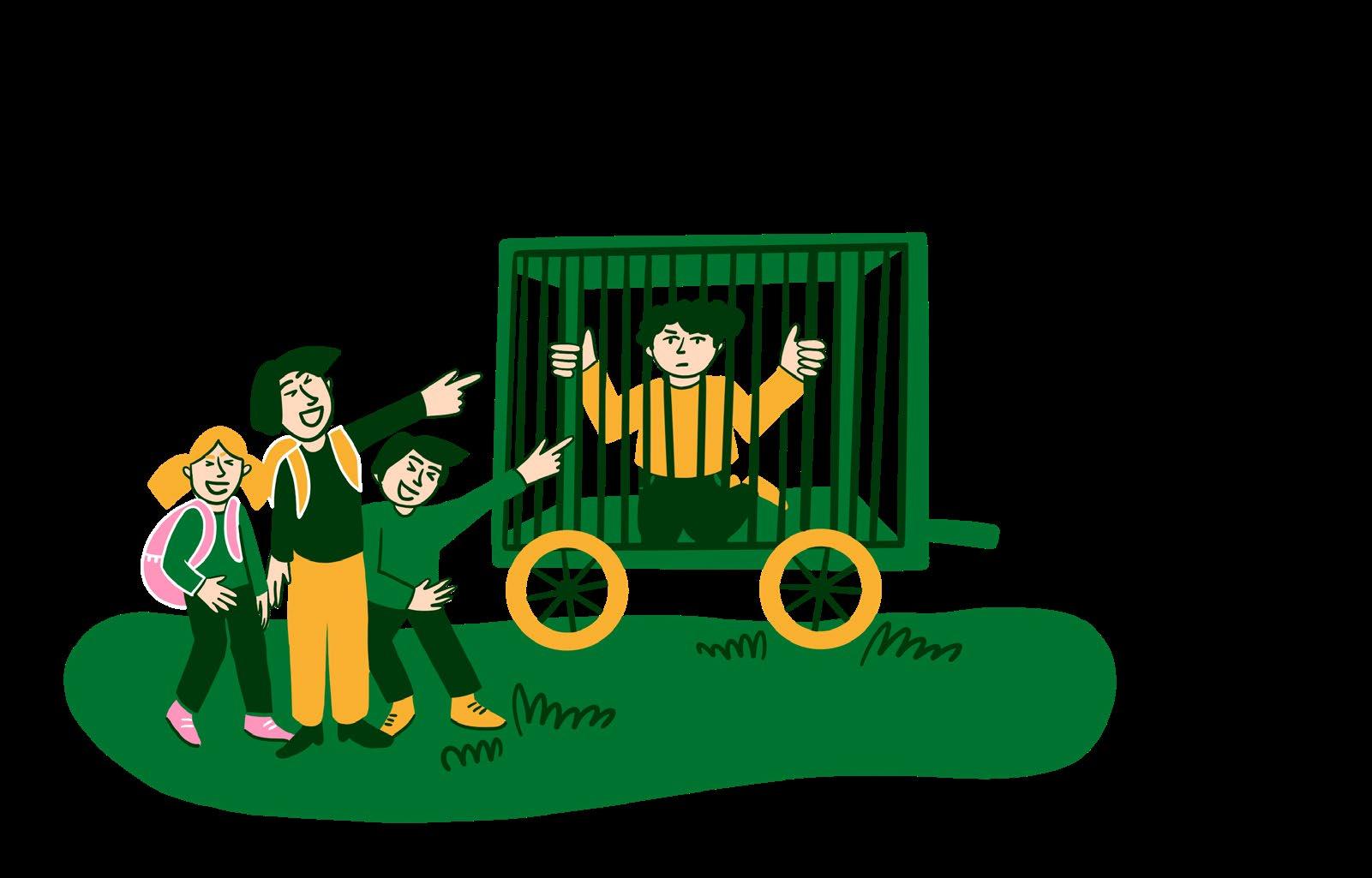
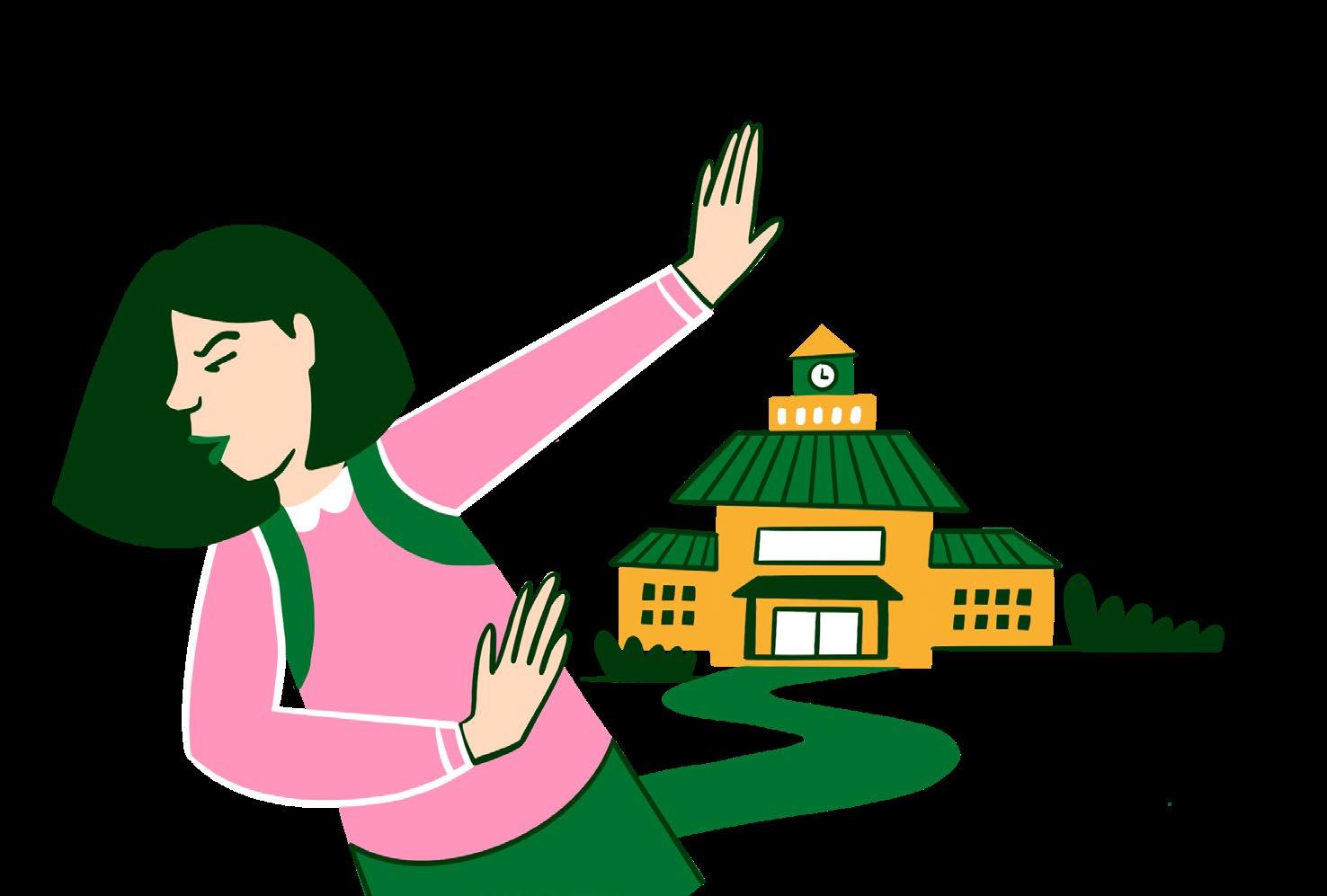
[T]he whole five years I was there was - well - it was living hell, cause everyone knew … everyday it was p*key, caravan on wheels … house on wheels …
I only went because me Mum made me … just because me Mum told me to go”
[parent/carer/ member of family group]
I couldn’t bear school … hated it,
CONCERNS ABOUT LACK OF SUPPORT FOR CHILDREN & YOUNG PEOPLE WITH SPECIAL EDUCATIONAL NEEDS & DISABILITIES
He can’t sit in a classroom … he wants to be active … … he can’t cope with noises and being still … [there’s] noise hollering and you have to sit there from 8.30 to 3 …
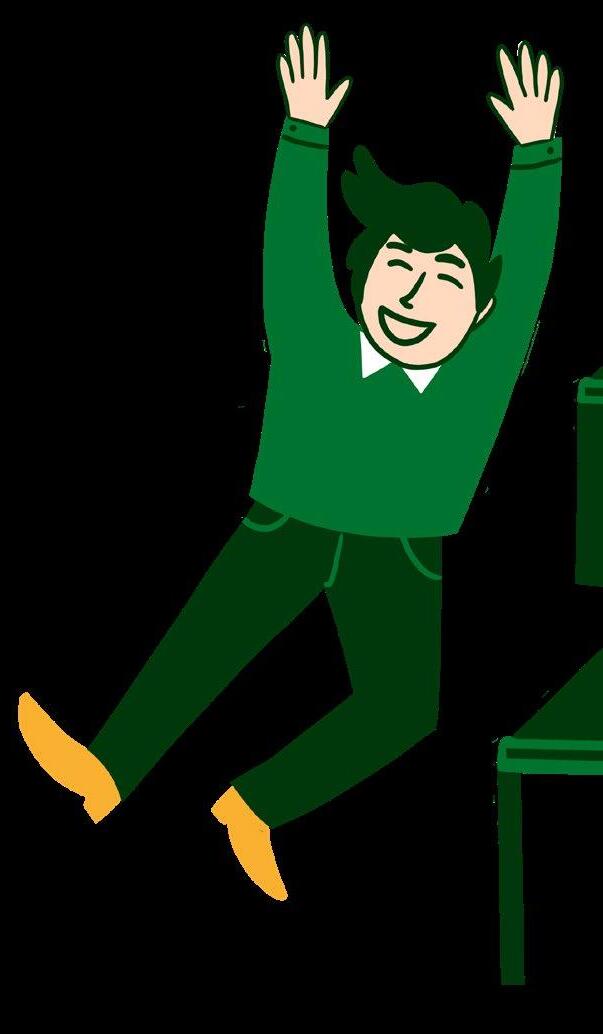
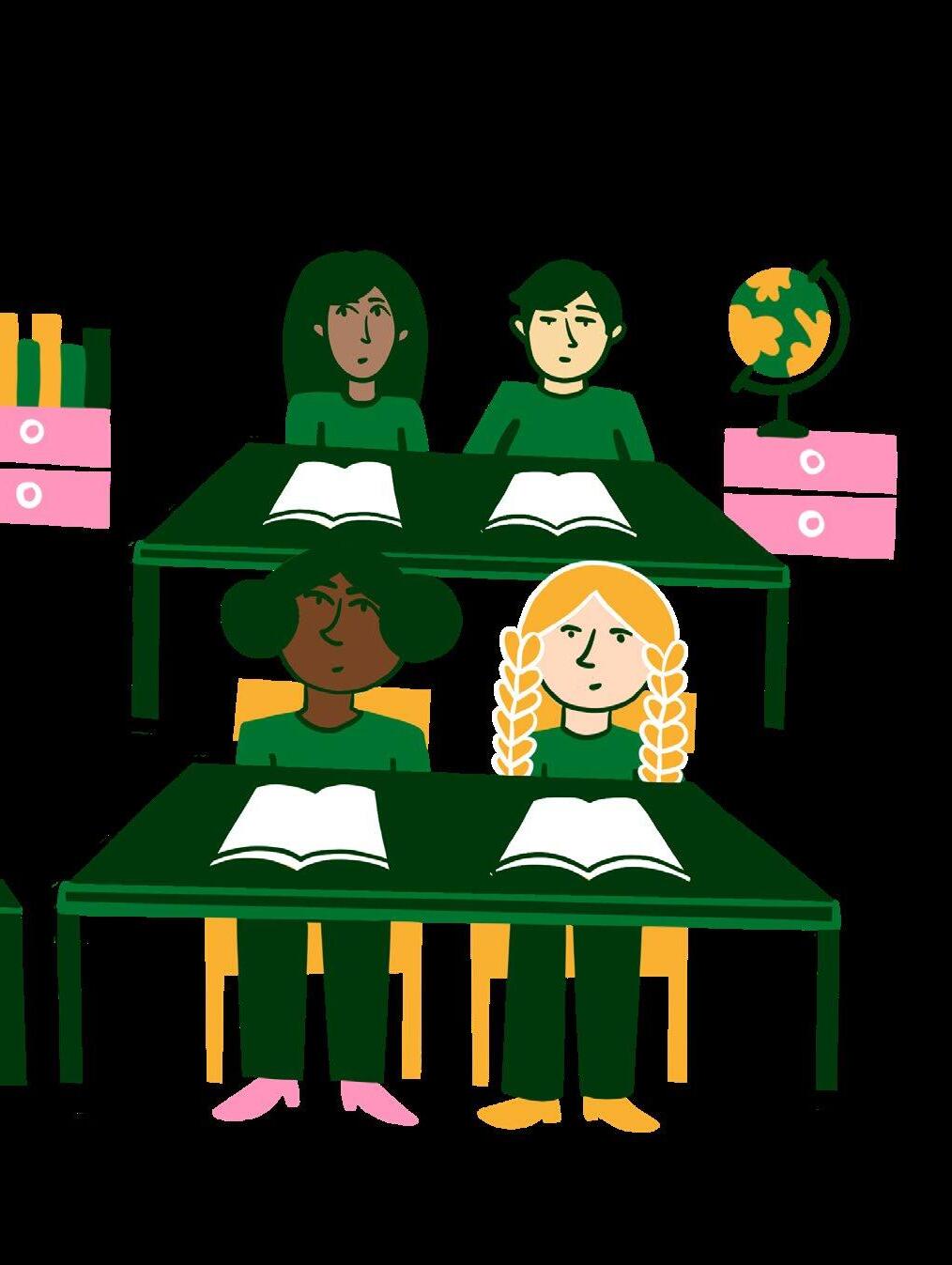
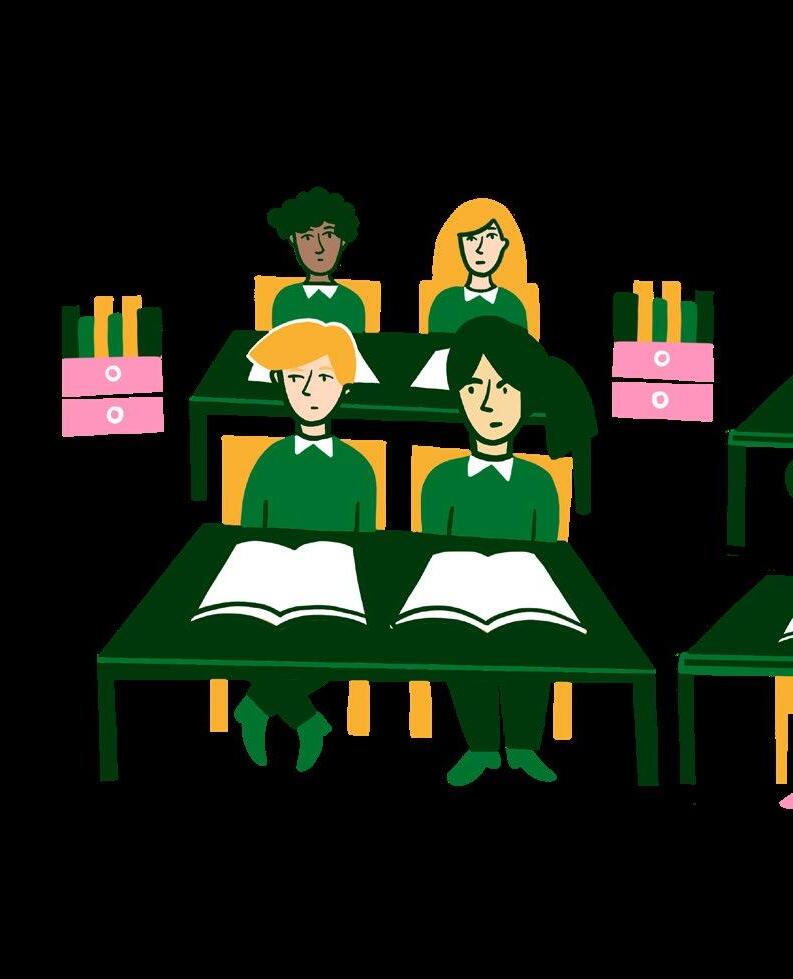
But in September changed it … he doesn’t have that any more … now it’s going to go back to square one … he’s not going to learn because he’s stuck in the classroom again … but the other teacher she realised if you take him in the playground or the big field they’ve got he’s going to learn, he’s going to do it…
At school he used to have one of them learning assistants … she used to get chalk [and] take him on the playground .. and put the spellings that he needed on the floor … he was loving it …
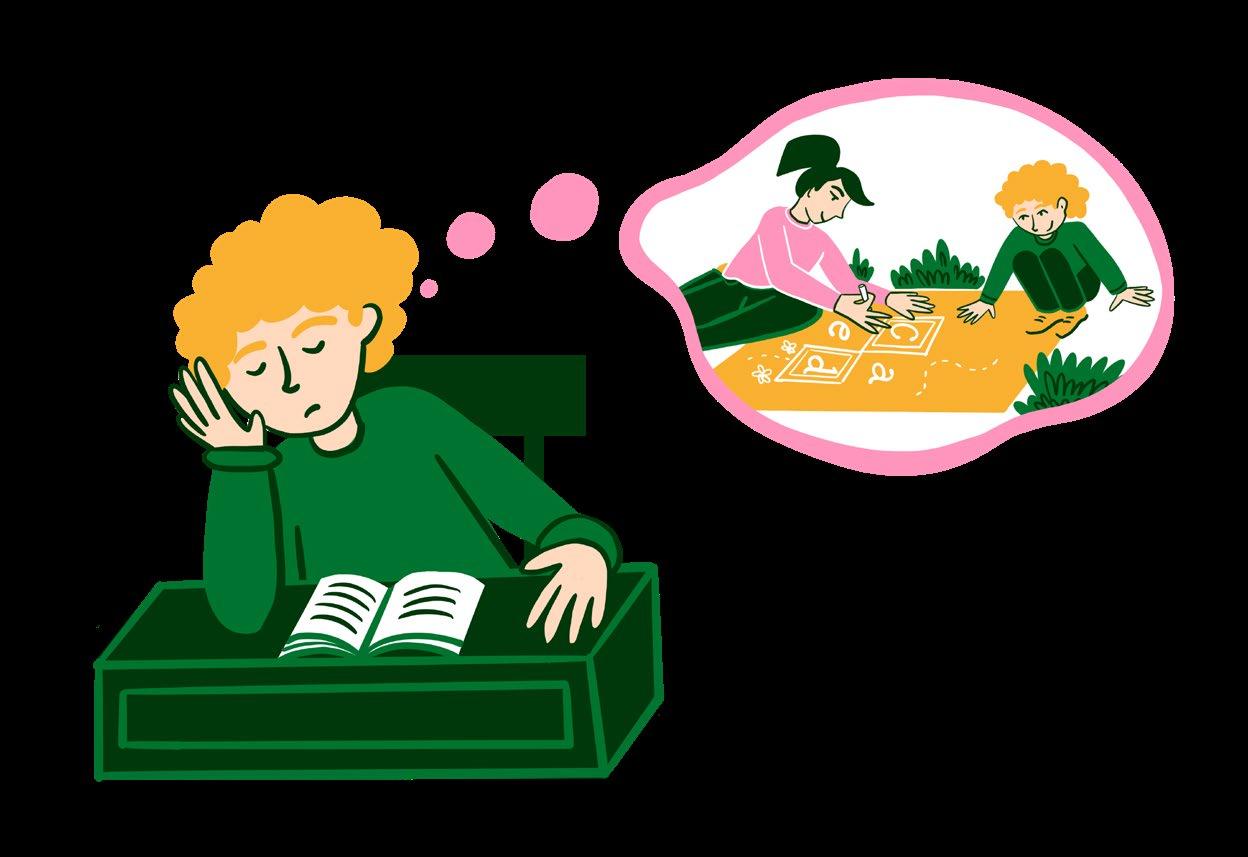
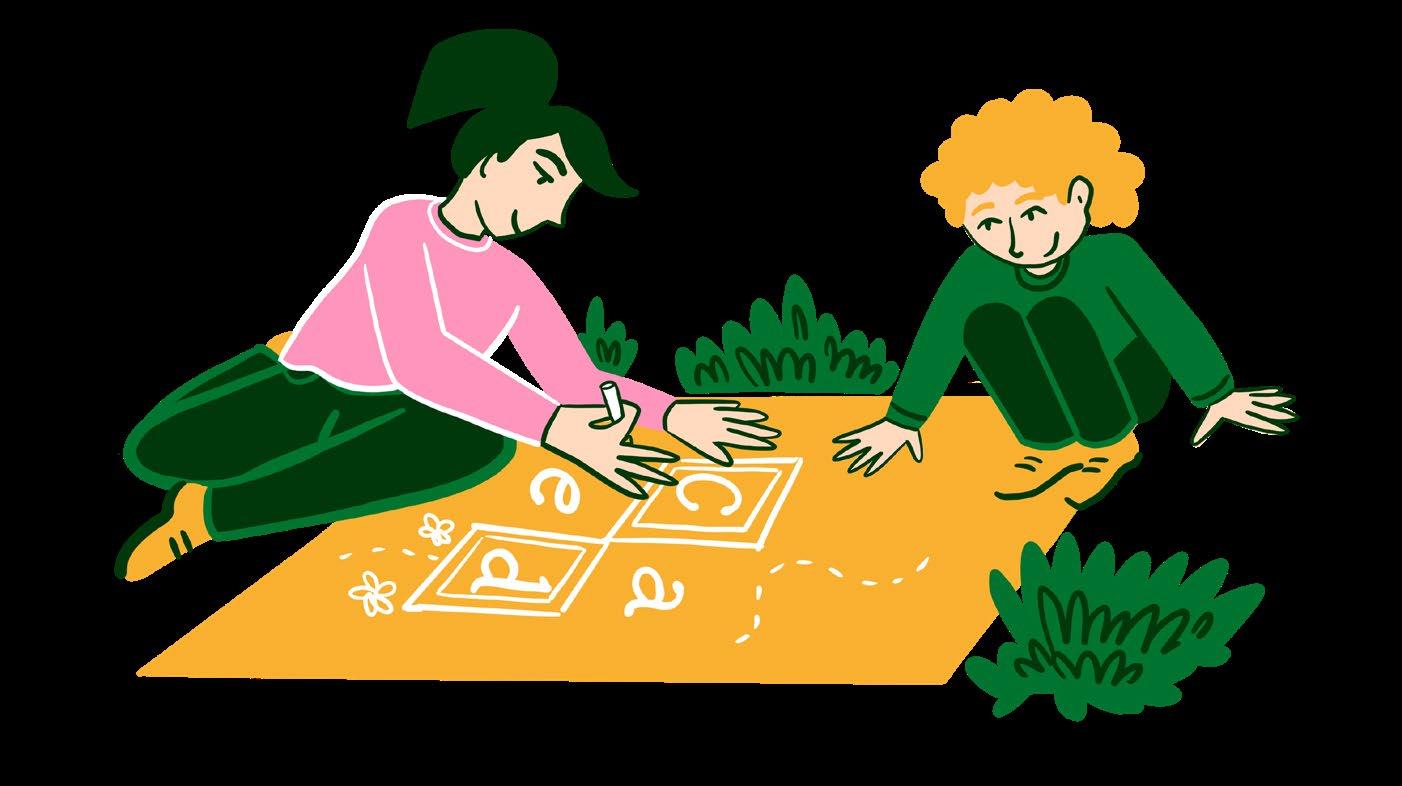
Relationships, Trust & Cultural Awareness

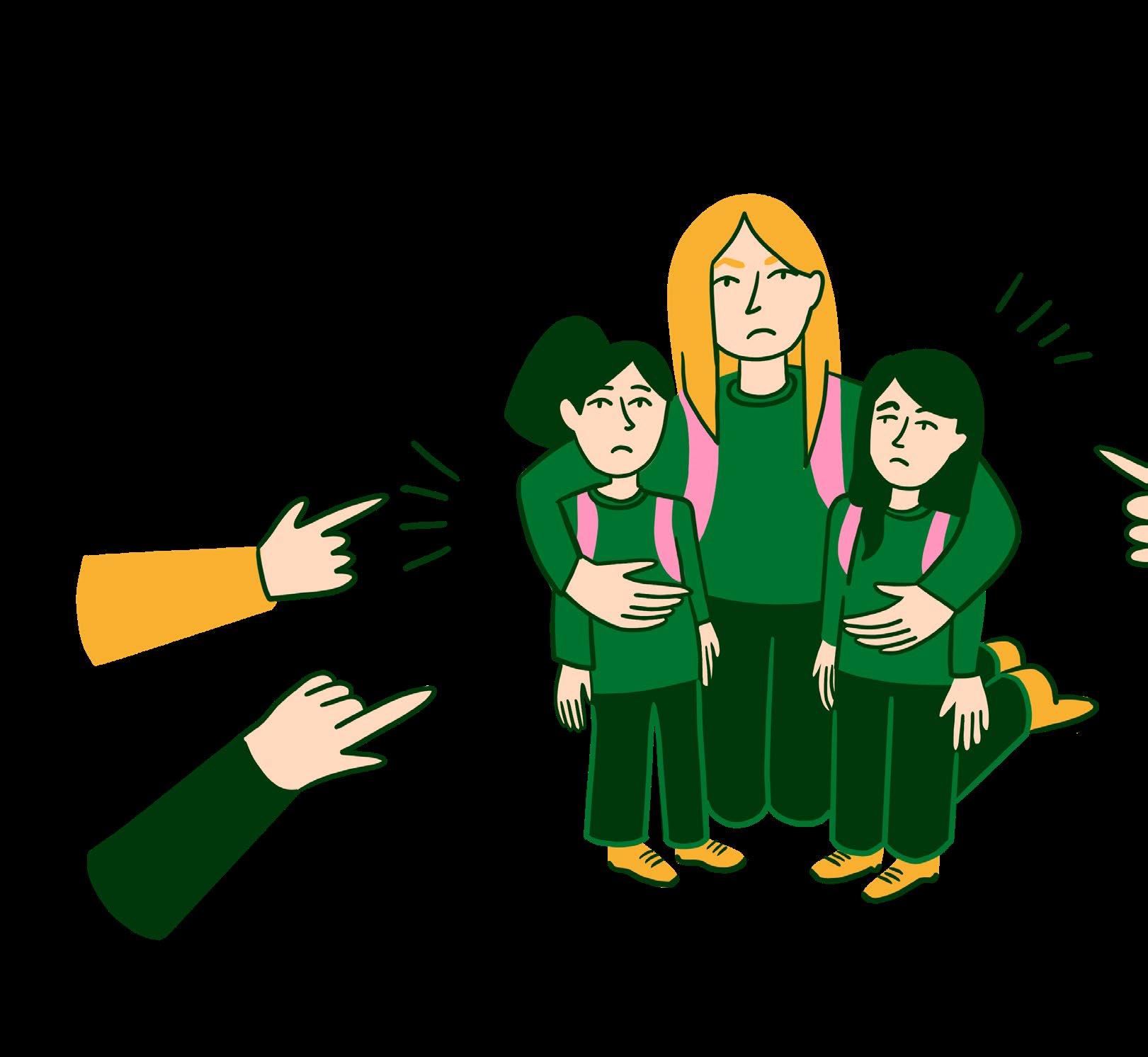

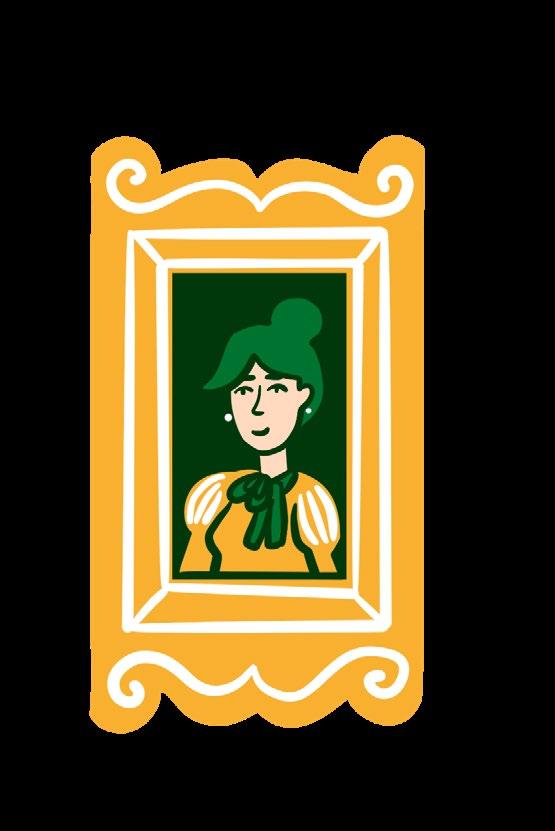
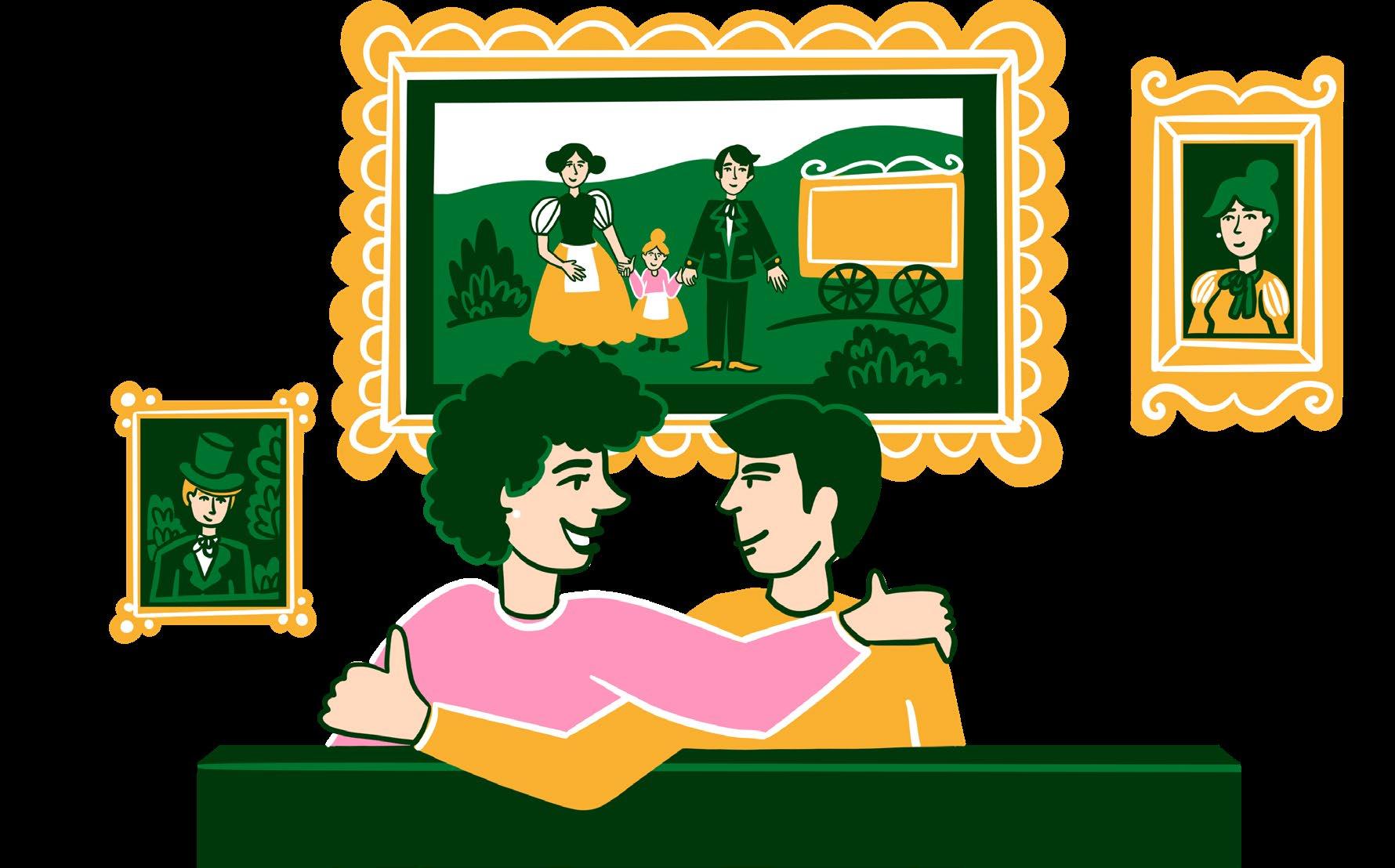
CULTURAL
They done that ... what they said with assembly … with my little sister and me and the other Travellers when I was at school... The whole time we was there we were bullied even more … the way they made it was like the men do what they want - of course they do - but they made it look like us women … are slaves ...
they would say we were dirty because the school would put in old pictures from about 100 years ago … make us look like we’re that … [but] that was 100 years ago, back in that day .. times have changed …
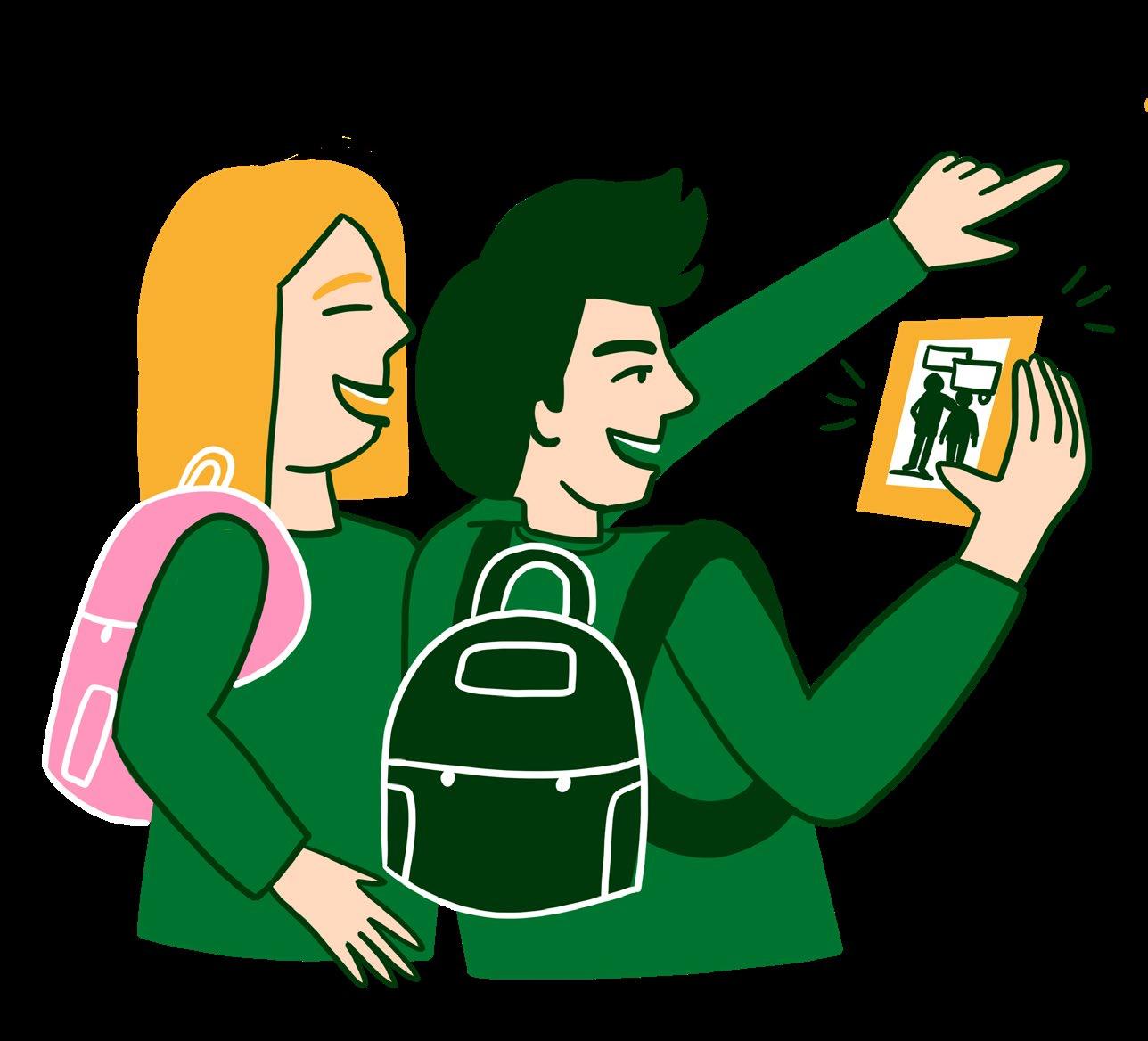
they made it ten times worse for me being at school … that’s what they did to us, they made us stand on the stage ...
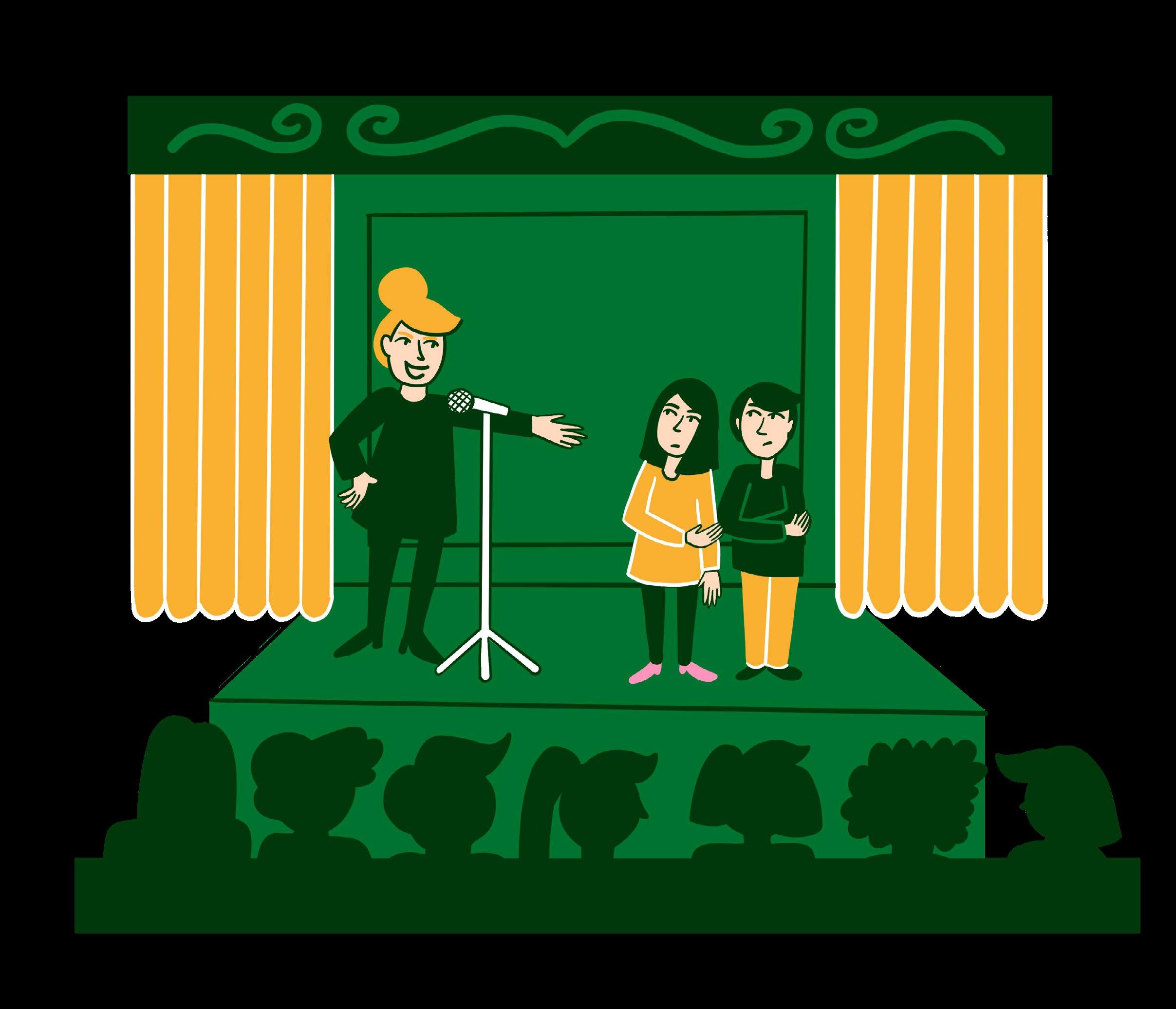
tell everyone about it, like the whole school … the whole five years I was there was - wellit was living hell.
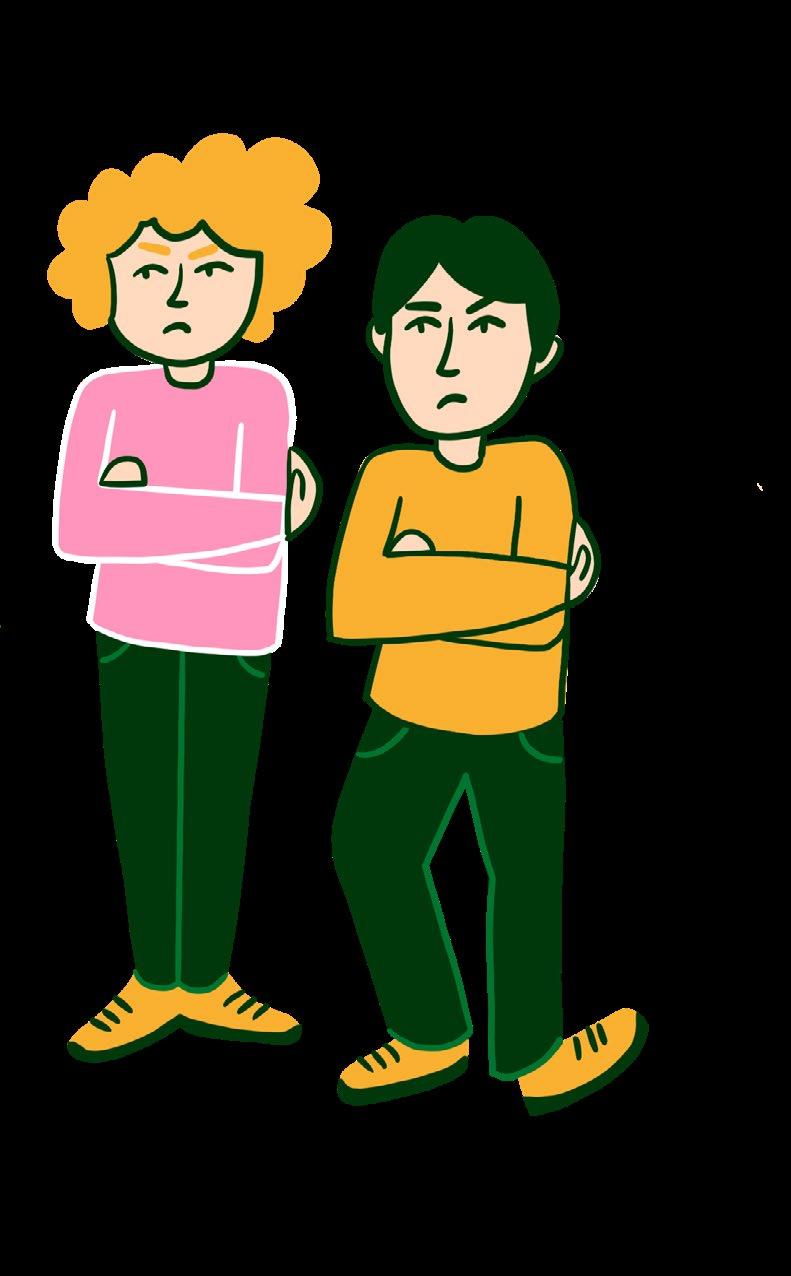
Limited Options & Opportunities
Participants told us that the focus and requirements of schools and colleges often does not recognise and support the needs of children and young people from the Gypsy, Traveller and Roma communities.
LIMITED SUBJECT RELEVANCE
We go to school but we don’t like it .. there’s nothing for us .. they need to teach us differently … what they teach us … I don’t really need it … [child/young person]
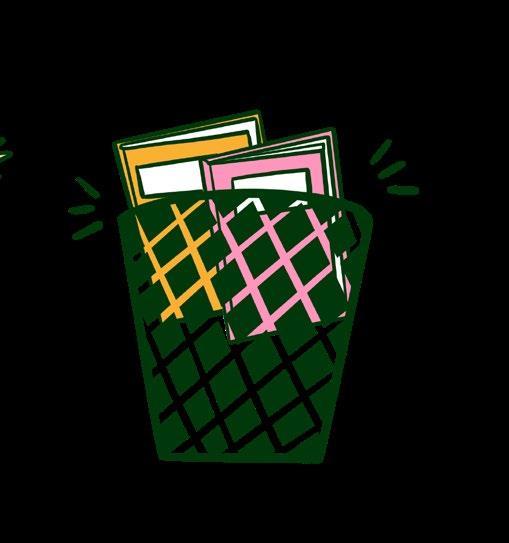
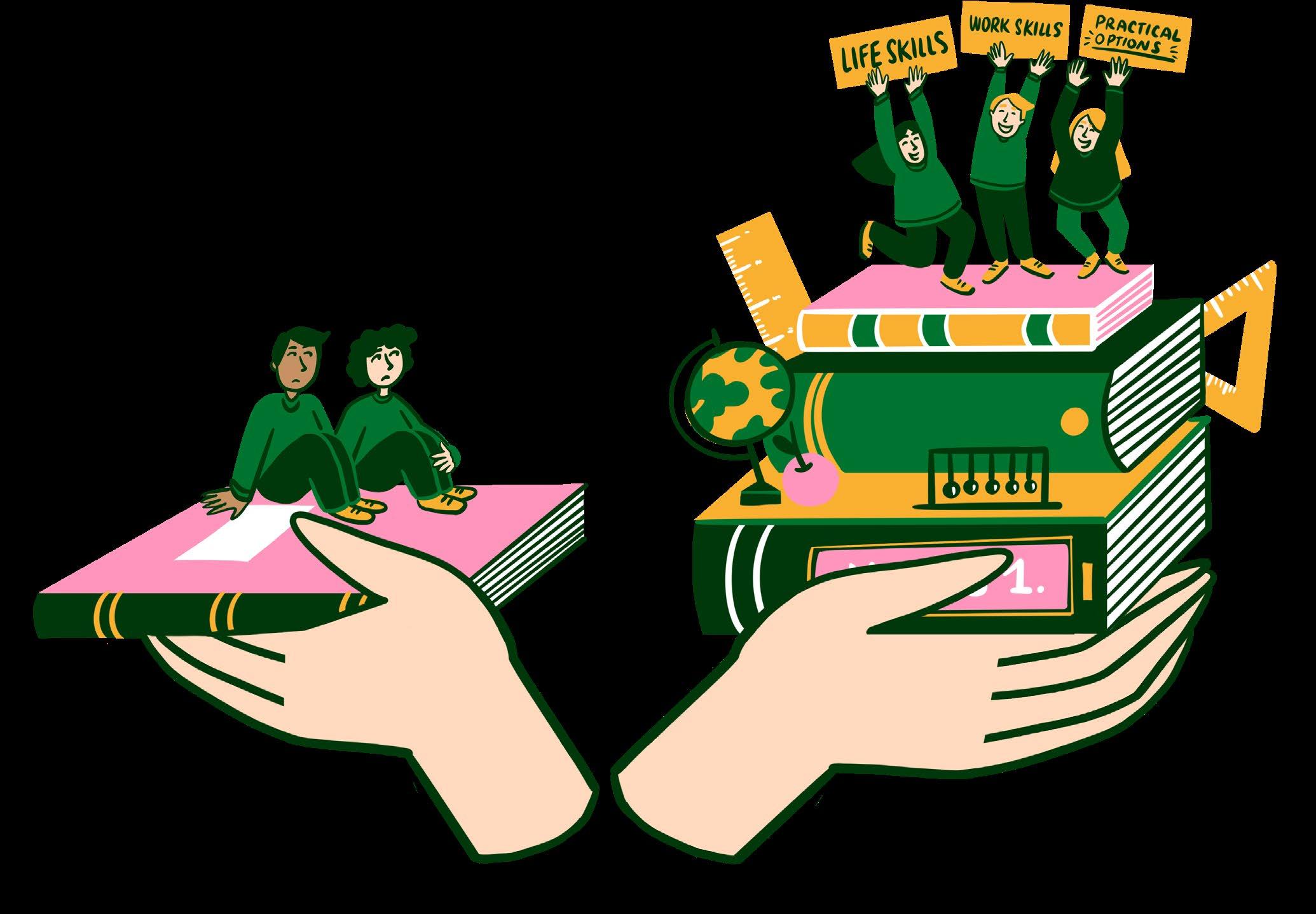
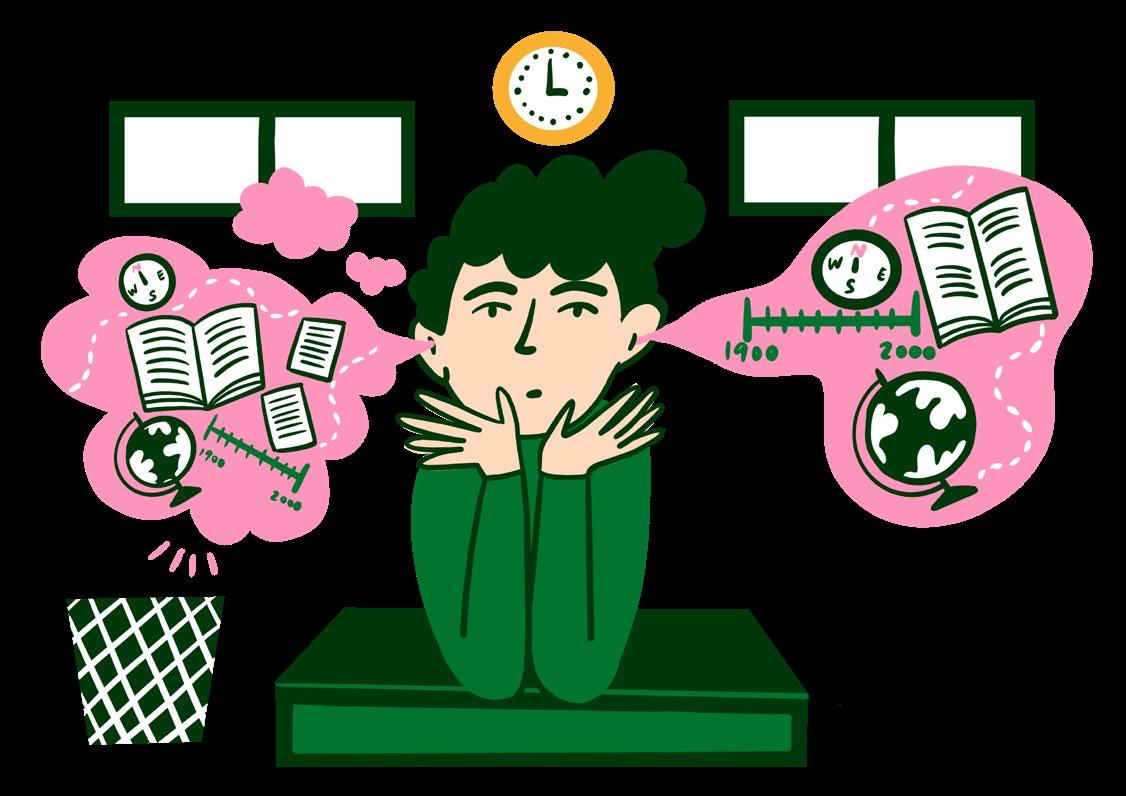
They waste my day - I could go in there for three hours … I could do English, maths and science … and I would be fine – but I do six hours of like boringnesswhat do I need history for? what do I do geography for? ... I don’t need them … it goes through one ear … and out the other … [child/young person]
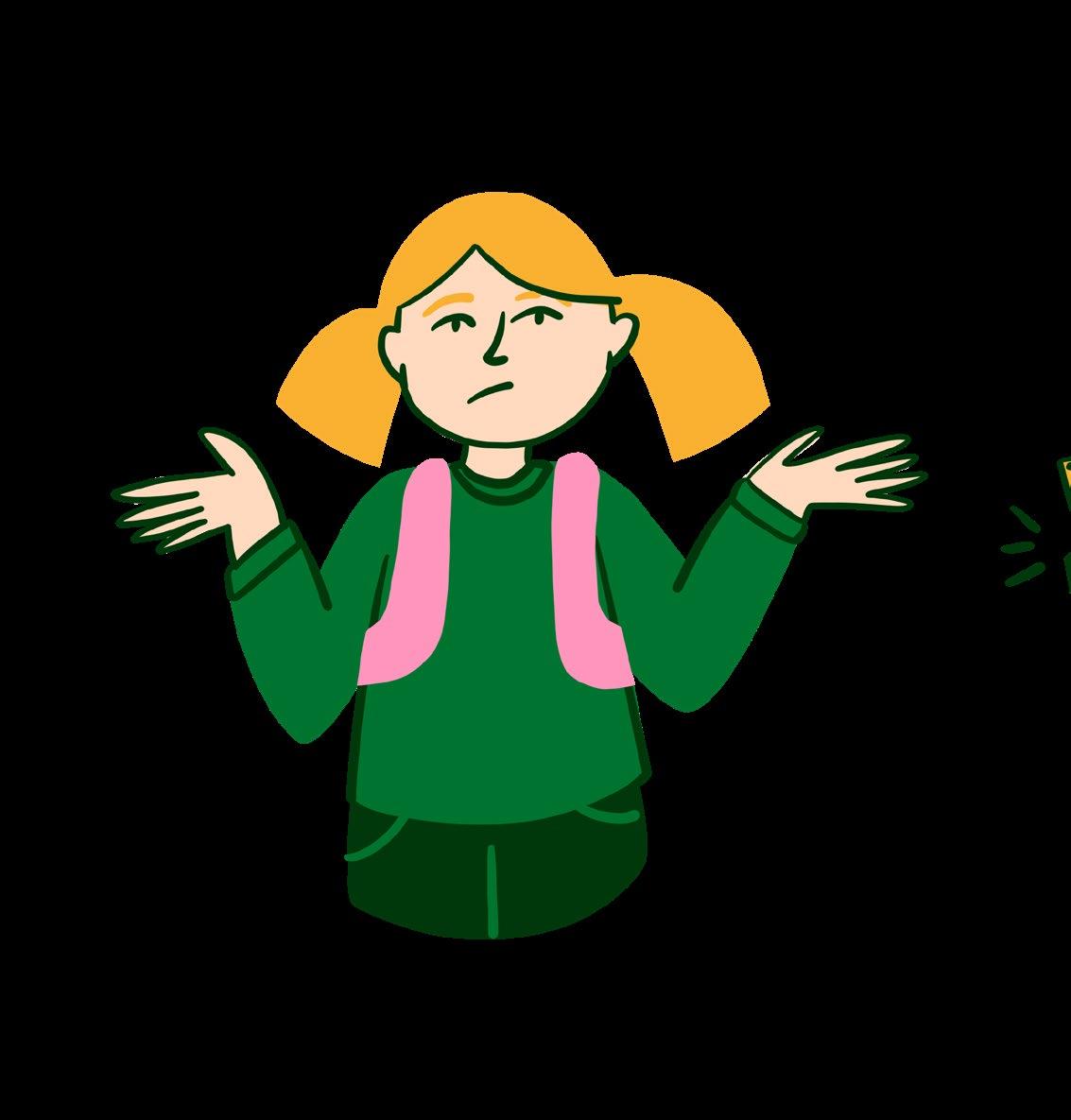
… [h]alf the stuff they learn they don’t need ... [parent/carer/member of family group]

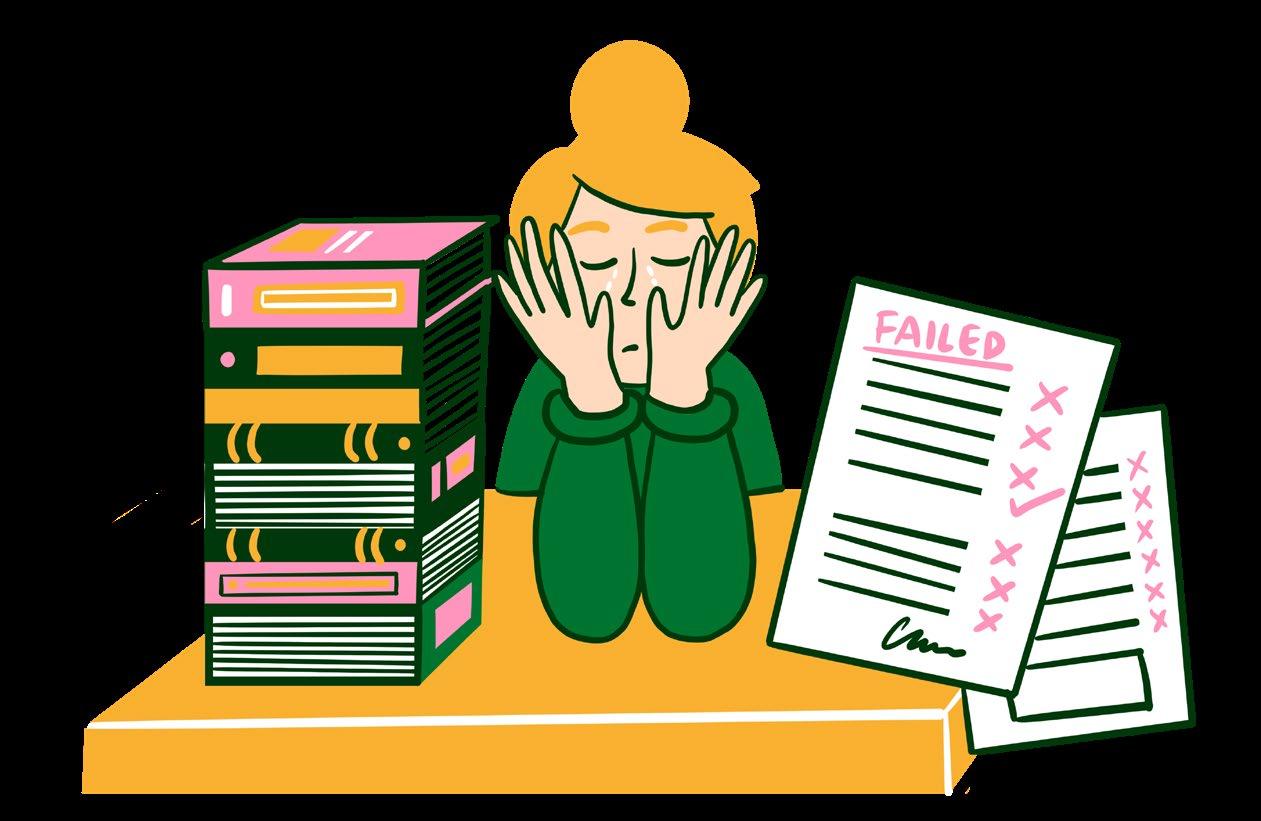
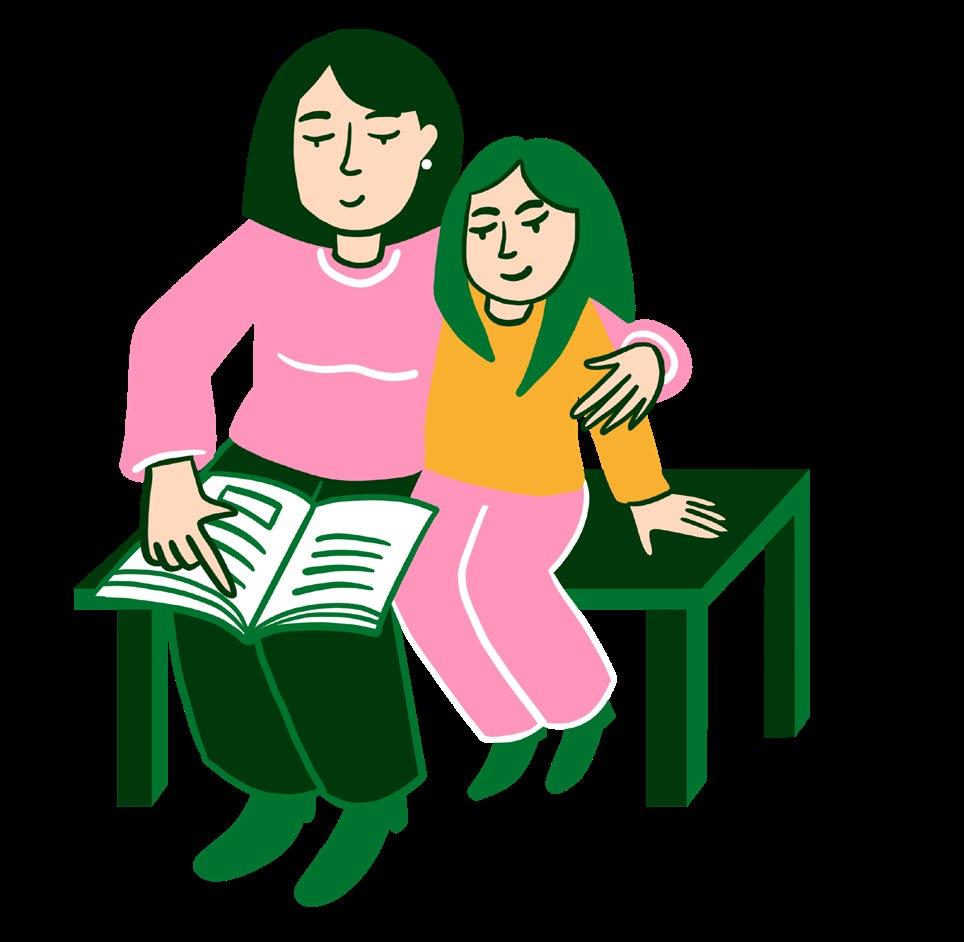
FORMAL SUBJECT REQUIREMENTS ARE BARRIERS TO 16-18
EDUCATIONAL PARTICIPATION & PROGRESSION
but if they’re not learning anything before that it’s not going to make a difference …
… but that’s when they’re older and you have to get certain GCSEs to get into that course,
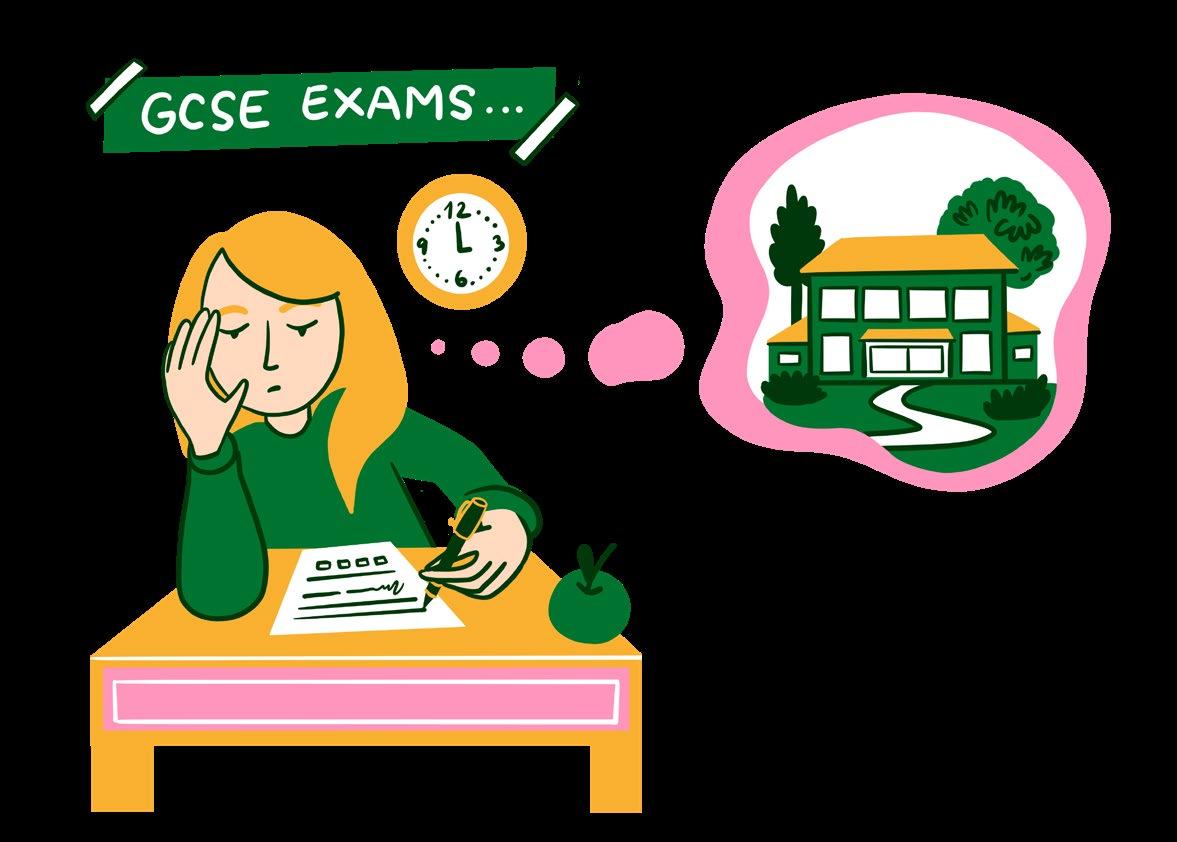
I think that’s why children part and don’t like school because they’re not interested in what they’re learning … [parent/ carer/member of family group]
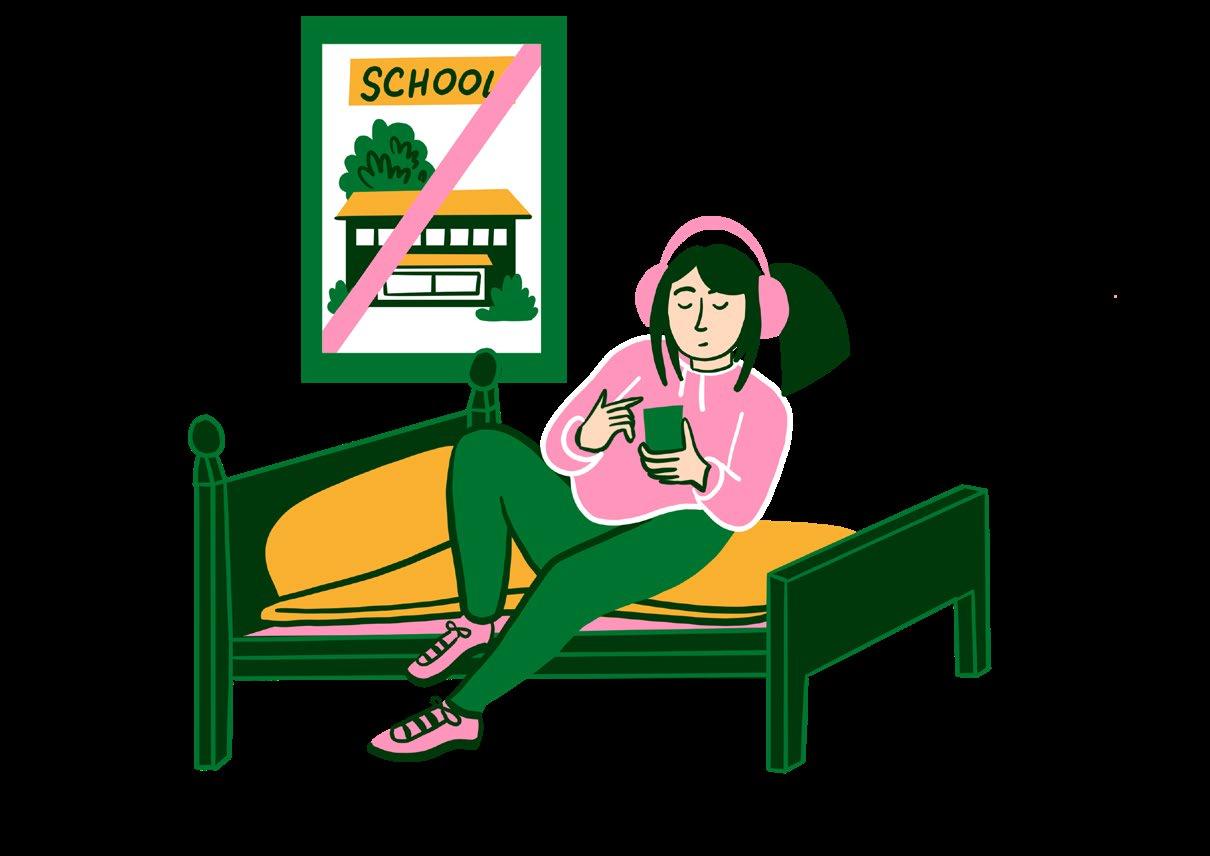
POSITIVE EXPERIENCES OF COMBINING CORE QUALIFICATIONS & MORE PRACTICAL SUBJECTS
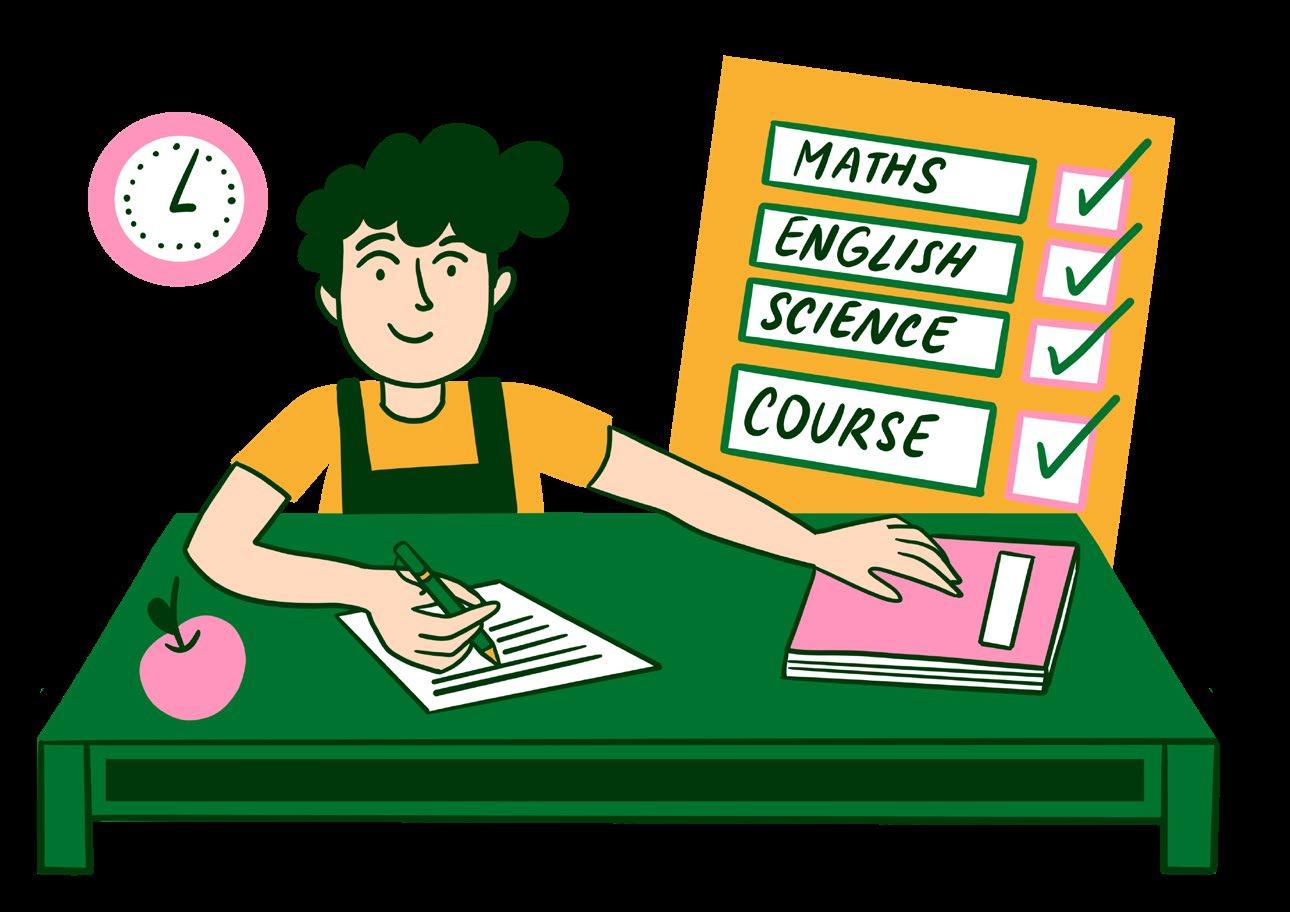
My mate did a bricky course and left in year 10 – he went to a college and got a college course
they let him do his GCSEs and helped him with the maths and English and science in the course … he got straight in …. he did his maths, his English … then he did his course …
[facilitator: is that a good approach?] .. of course it is .. if I want to go on a course … if I don’t have it I can go into the college … I can learn it, what I need to know ..
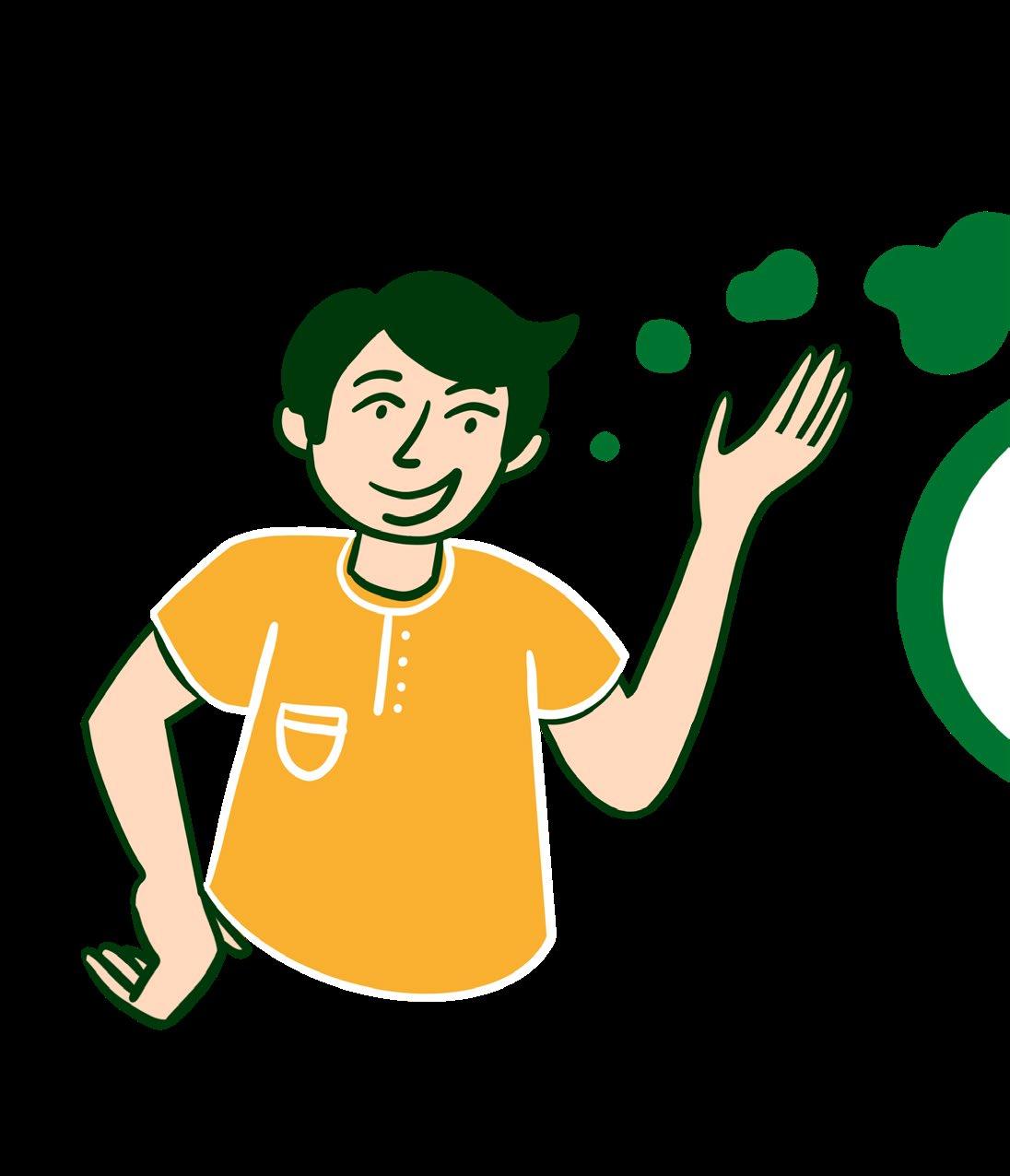
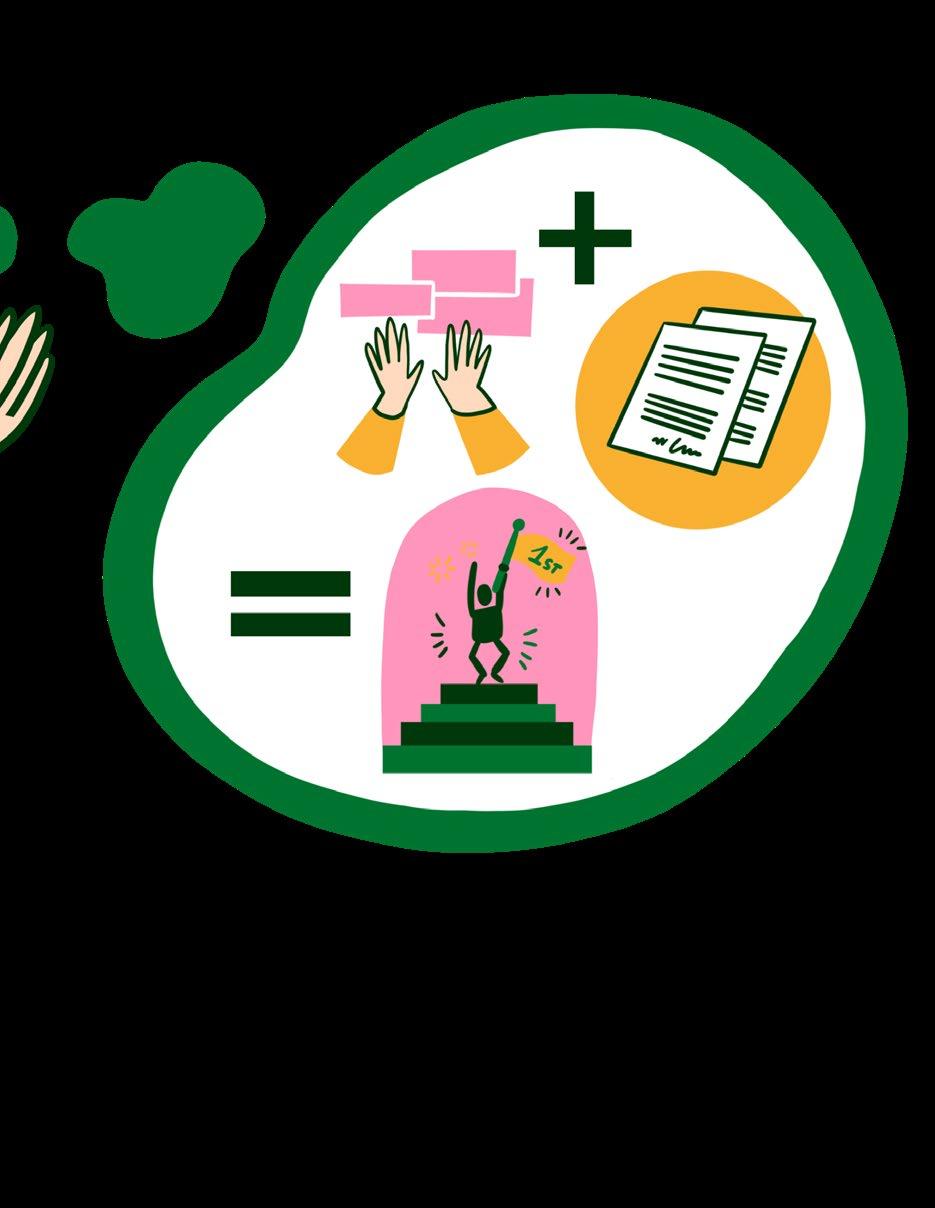
I can do it alongside it … if I start to progress I am actually doing something [child/young person]
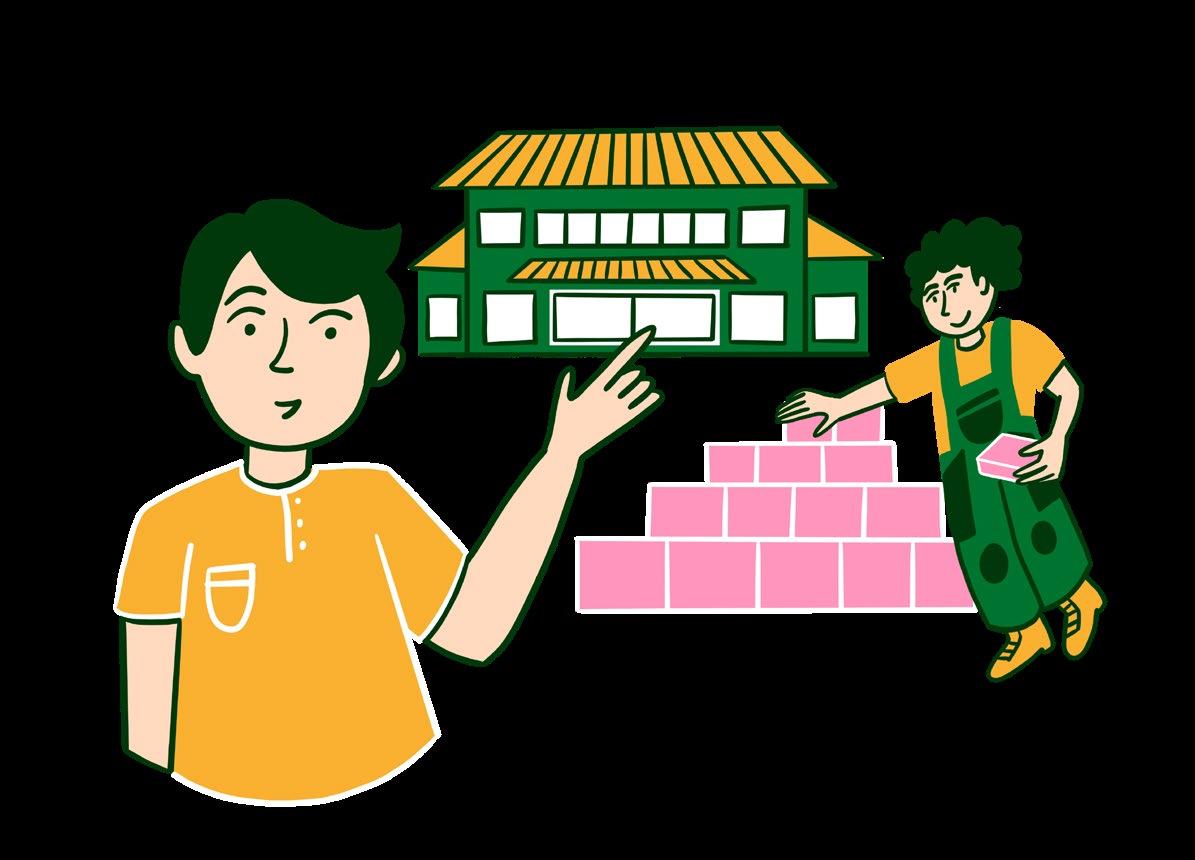
[T]hey just had work experience … [she] wanted to do hair and beauty
LIMITED WORK EXPERIENCE OPPORTUNITIES
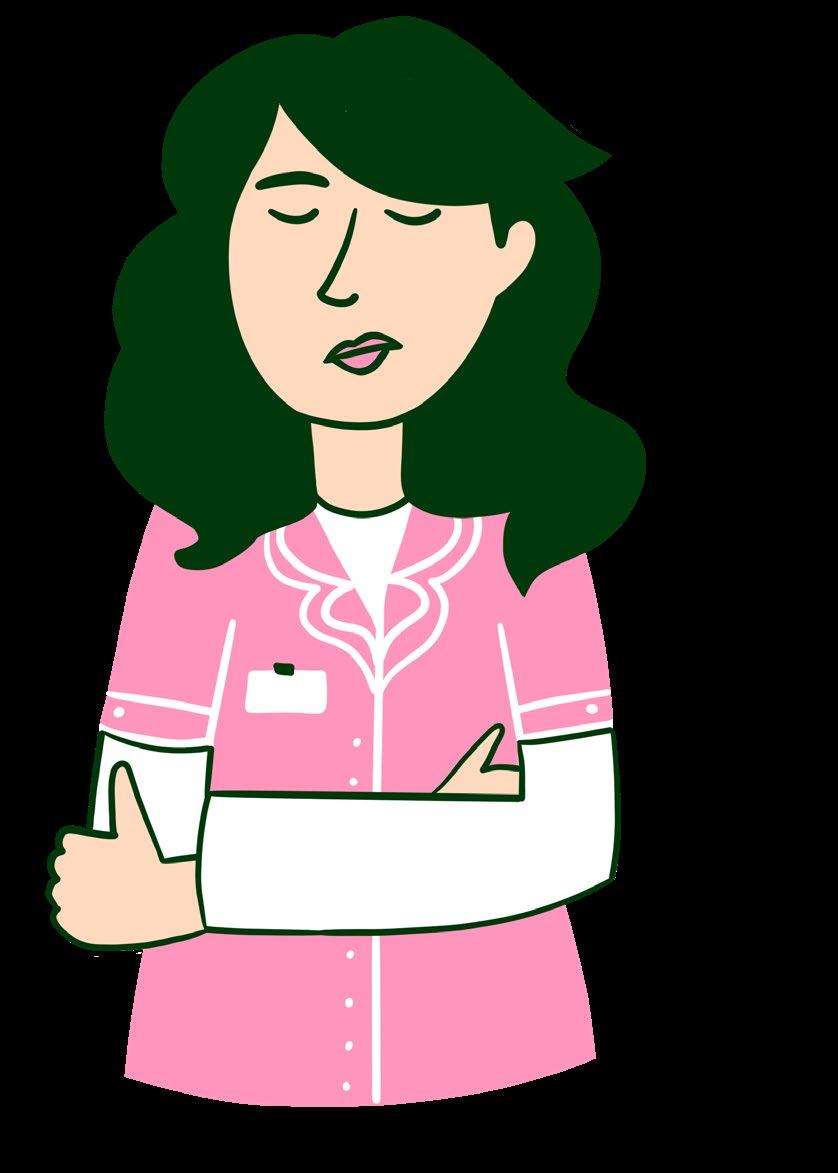
no sorry you need to have this, you need to have that...
When you say you’re a Traveller or any thing like that you ain’t going to get a job anyway ... there’s a lot of like stereotyping of Travellers [parent/carer/ member of family group]
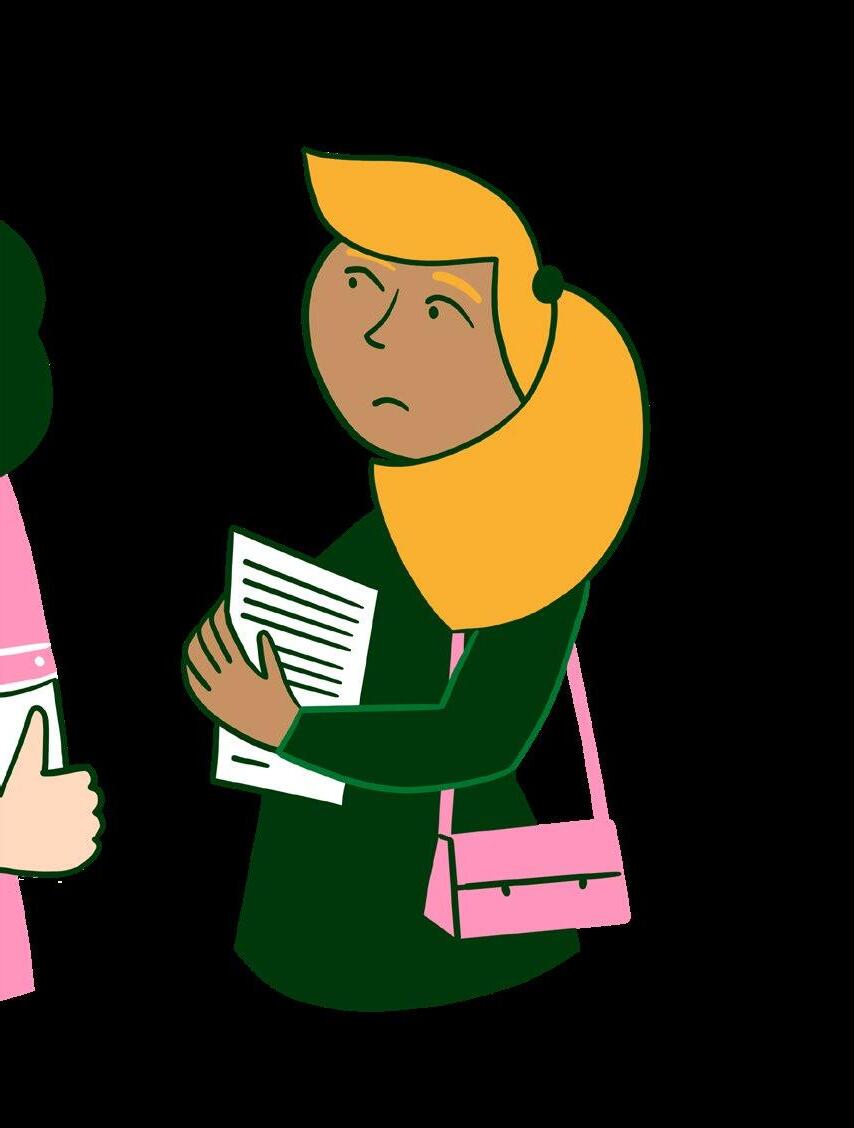
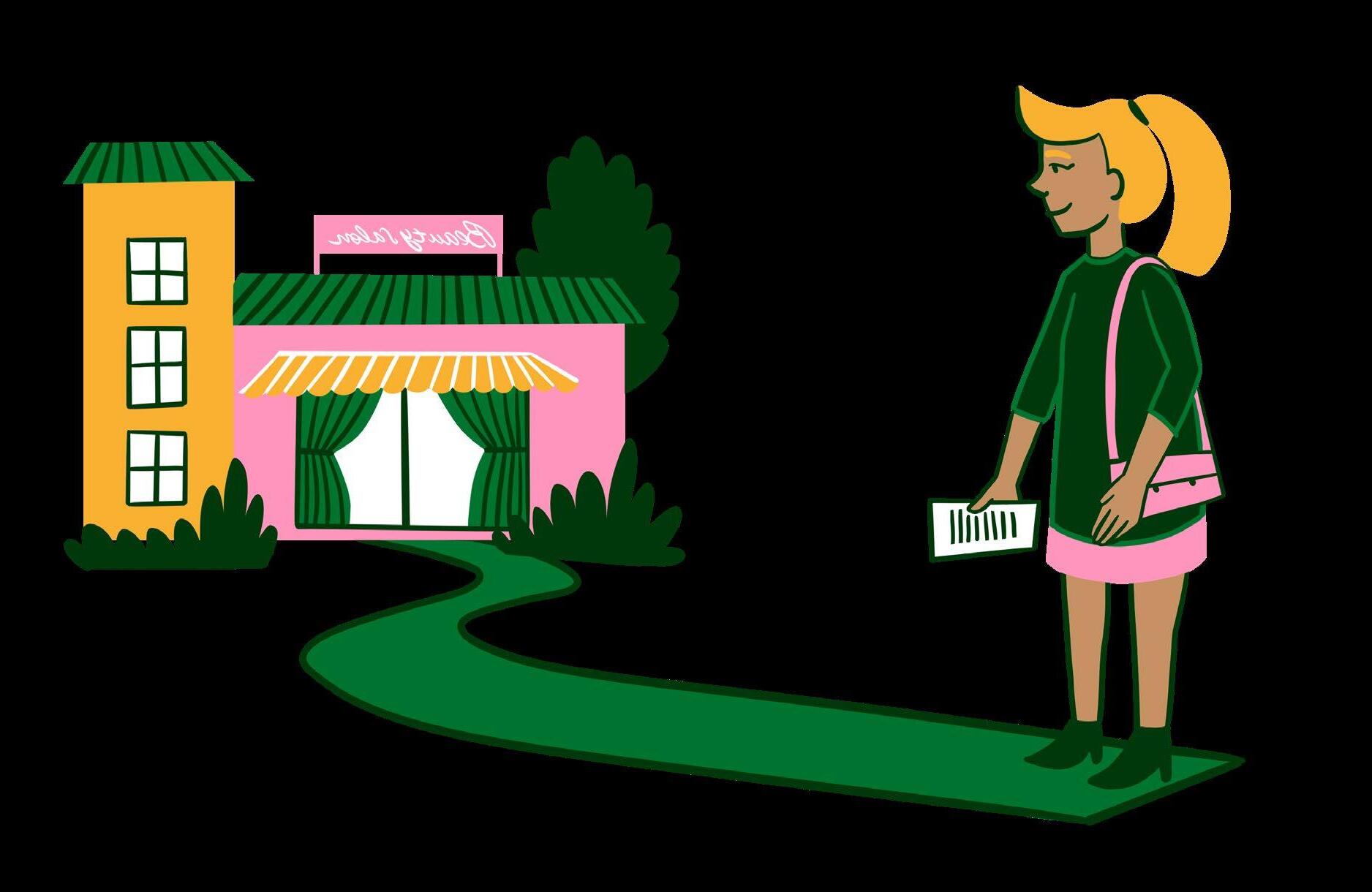
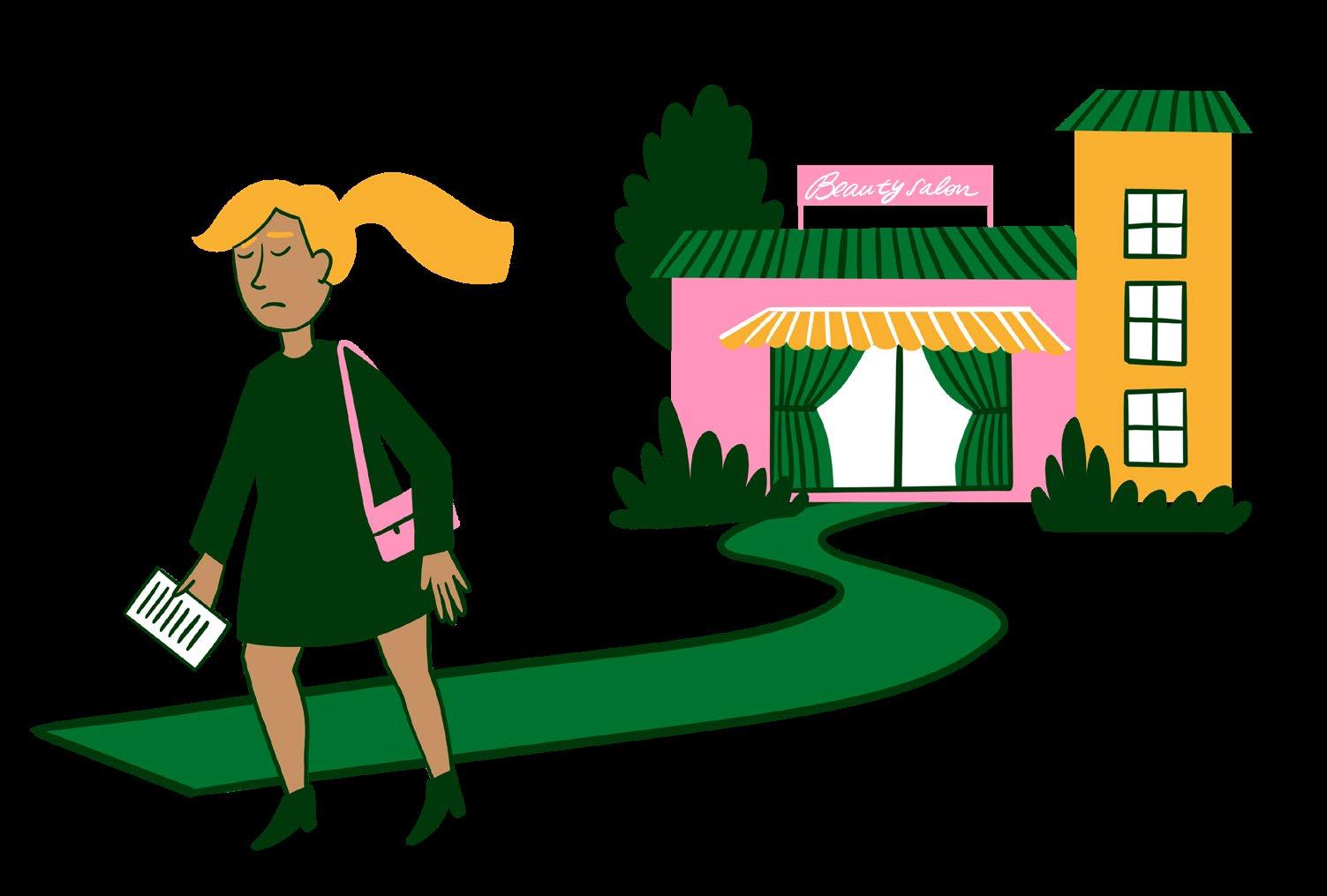
IDENTITY AS BARRIER TO PROGRESSION
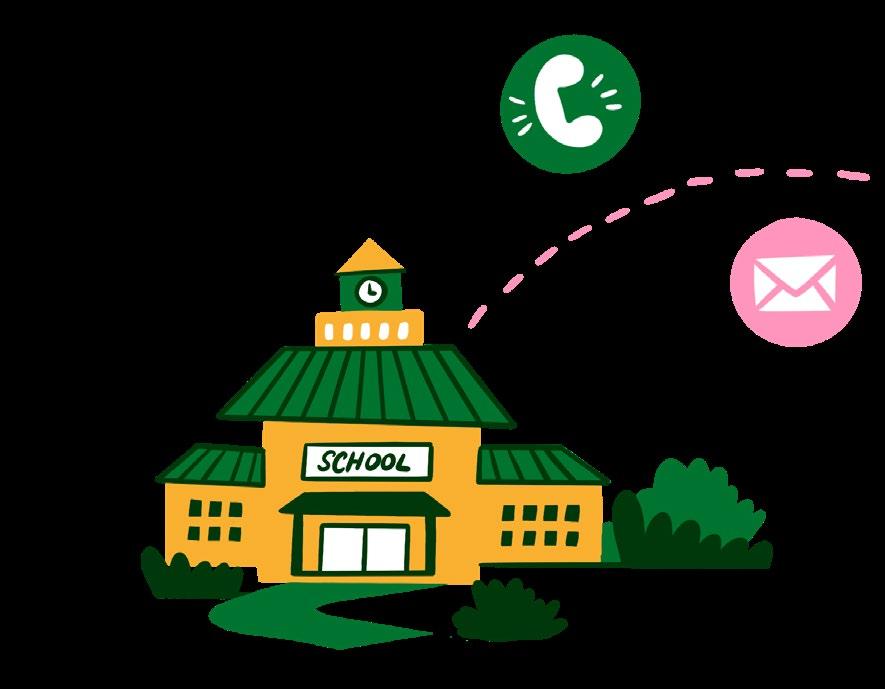
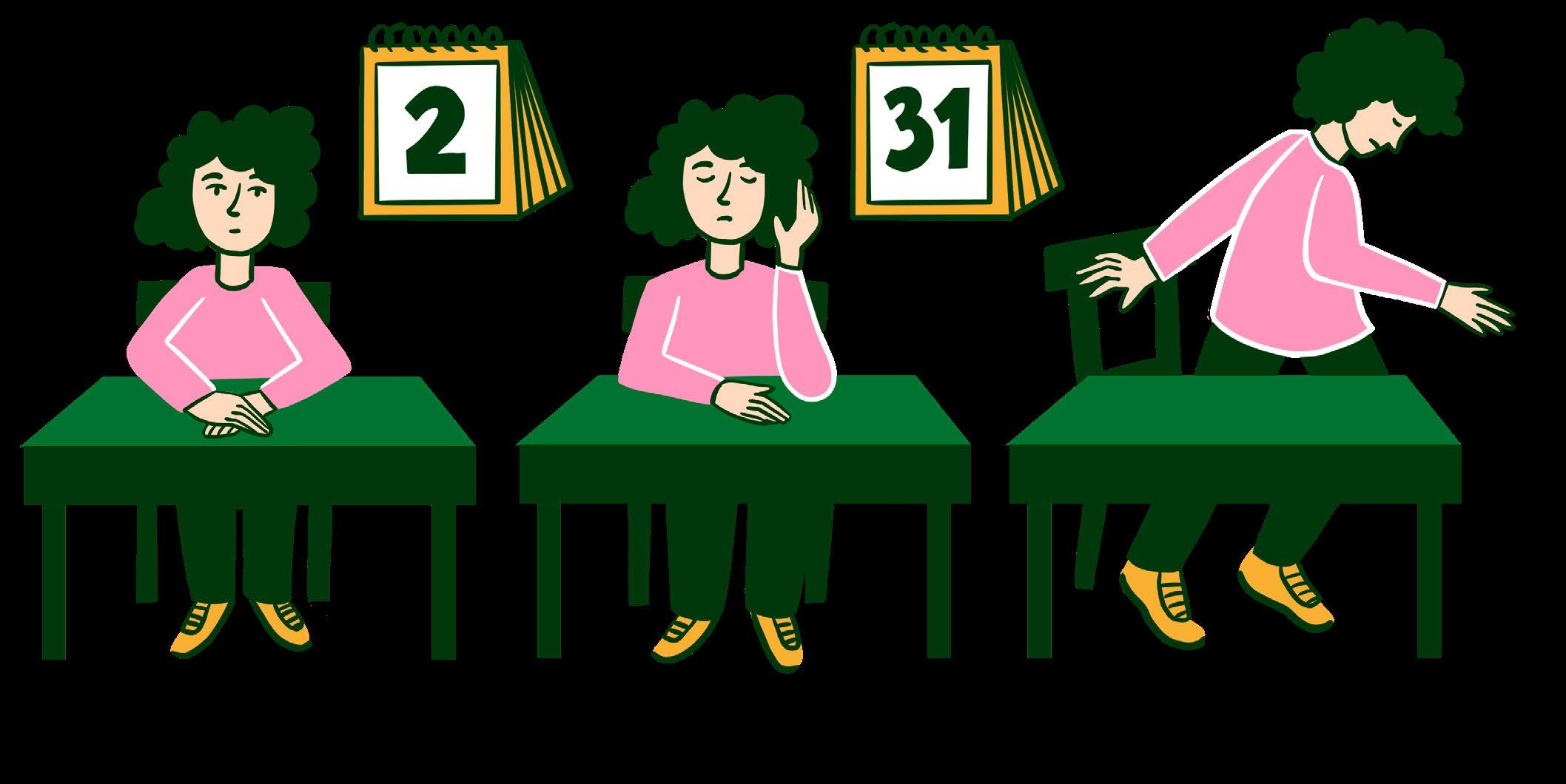
I applied for college while I was in the school … one day a week … I got to the point where I couldn’t sit there all day and do the same thing
… I got myself work experience once a week for two years ..
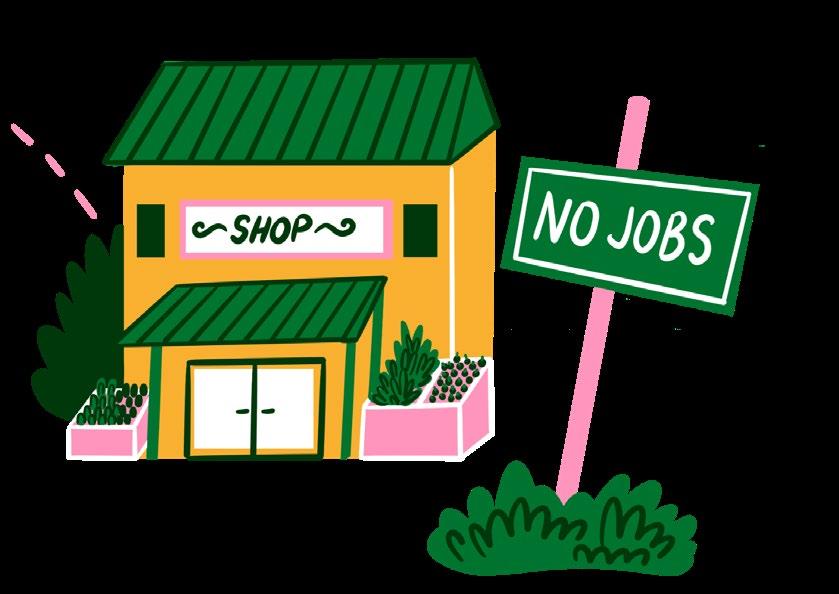
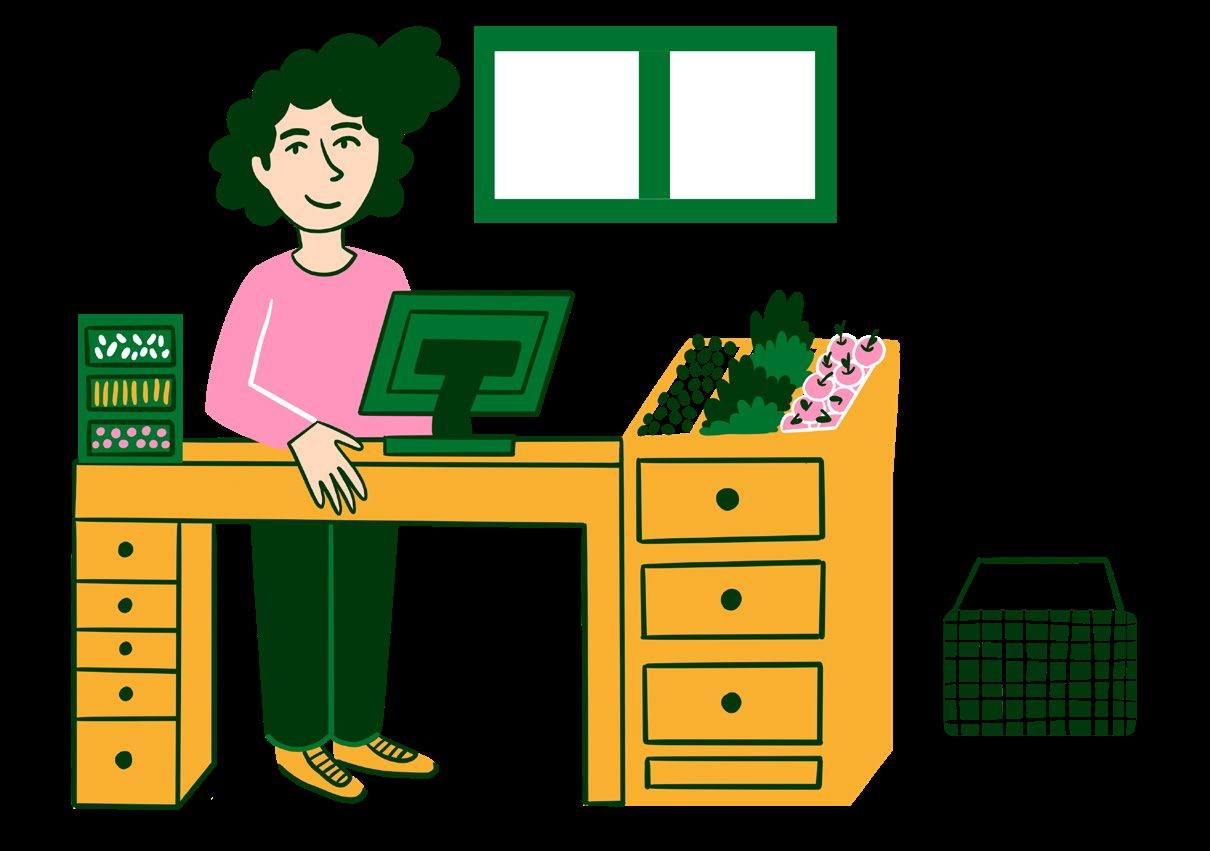
[but] as soon as the school told them I was a Traveller … no, they don’t need me .. can’t have me [parent/carer/ member of family group]
Home Education & Support With Education at Home
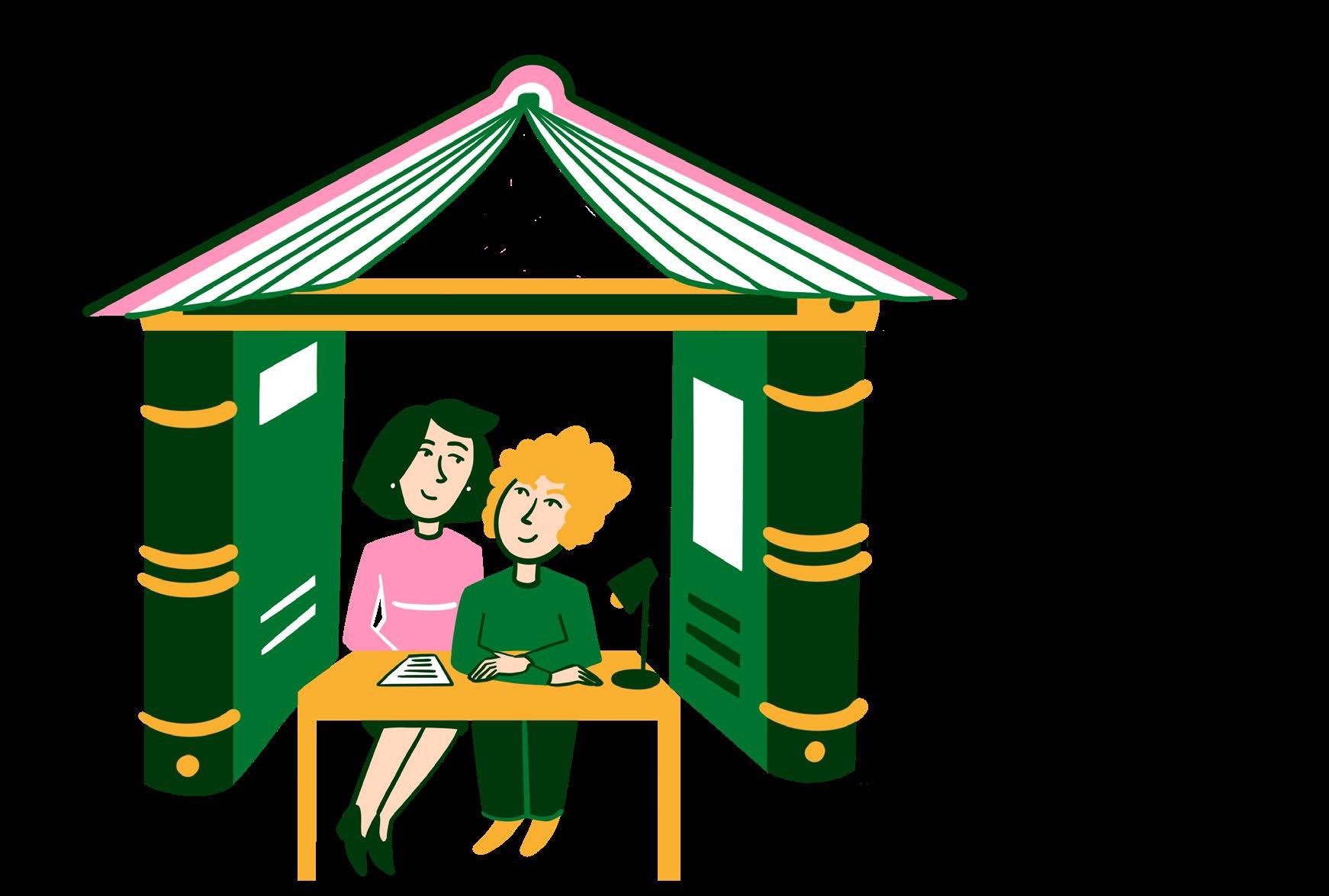
Several young people we talked to had left the formal education system or were not participating in the formal education system and they and their parents/carers told us that they were being home schooled. Some parents told us about their experiences with home education during the pandemic.
HOMESCHOOLING
[I can] mix it up … do something different every day - get information off the internet which is … better … I feel more comfortable … if I go to school [there is a] certain curriculum …

I’m home schooled - I prefer it home schooled I never really liked school .. it’s not very free … sticking to that same schedule, its boring ...
I ain’t got no restrictions … I can read a book and then I can start maths … it’s got a bit more freedom than sitting there in school [young person]
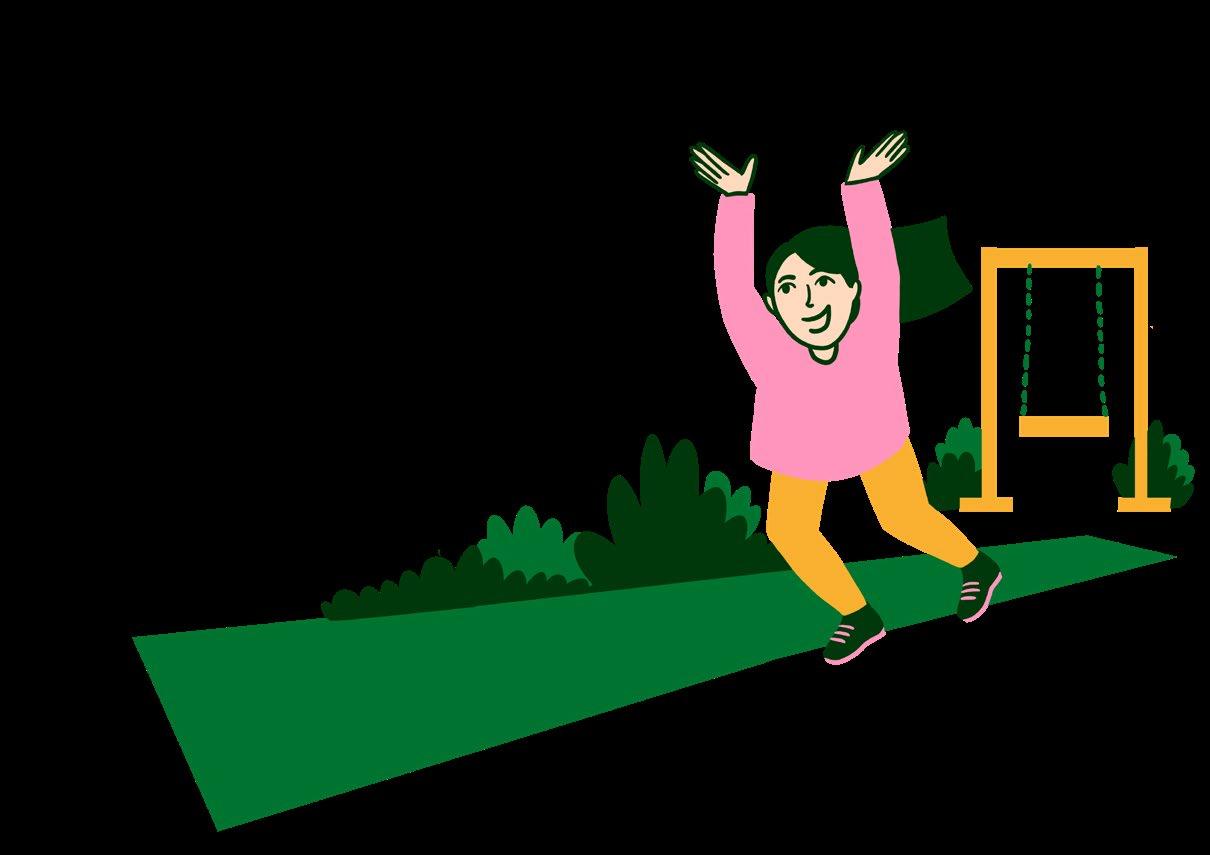
CONCERN WITH SUPPORT WITH EDUCATION AT HOME
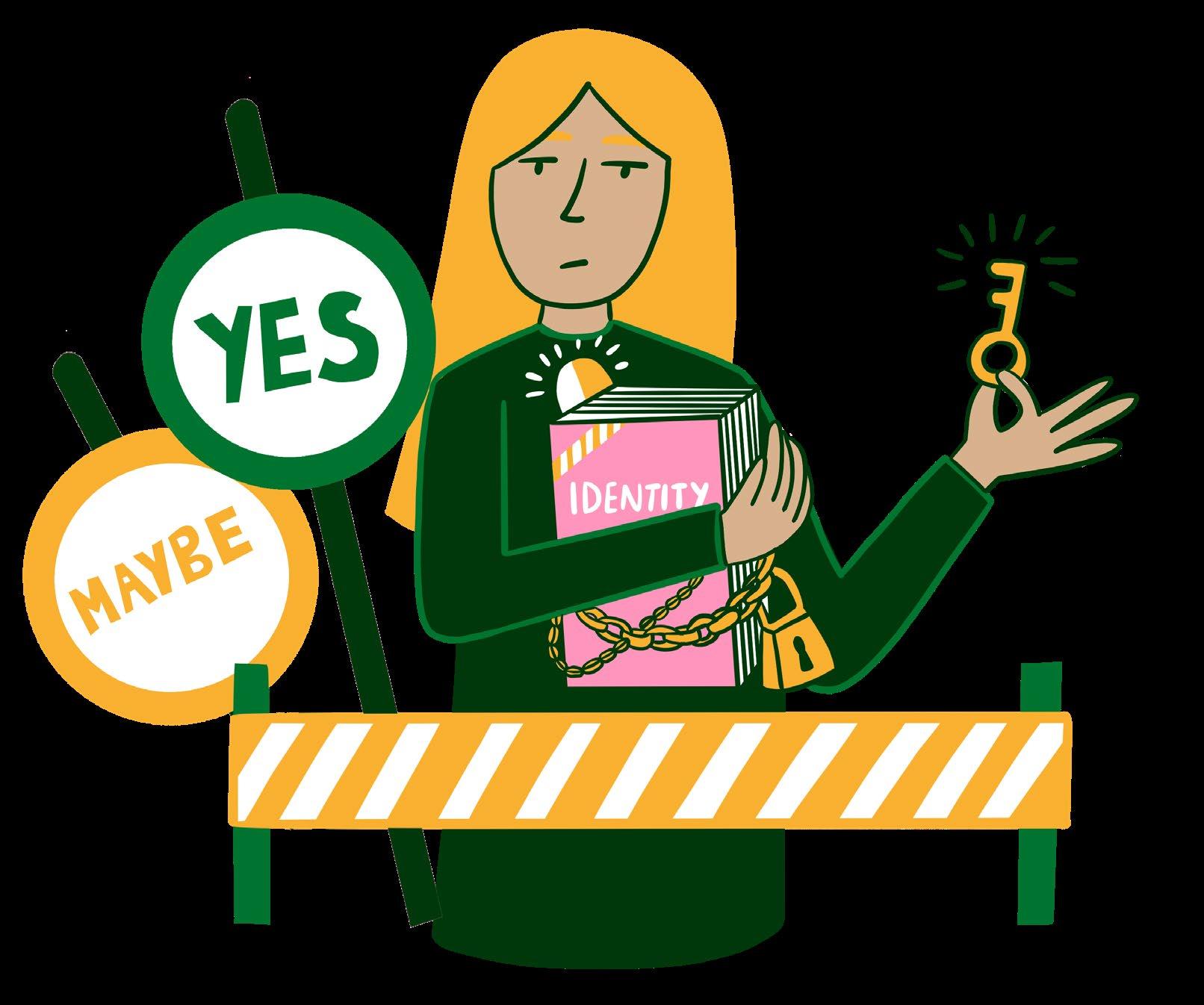
Recording Gypsy, Traveller and Roma identities
We asked participants about whether they would feel comfortable revealing their identity in data collections undertaken by schools, colleges and other public services like hospitals. This raised lots of questions about disclosing their identity in school for fear of biased treatment, not only in education and colleges but also in healthcare, and employment and many other contexts.
My youngest who is six brings homework home and I don’t understand it [parent/carer/member of family group]
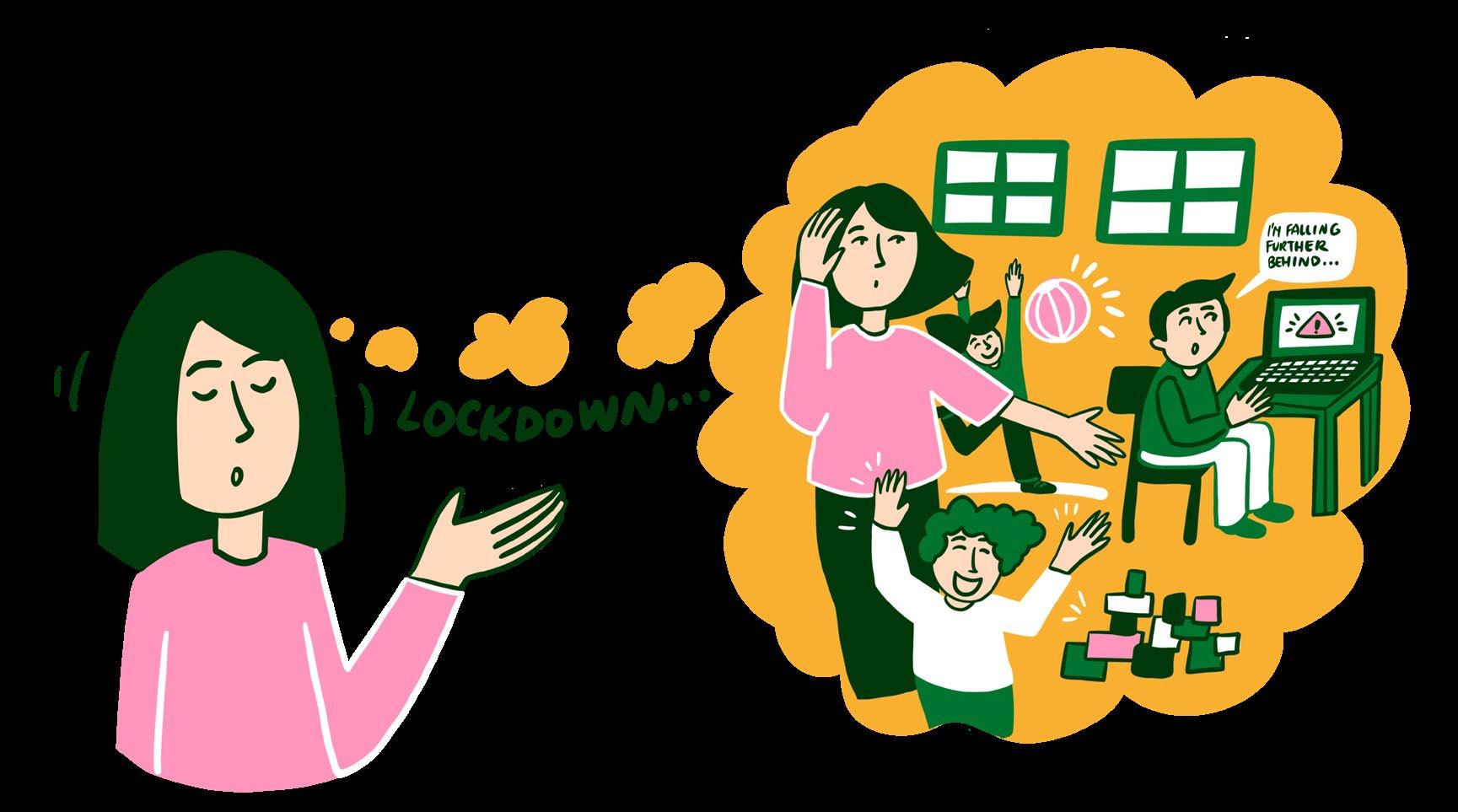

ADVERSE EXPERIENCES OF REVEALING IDENTITY AND WHY IDENTITY MIGHT NOT BE REVEALED IN A NON-SCHOOL CONTEXT
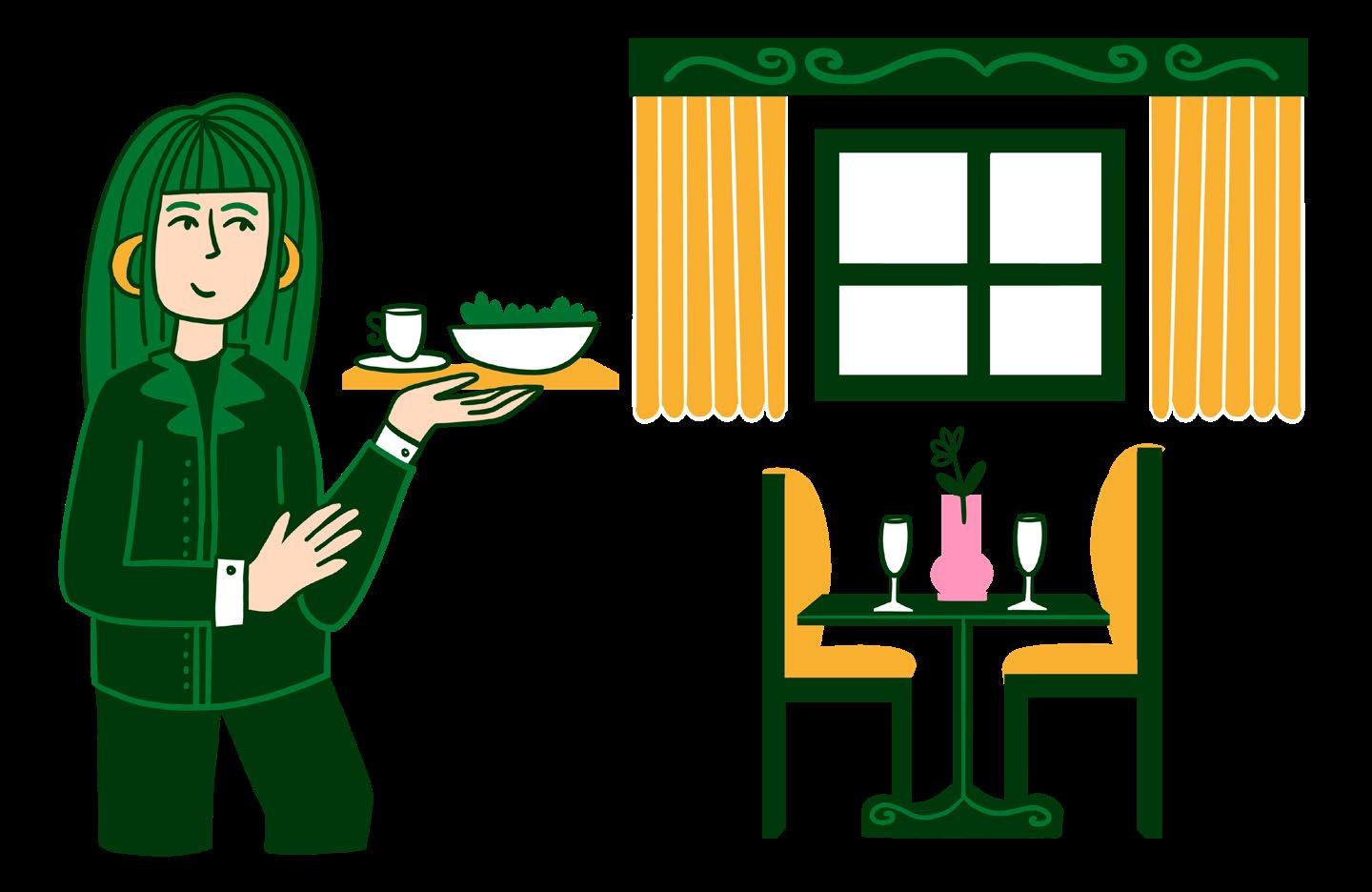
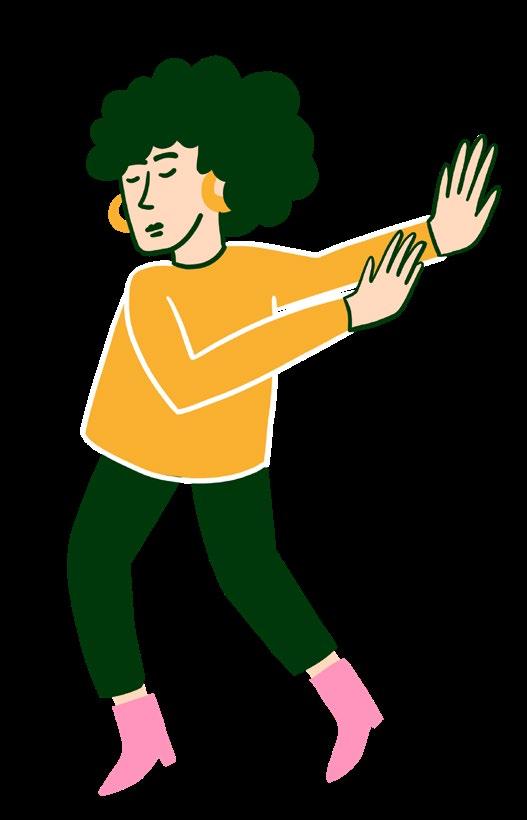
We moved down this way about three years ago … we couldn’t get a doctors … they was asking for passports, proof of address … we had just moved down here … we didn’t have that … we said like Travellers site - they was like no, literally [ family group]
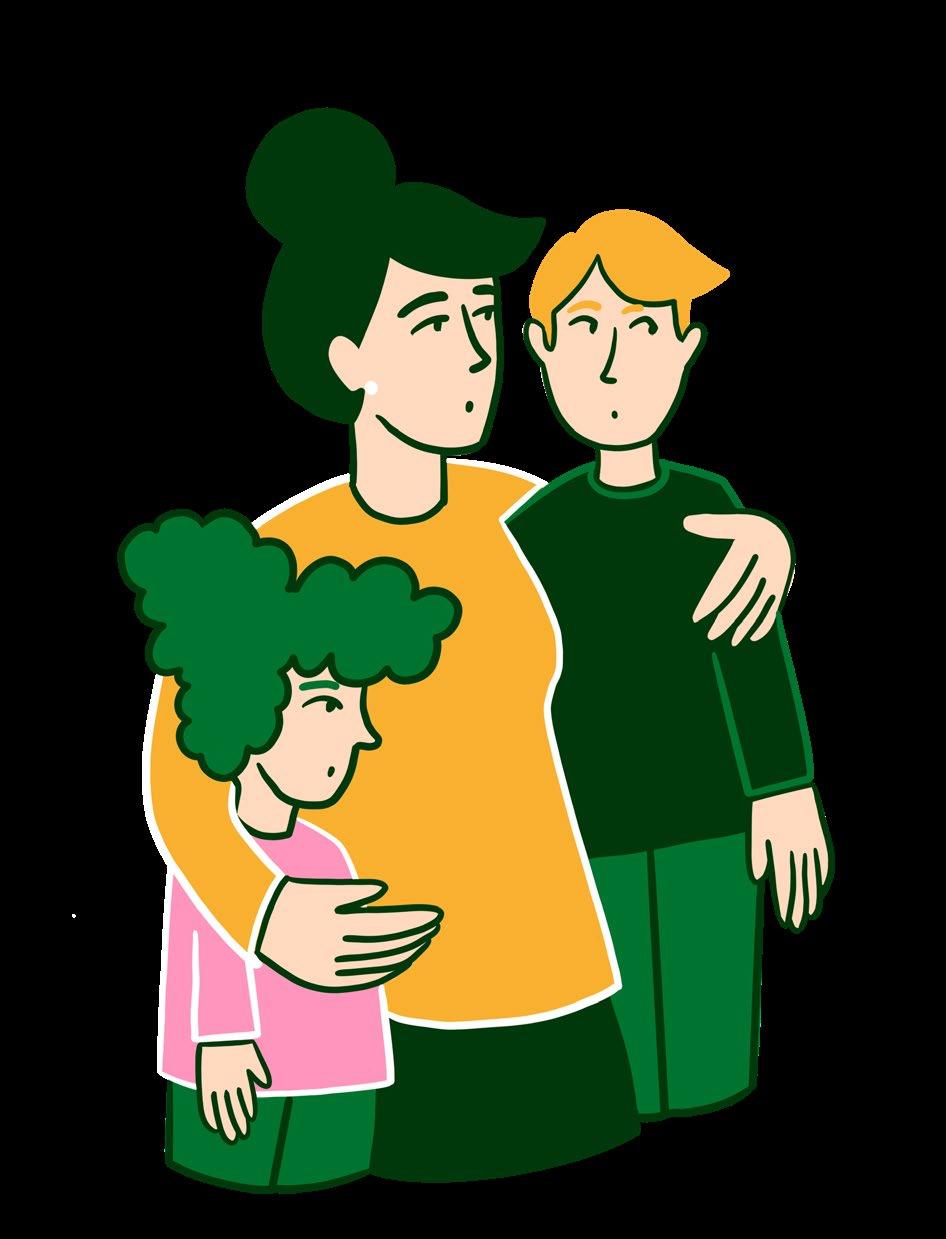
Some people in my family won’t go to hospital because they fear they will get discriminated against
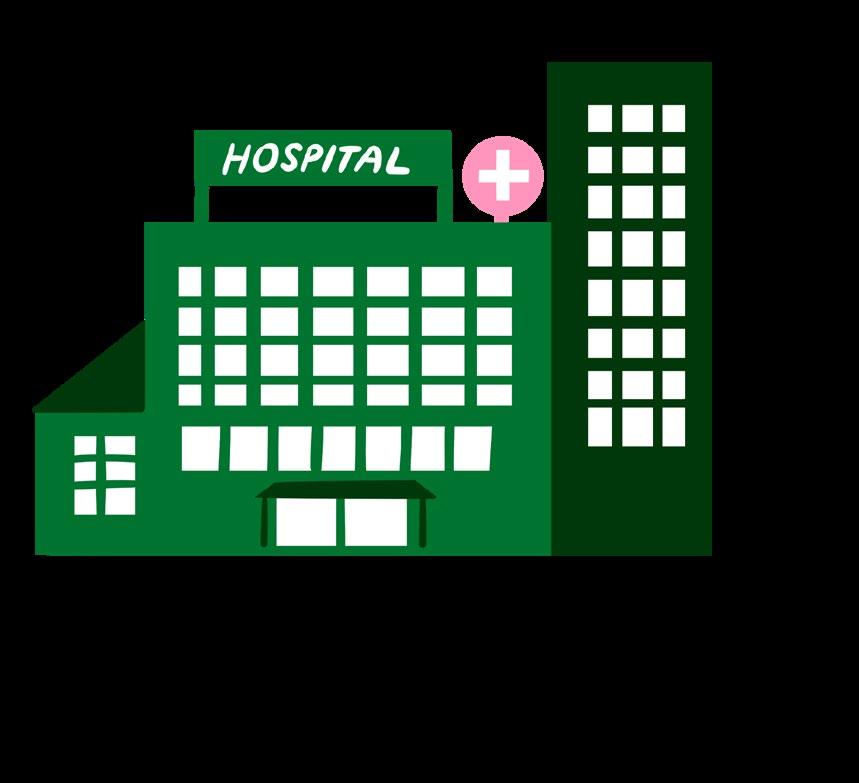
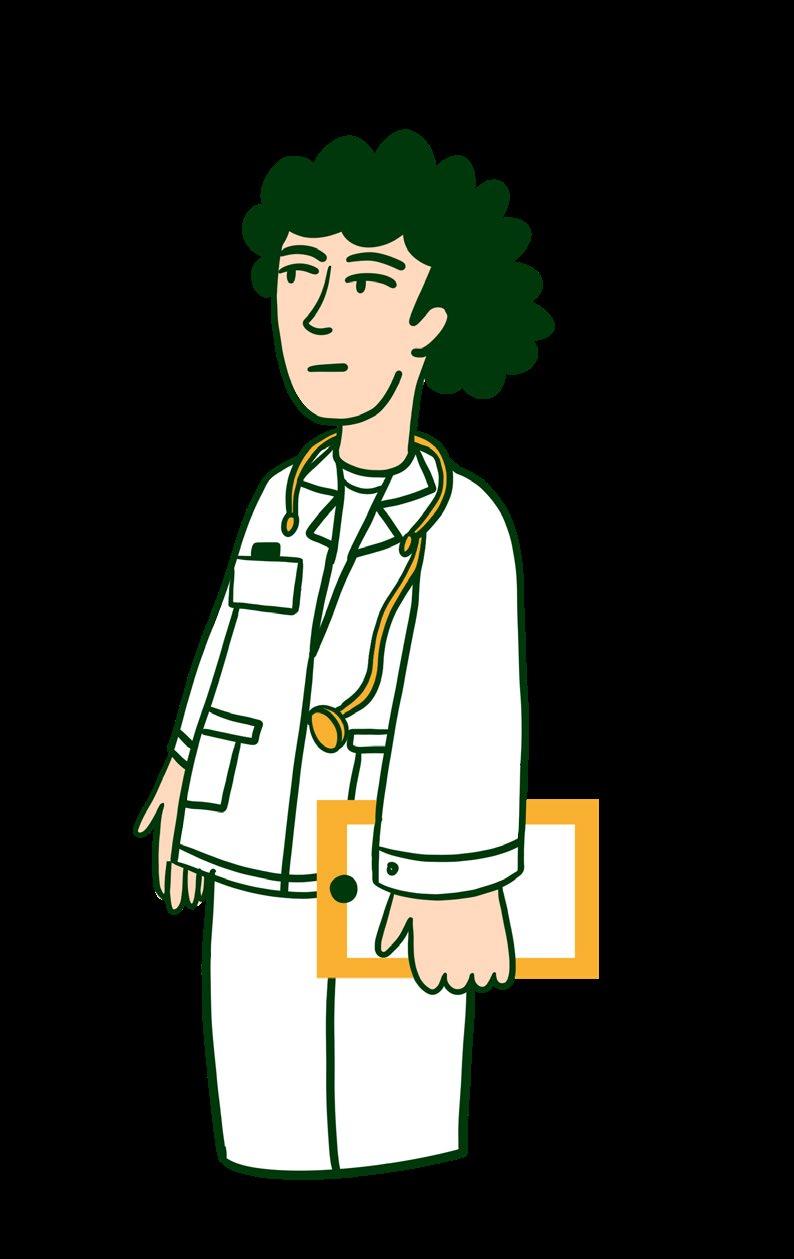
I make out that I’m a gorja to keep my job ... I’ve done that for many years … you’ve got to go out and work
WHETHER TO REVEAL IDENTITY OR NOT
We always tick .. but then there’s not an option … it says ‘other’ … you have to write it down…[t]hey should [ask] ... we’re a culture … we’re a race … you have to be born into it [child/young person/]
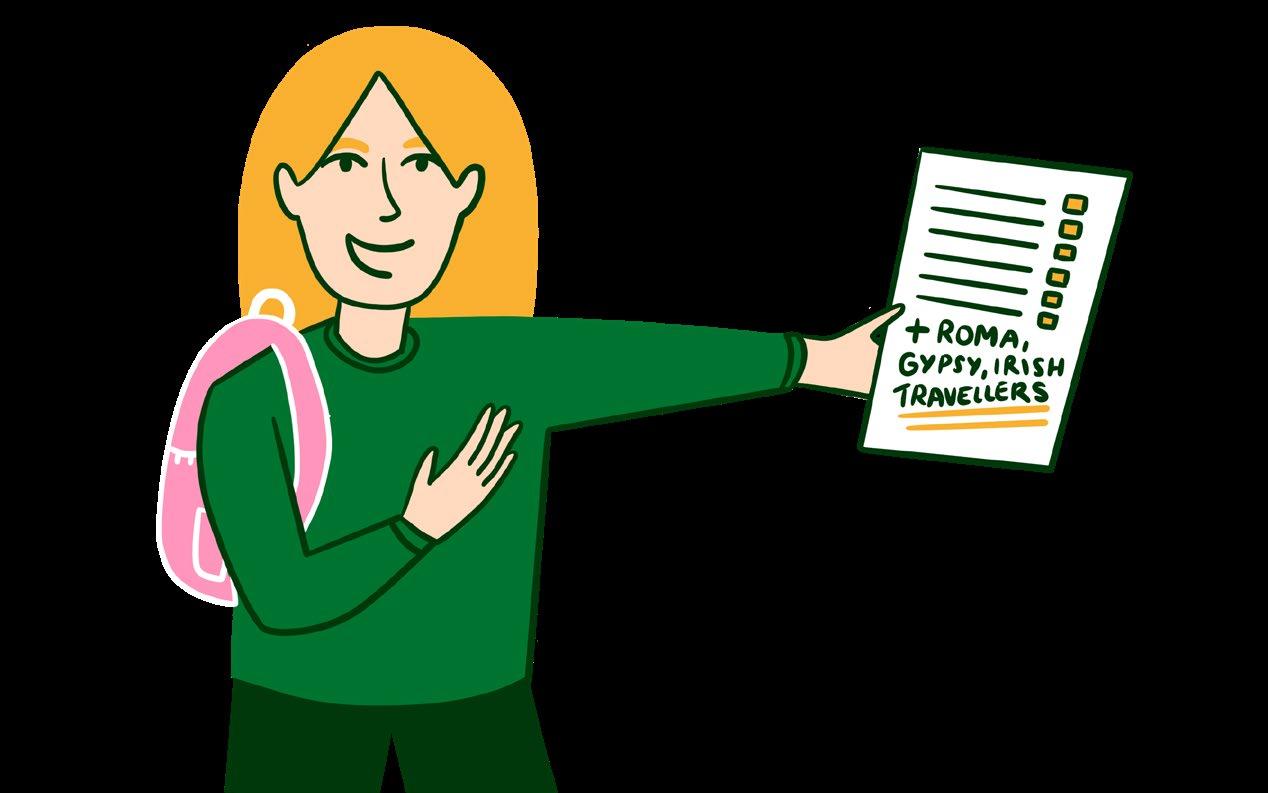
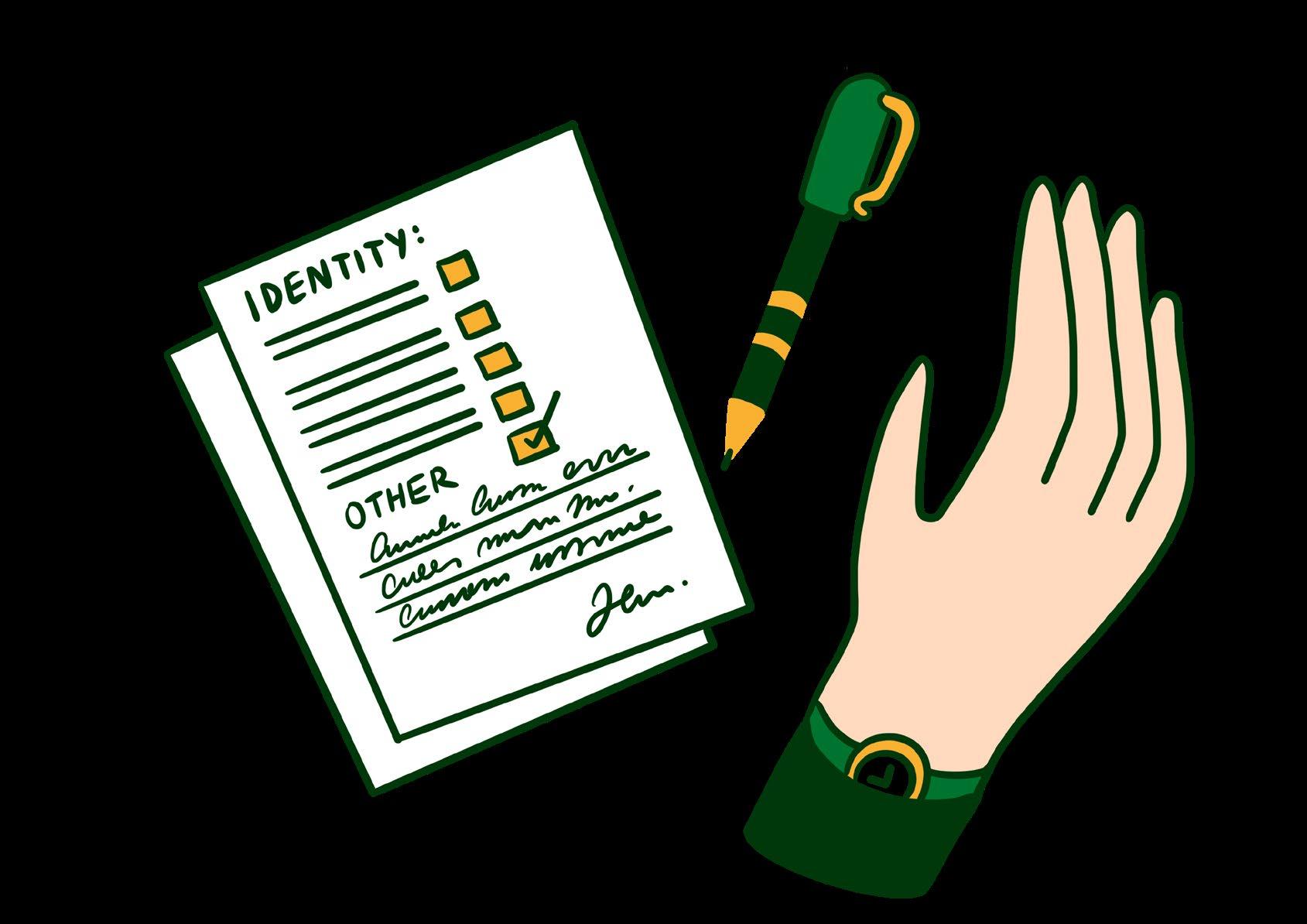
At my doctor’s surgery they do have Roma Gypsy plus Irish Traveller … they have it at her playschool .. they don’t have it at the school … but they do ask you [parent/carer/member of family group]
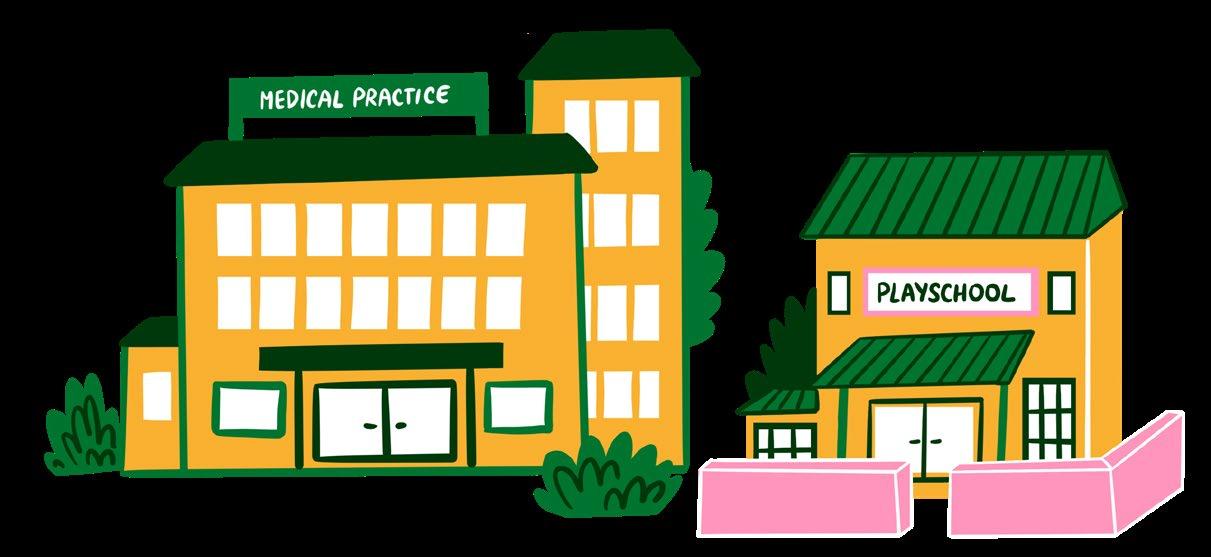
It’s not a really big deal but it just would be nice if it was on ... other races have it .. why can’t we? [young person]
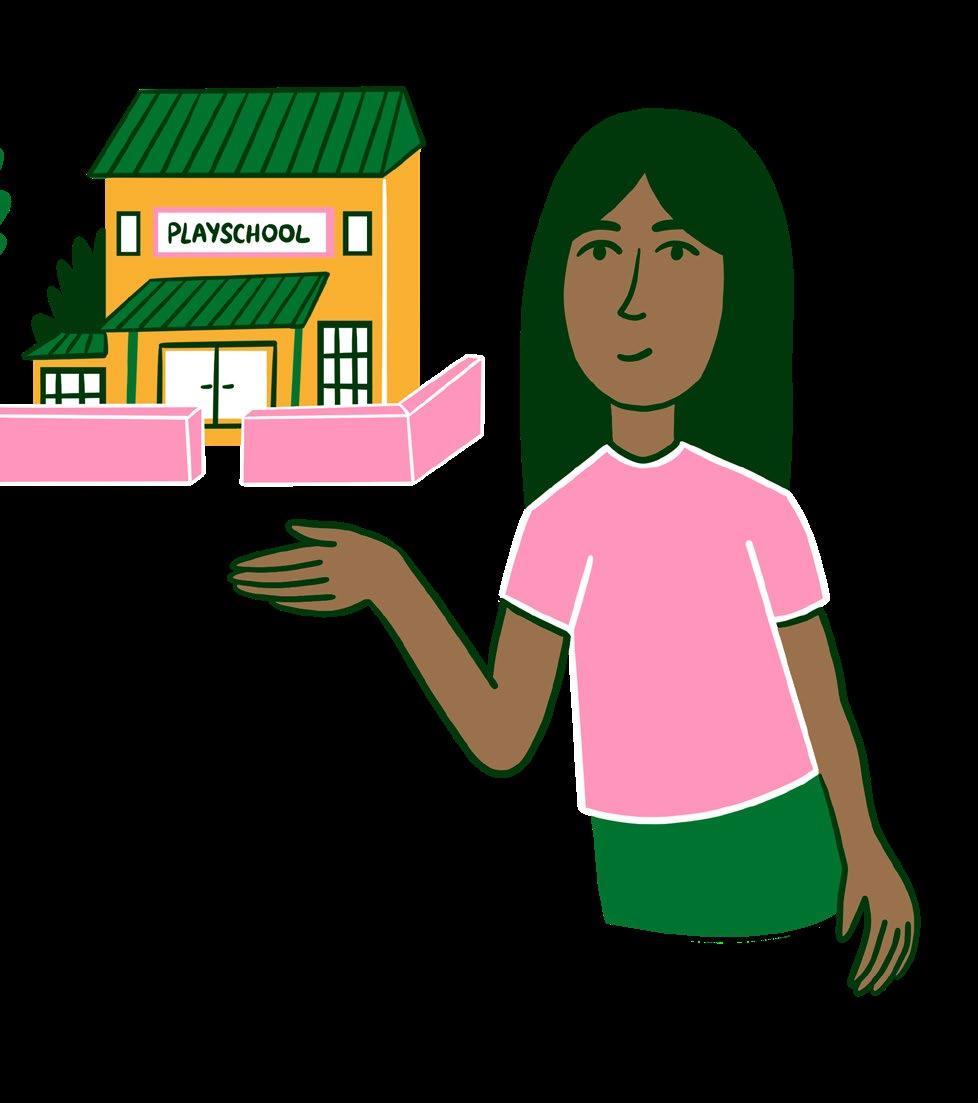
What can be done?
Participants’ feedback and suggestions point to a number specific recommendations and initiatives that could help to make things better for children and young people from the Gypsy, Traveller and Roma communities and their families.
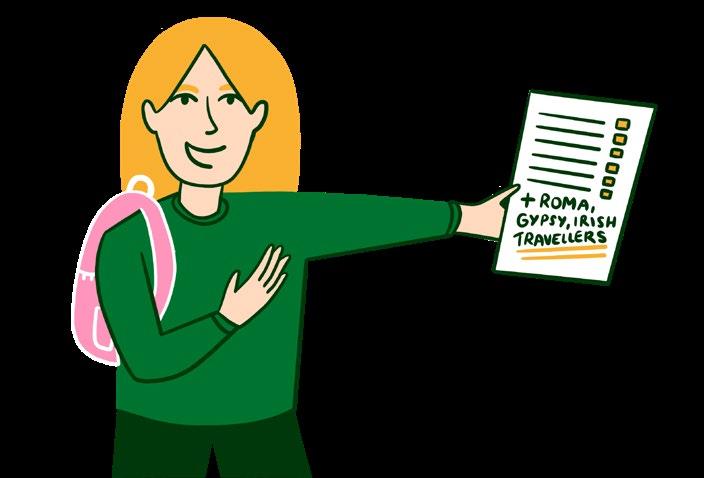
1. 4.
2. 3. 5. 6. 7. 8. 9.
more subject and curriculum focus on life skills, skills required for work and the real world

16+ transitions (and 14+ in some cases) - being able to combine more practical options with core qualifications such as maths and English
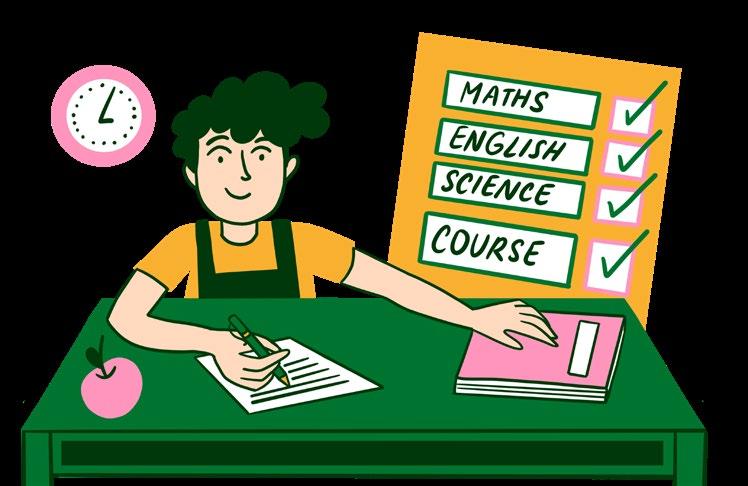
more work experience opportunities in year 10
more support for children and young people at all levels of education with special educational needs and disabiliites
Initiatives to build up better relationships with parents and carers

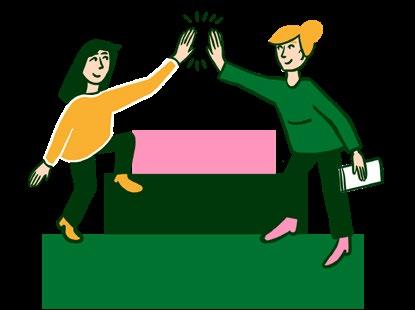
More support for home education and for improved home working environments (including pandemic catch up measures reaching all children and young people from the Gypsy, Traveller and Roma communities and digital access issues)
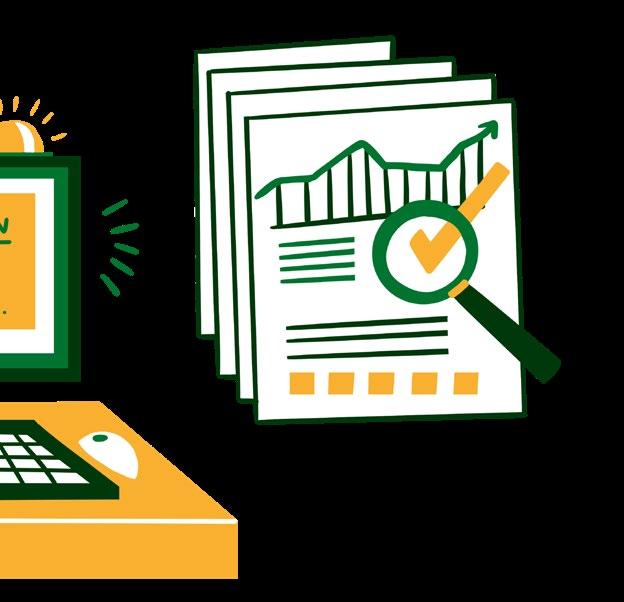
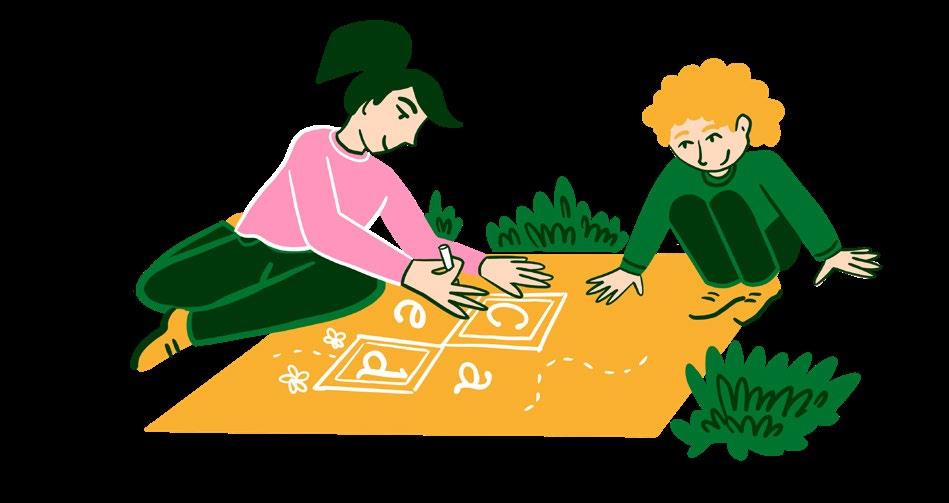
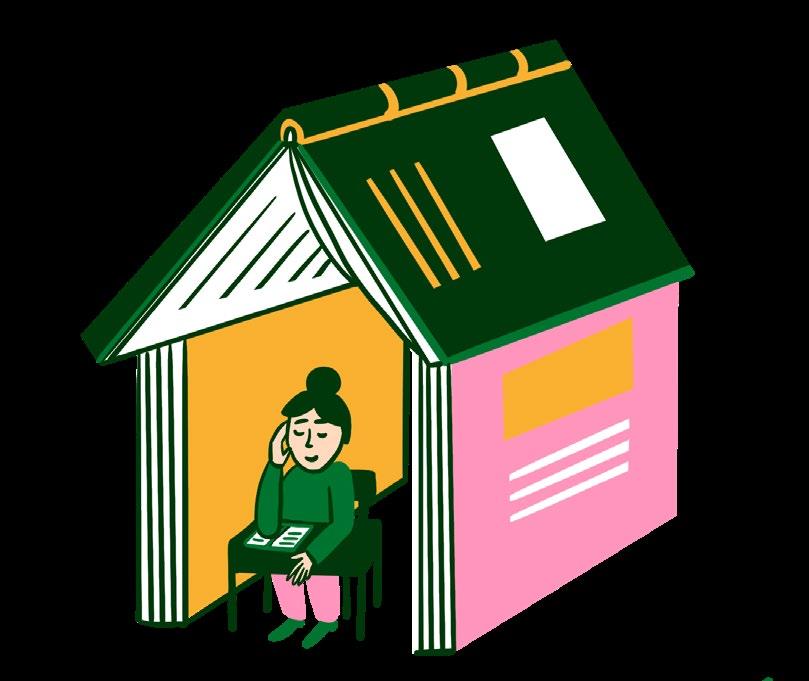
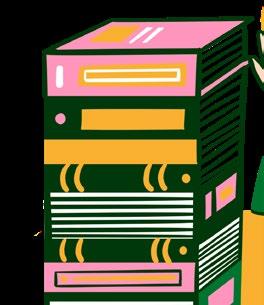
anti bullying strategies and cultural awareness training for teachers
no recording of identity without choice and consent
better more inclusive data
What can you do right now?
Help us stop data exclusion.
Share this info-comic: bit.ly/GTR-Comic
Find out more about the research: bit.ly/GTR-LSE
Access FFT training and resources for teachers: www.gypsy-traveller.org
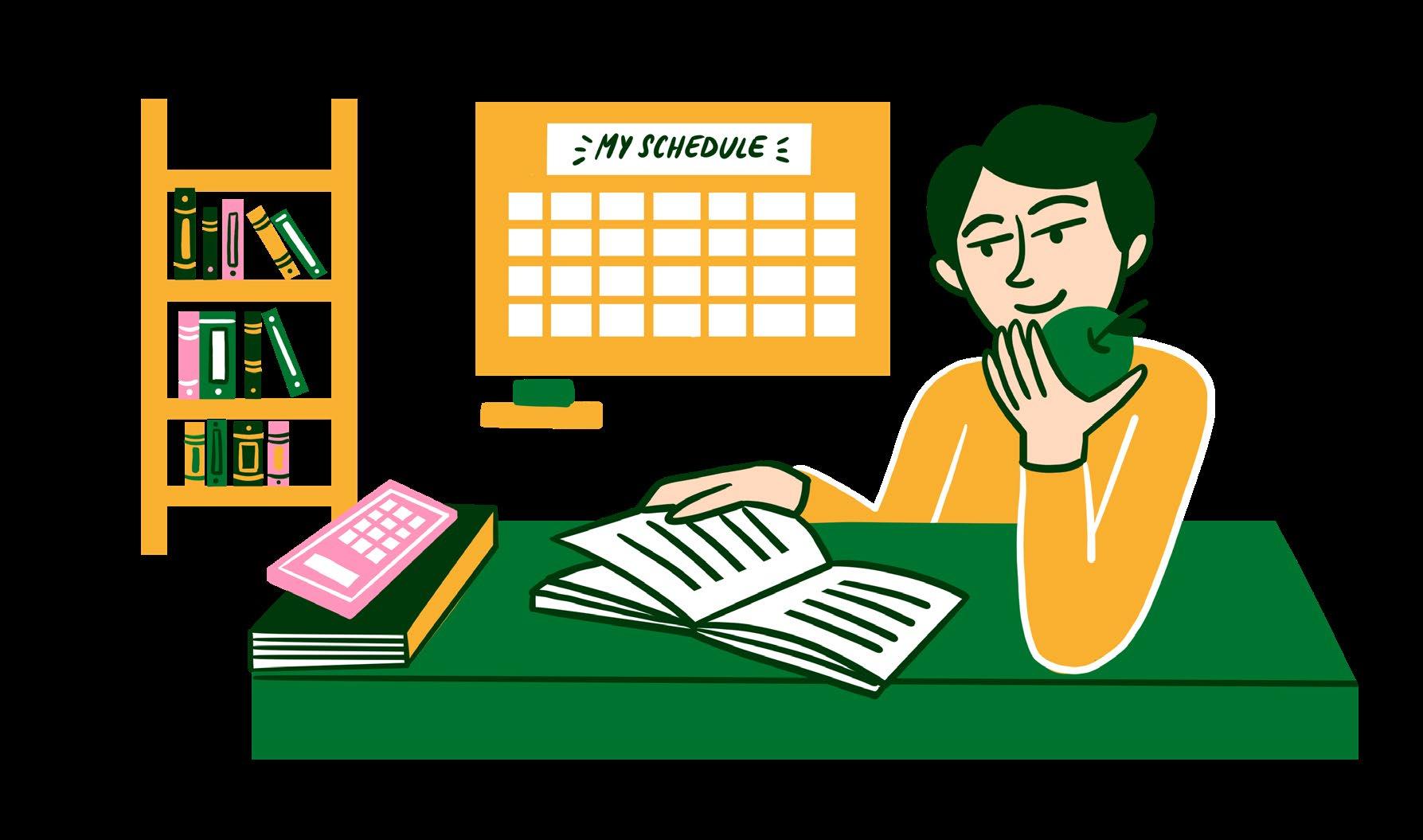
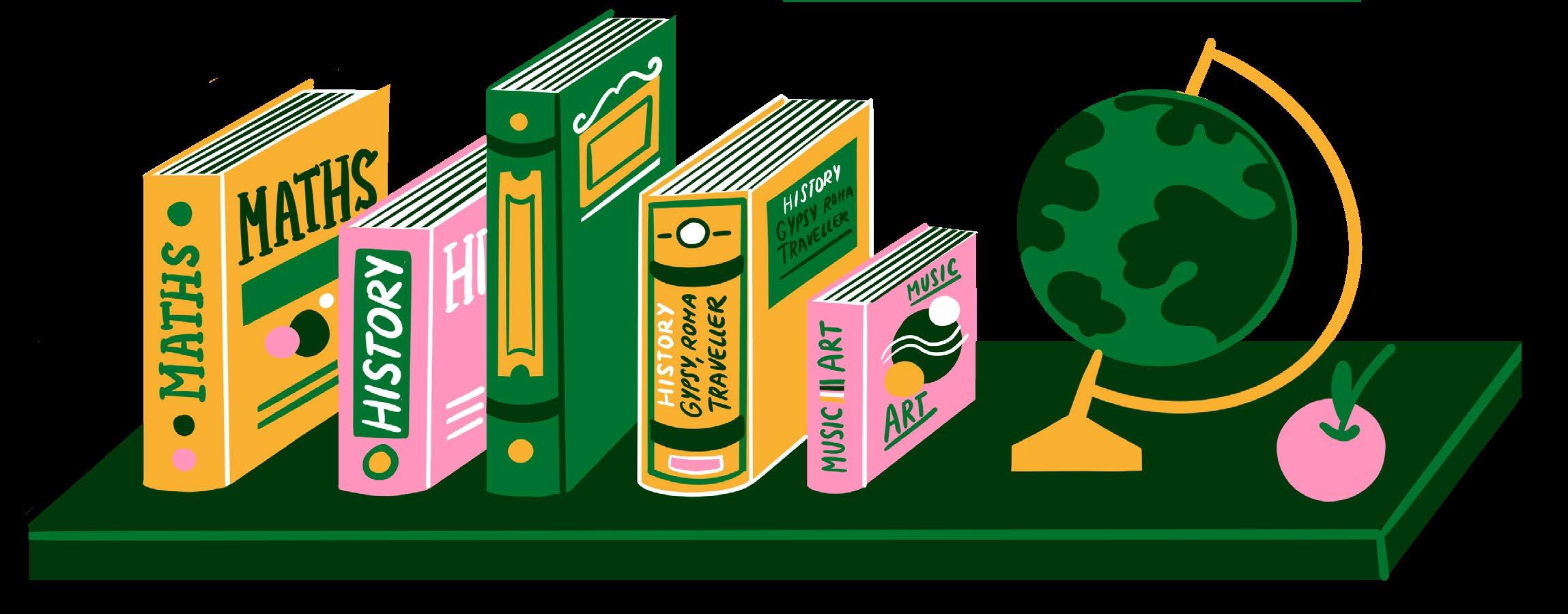
Acknowledgements

This work was supported by ADR UK (Administrative Data Research UK), an Economic and Social Research Council (ESRC) investment (part of UK Research and Innovation) [Grant number: ES/V001272/1] and by a LSE Research and Impact Support award. We are extremely grateful to participants at two engagement workshops held in July 2022 and to Margaret Greenfields and Tania Burchardt for specialist input and advice.


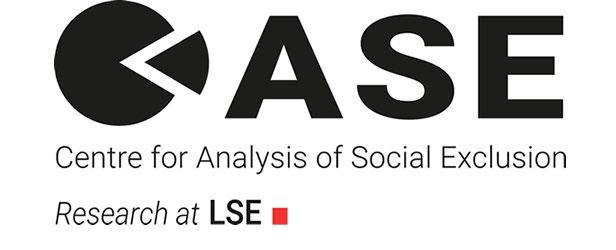
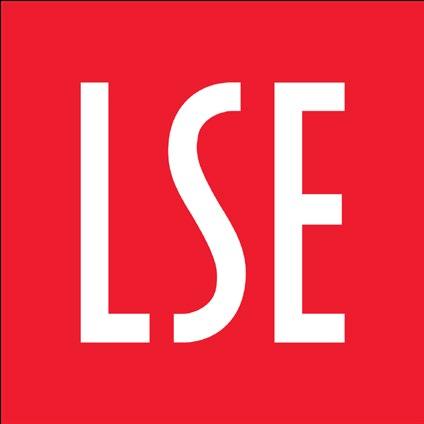 Designed by Nifty Fox Creative, 2023.
Designed by Nifty Fox Creative, 2023.




























































































 Designed by Nifty Fox Creative, 2023.
Designed by Nifty Fox Creative, 2023.









